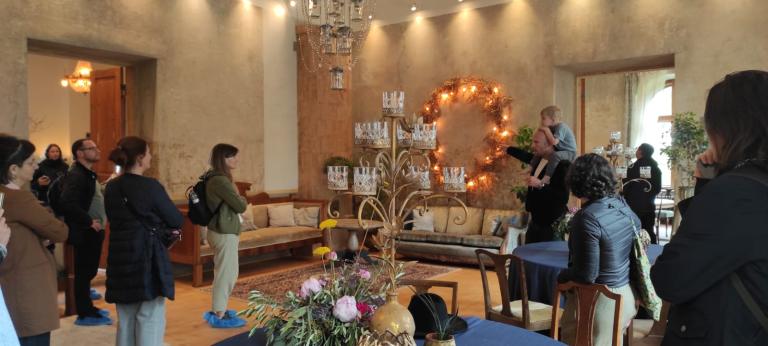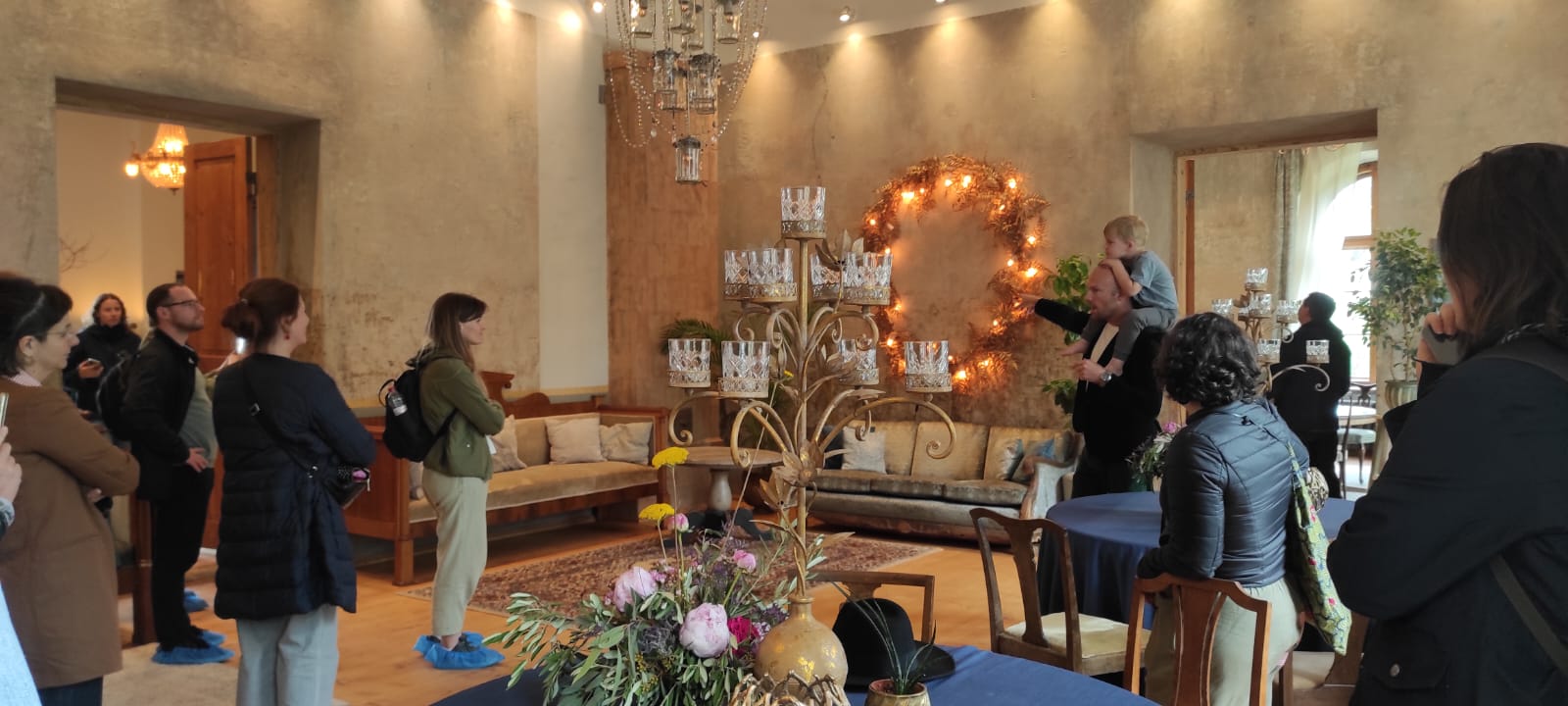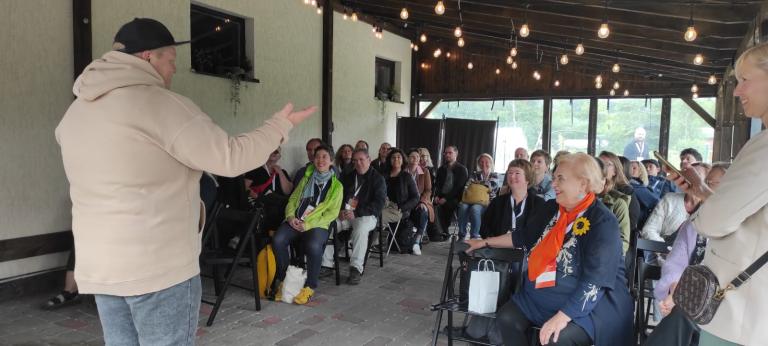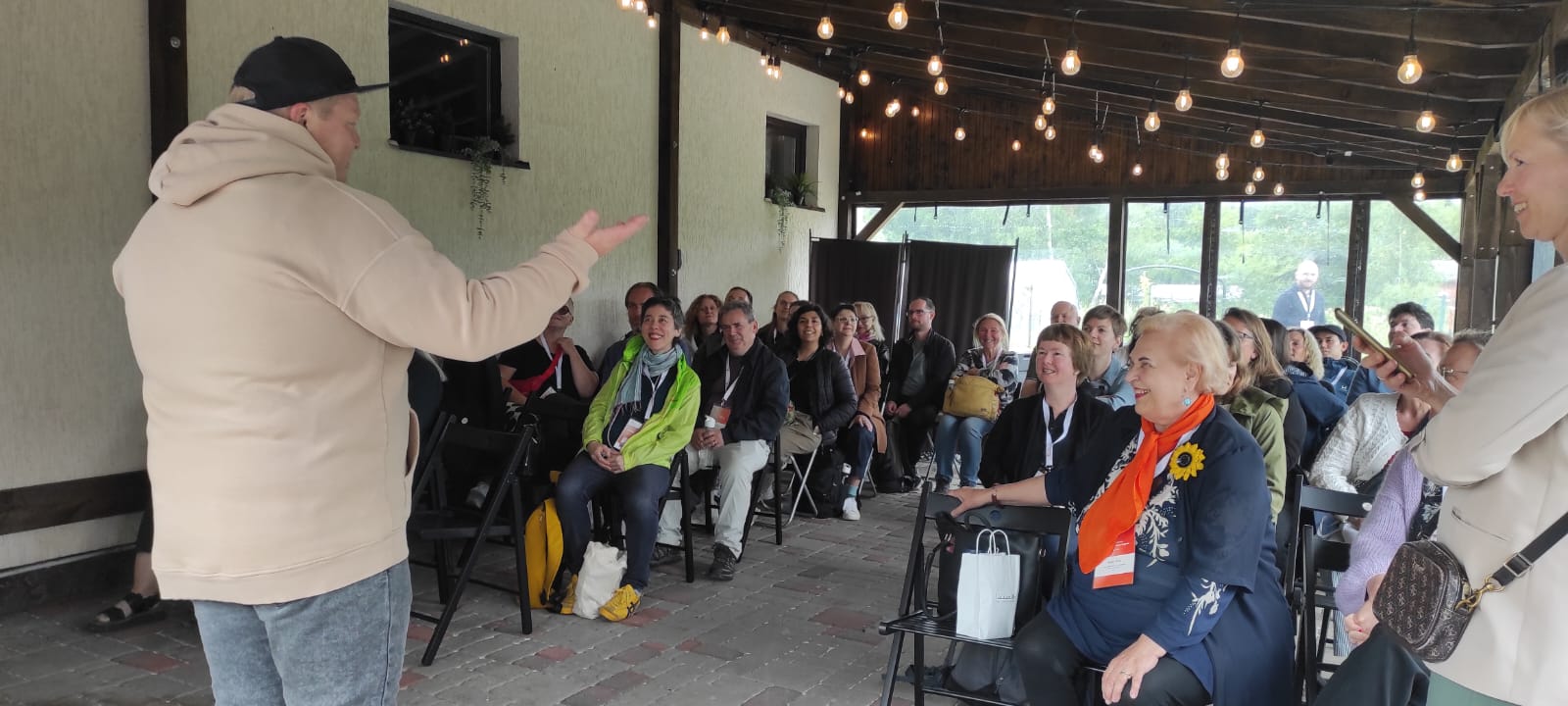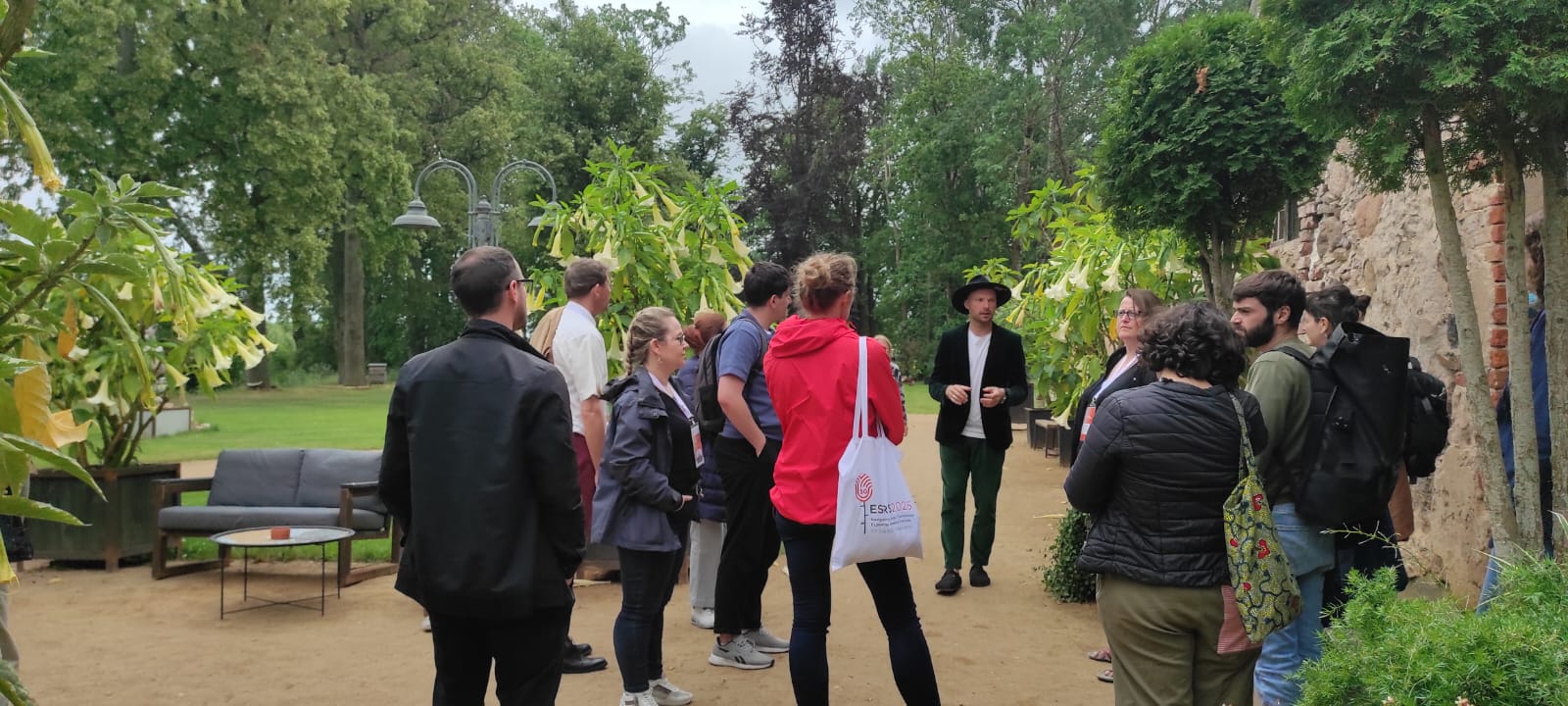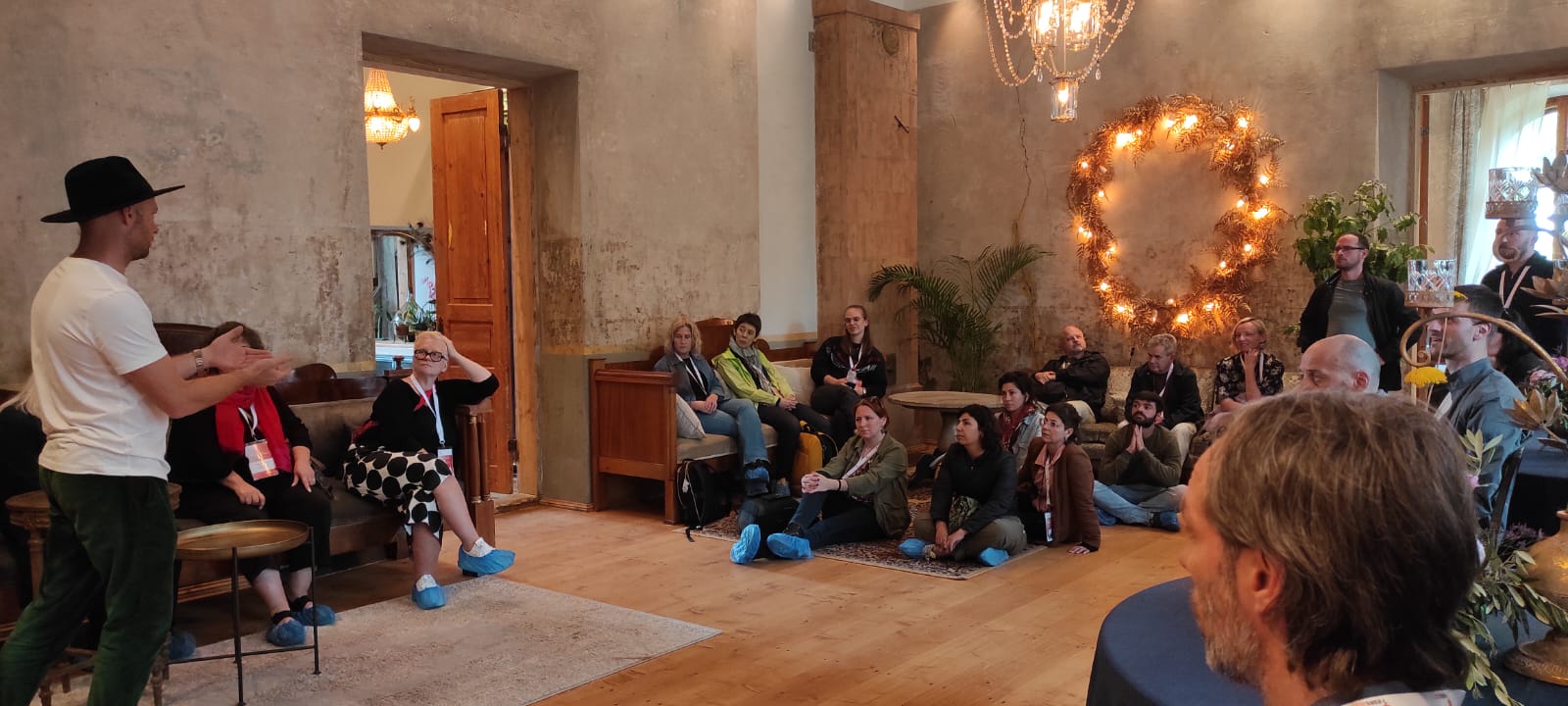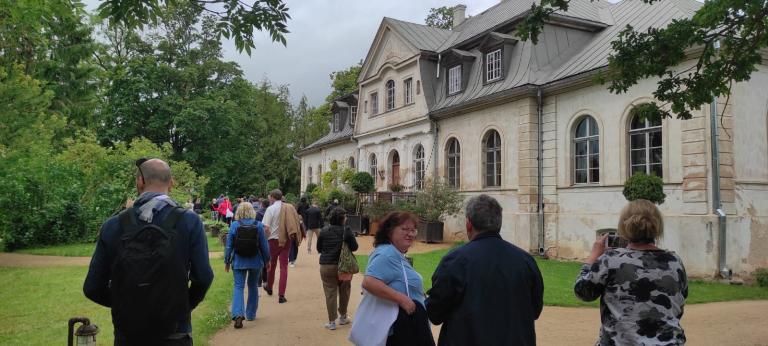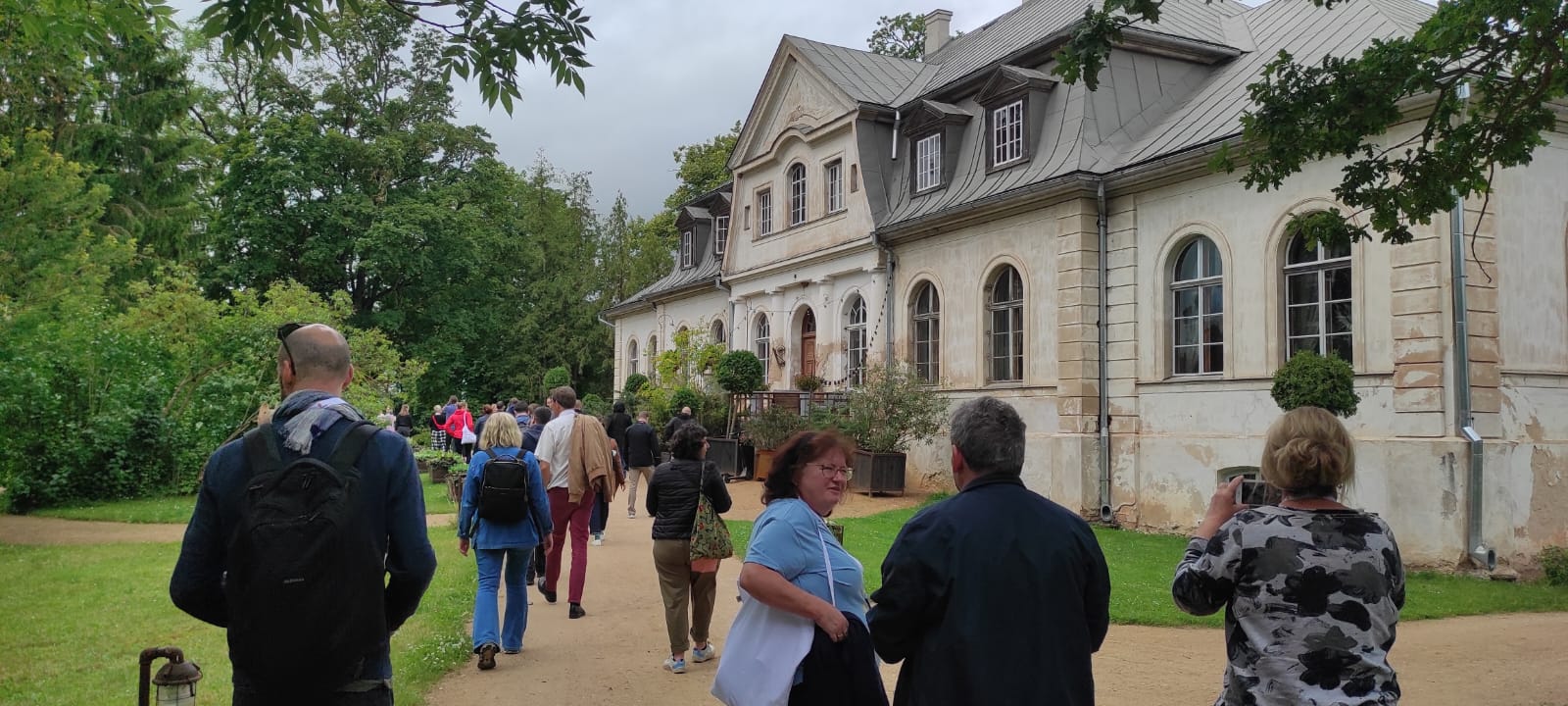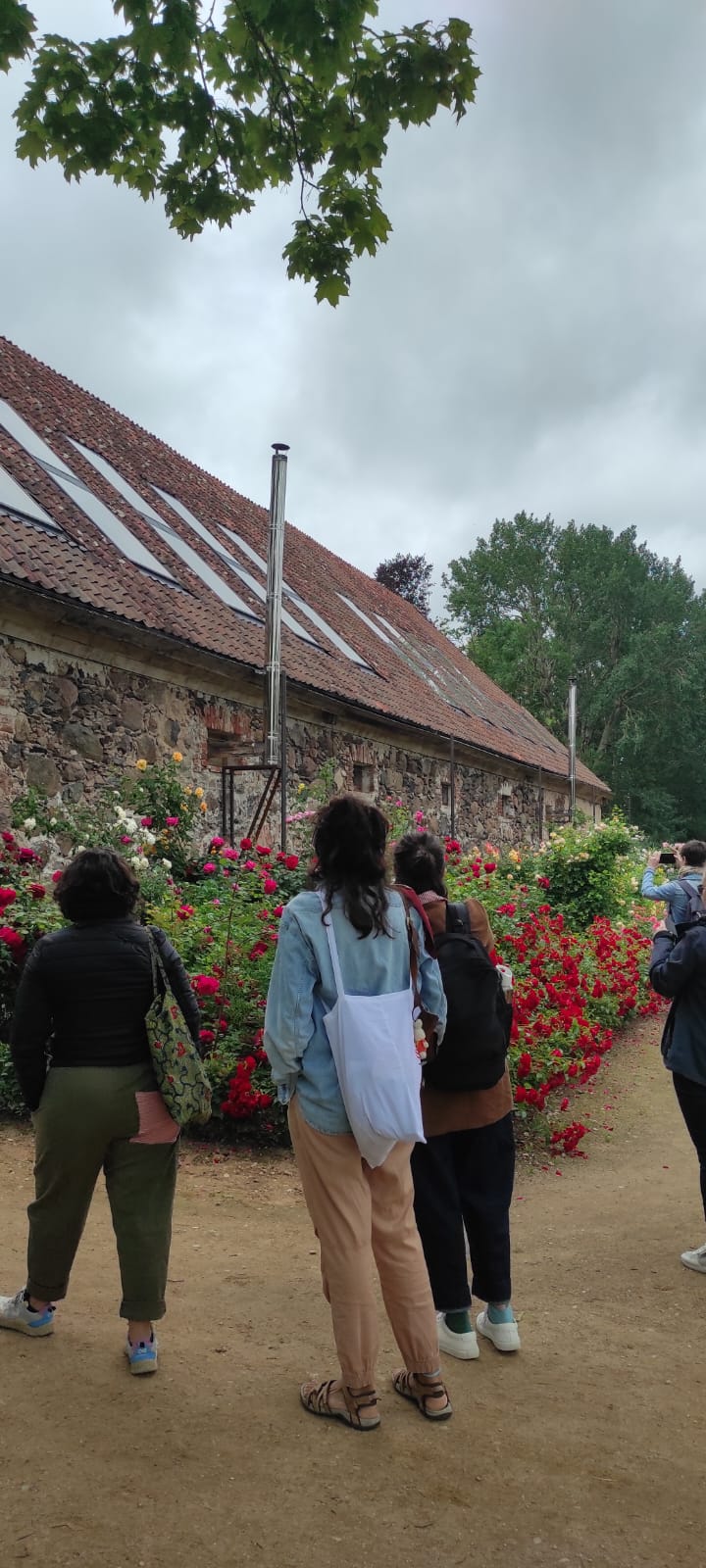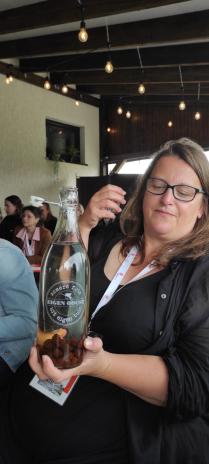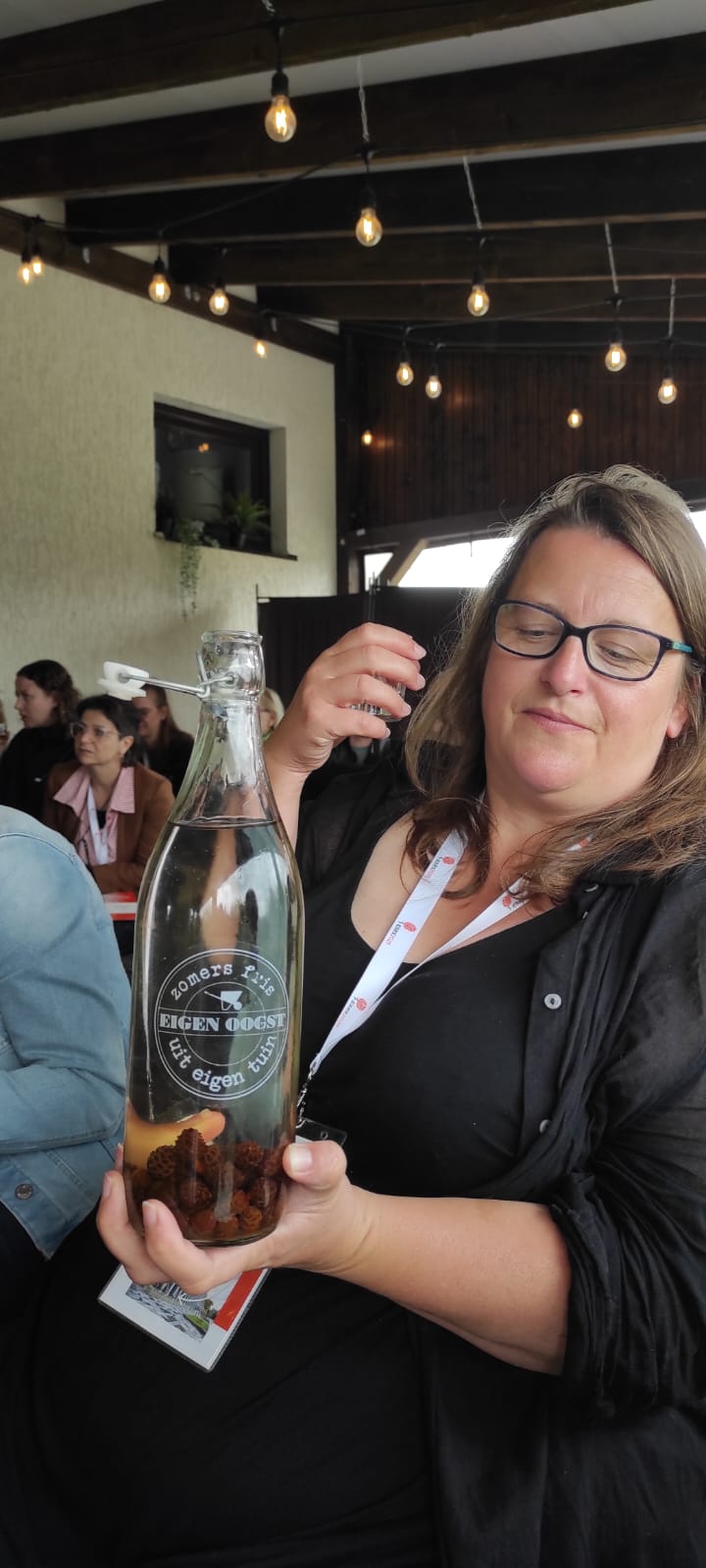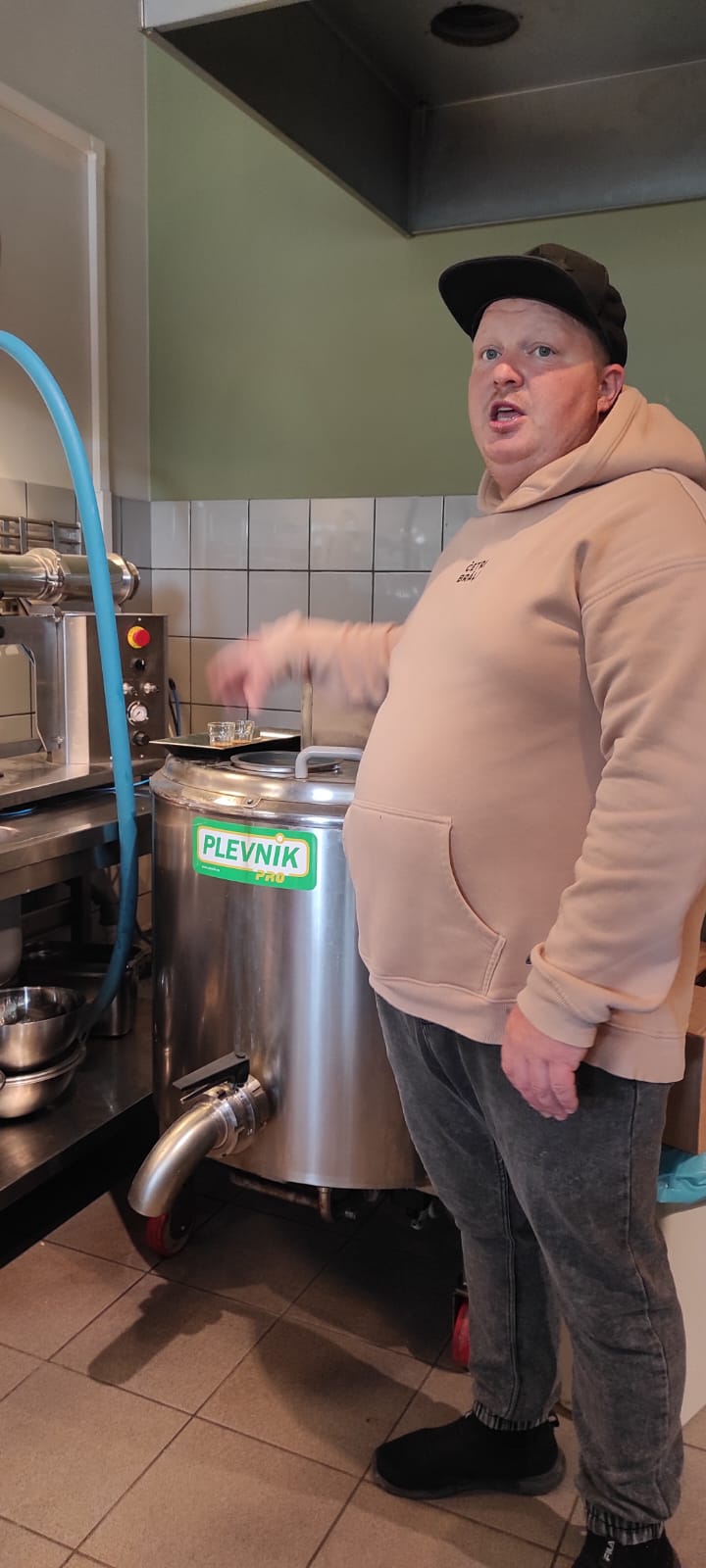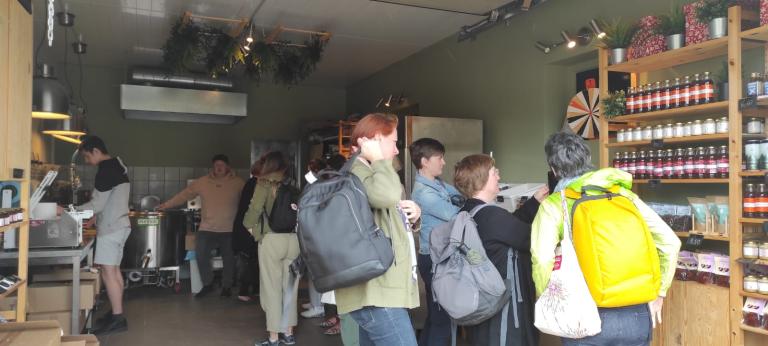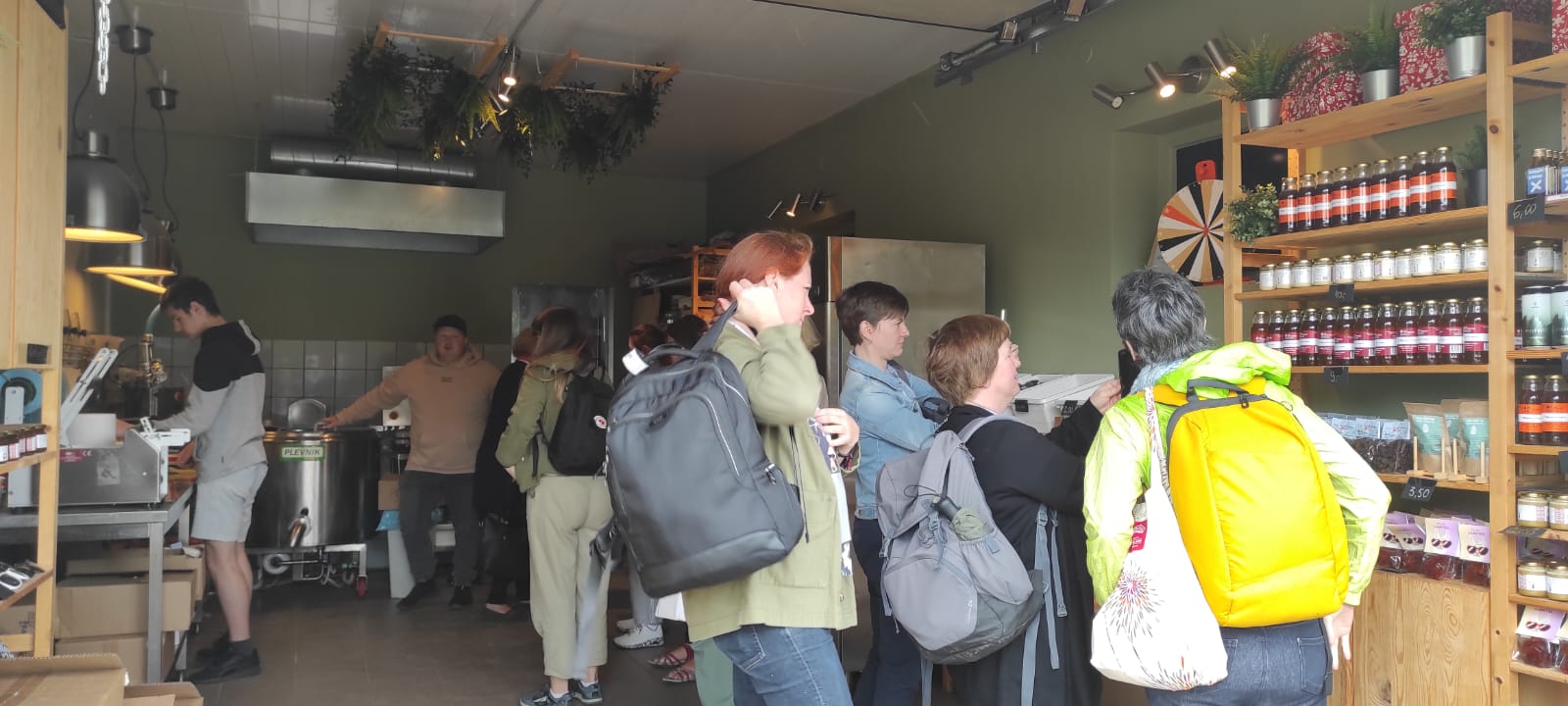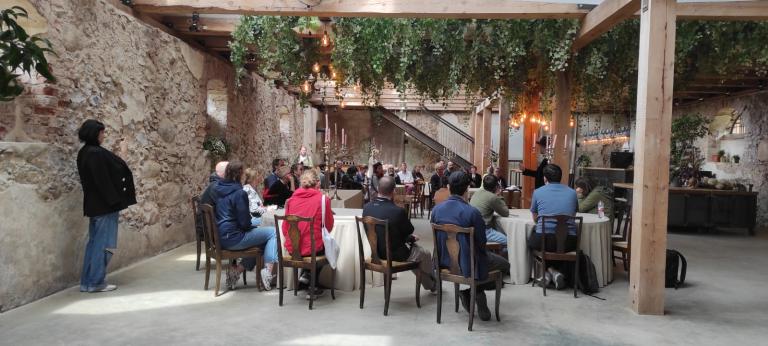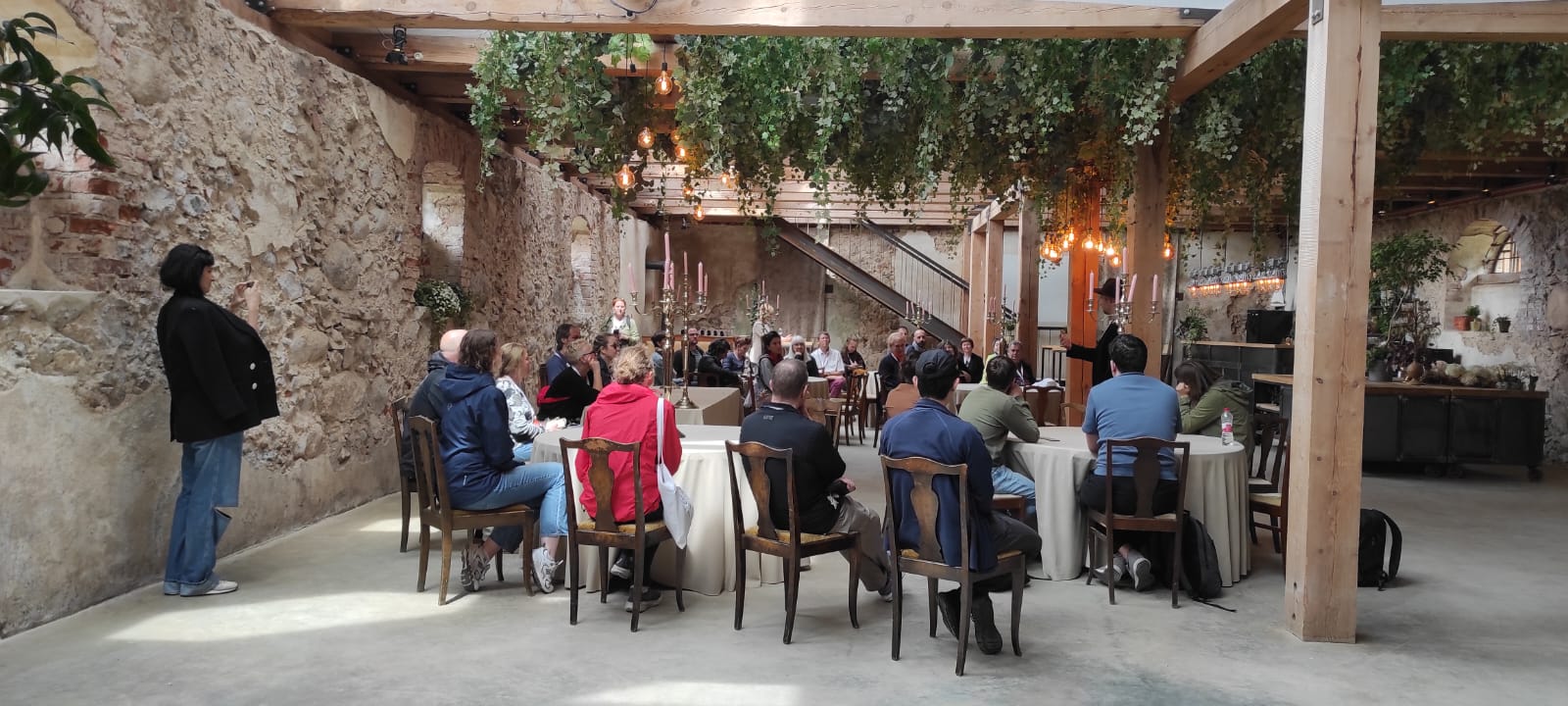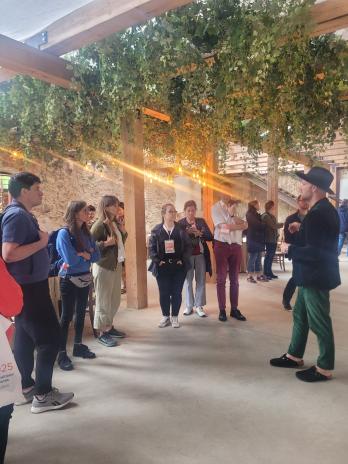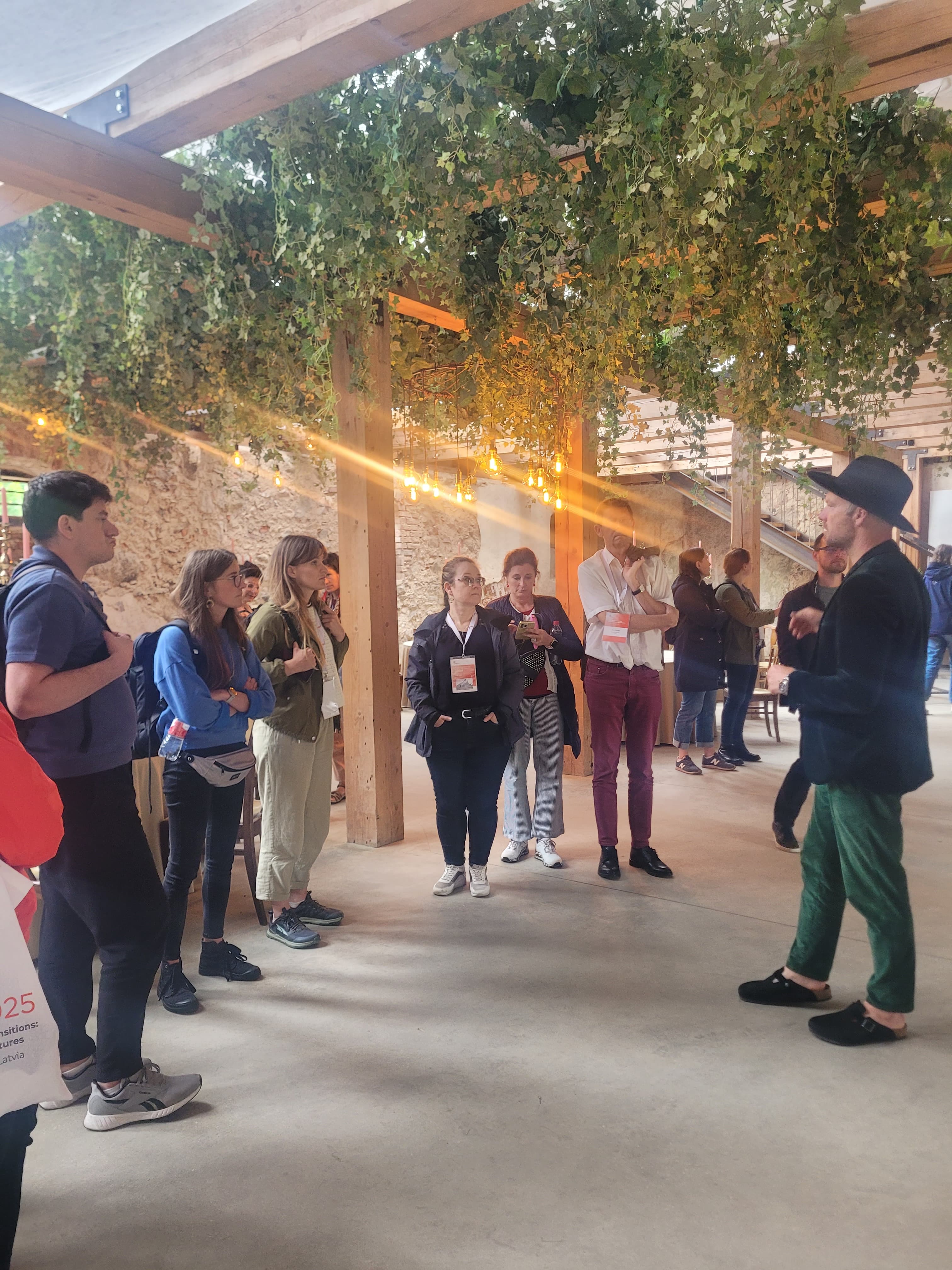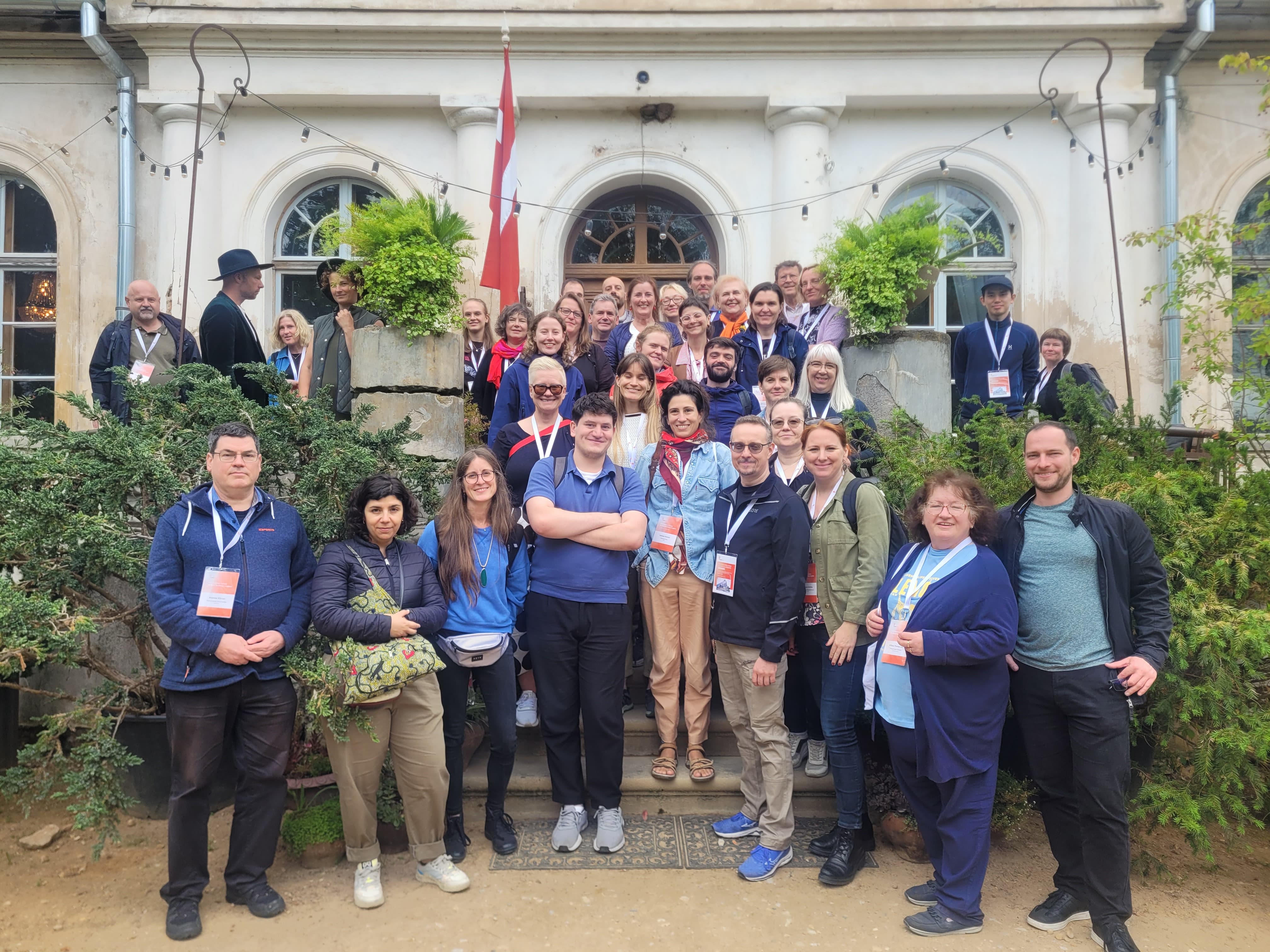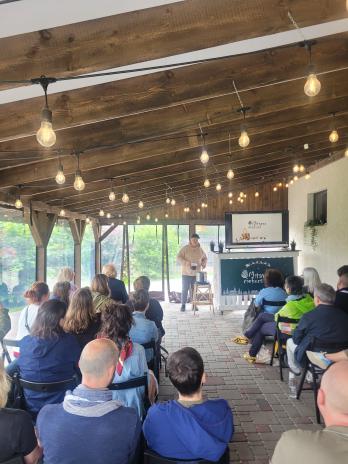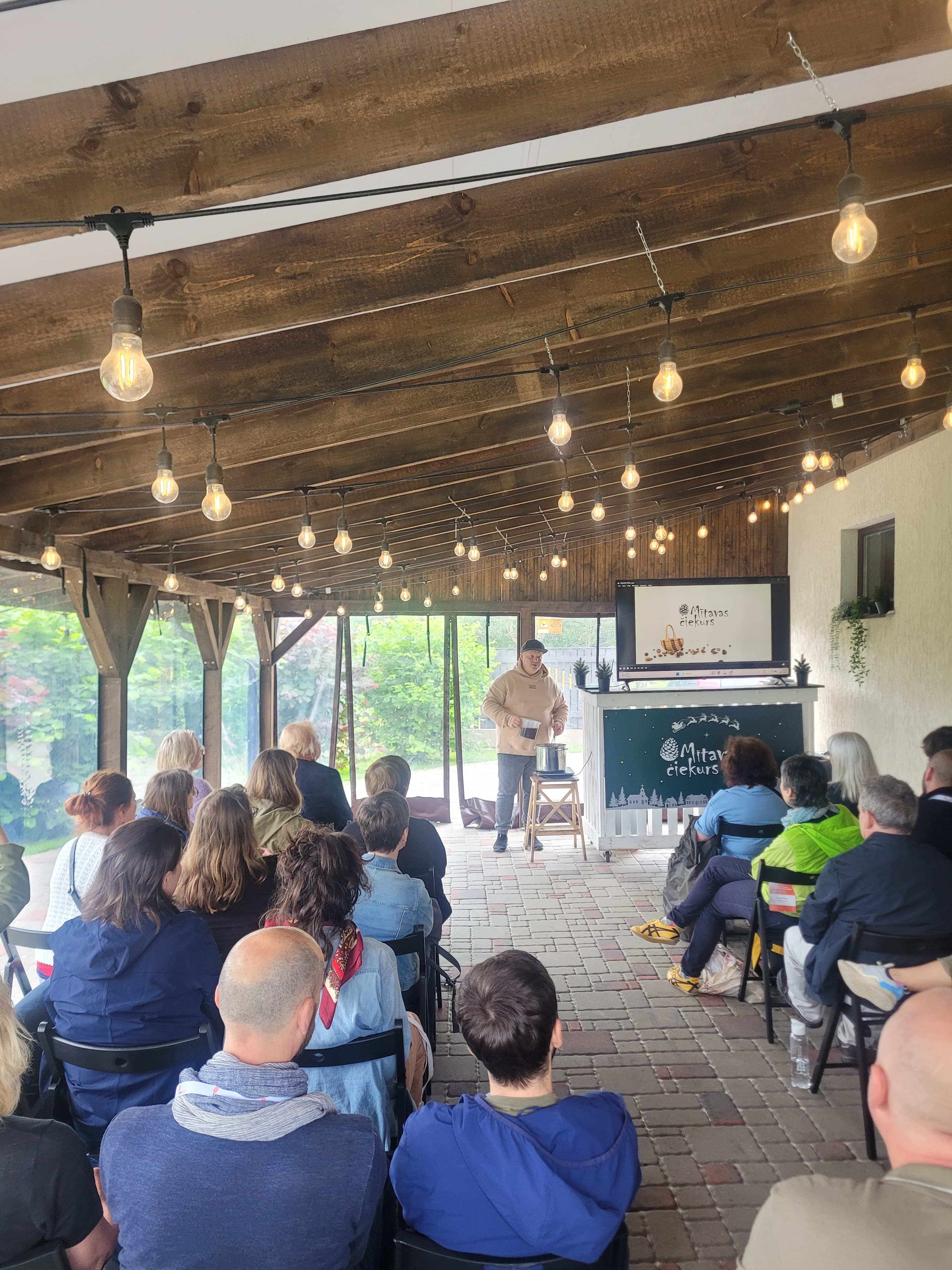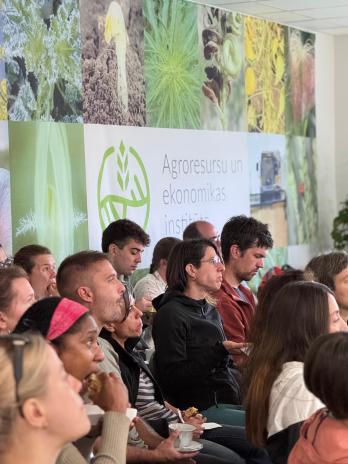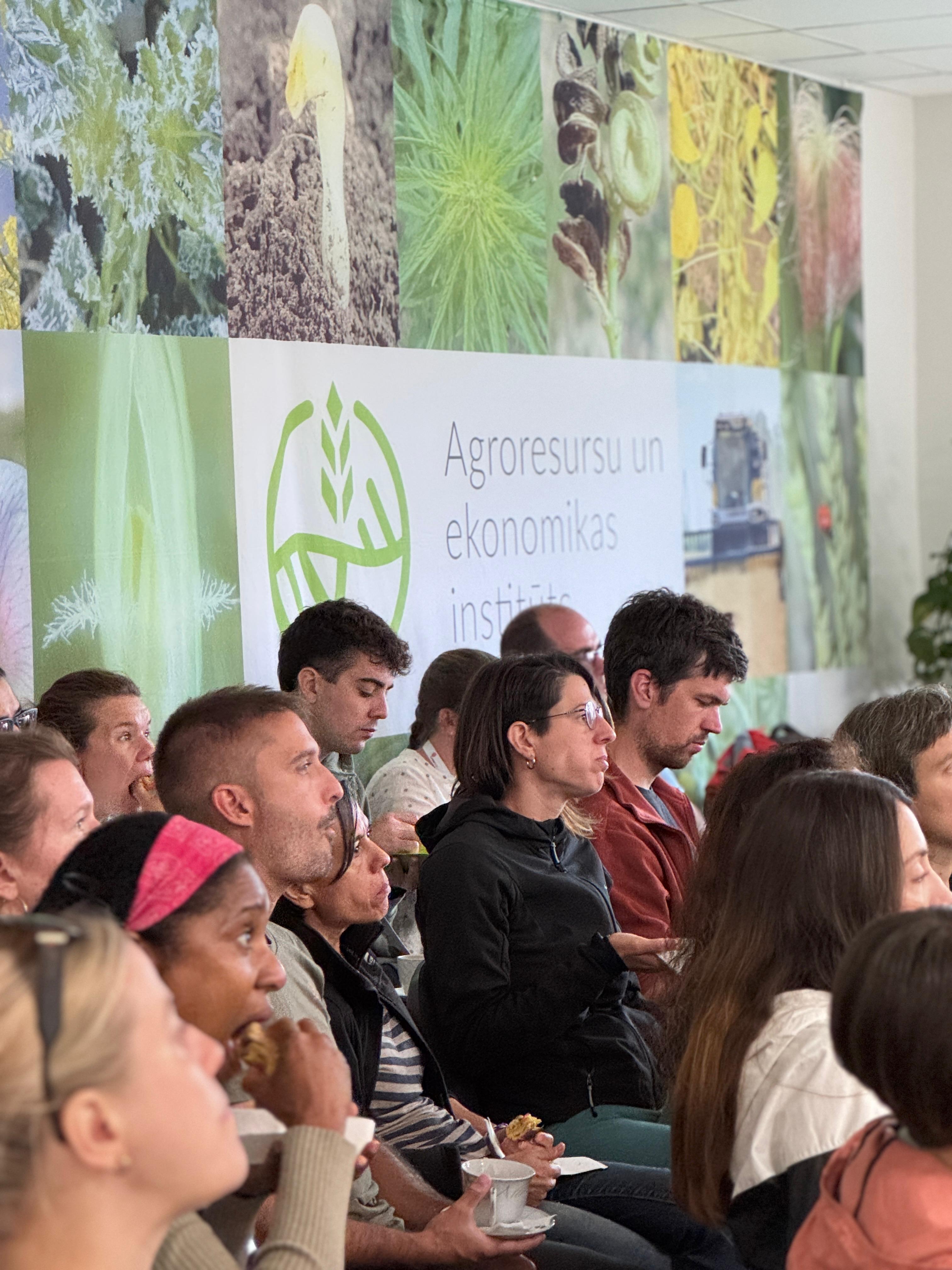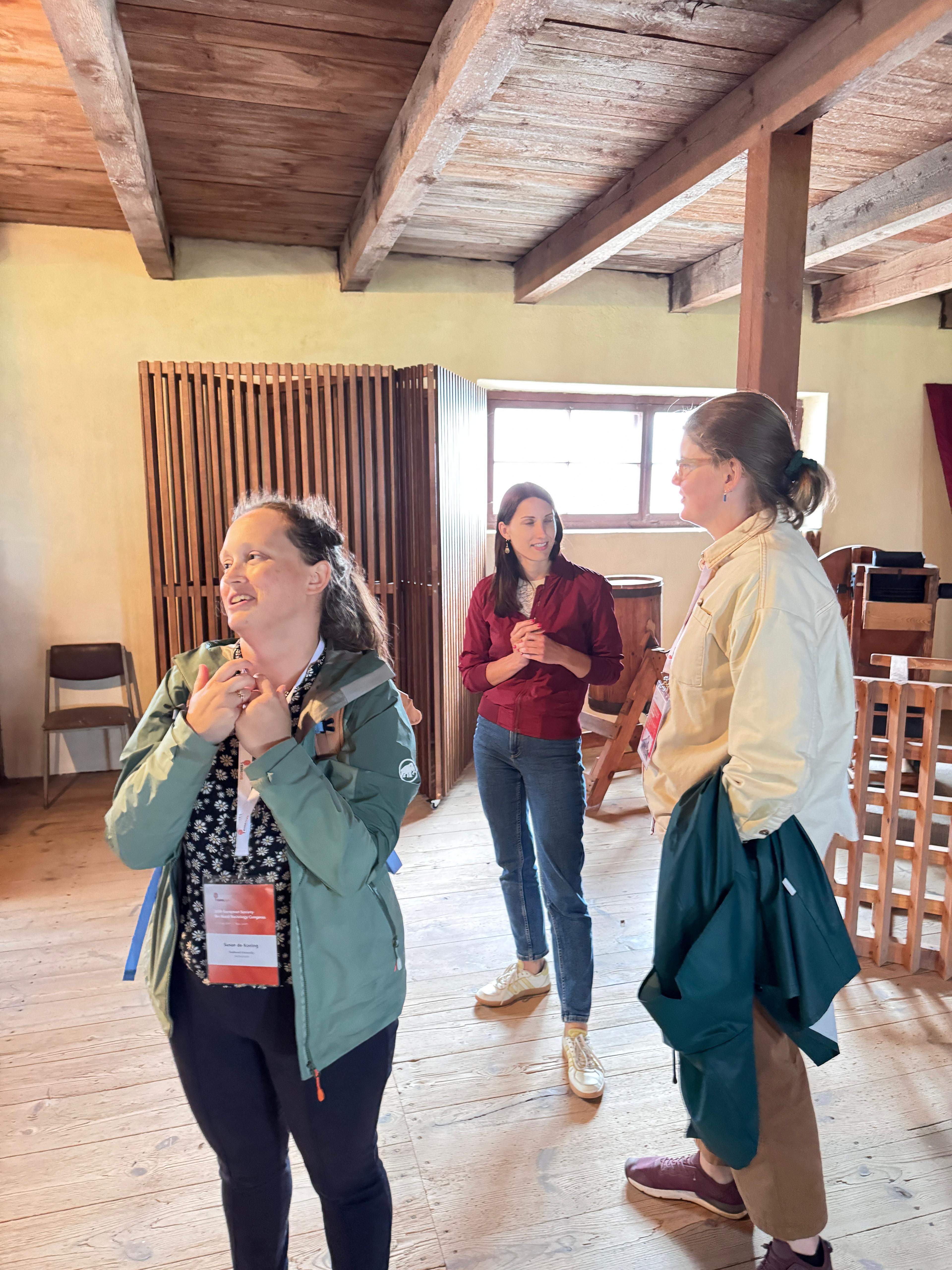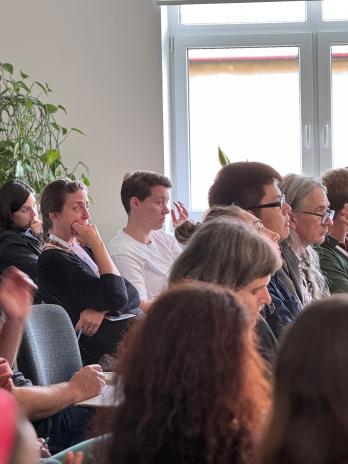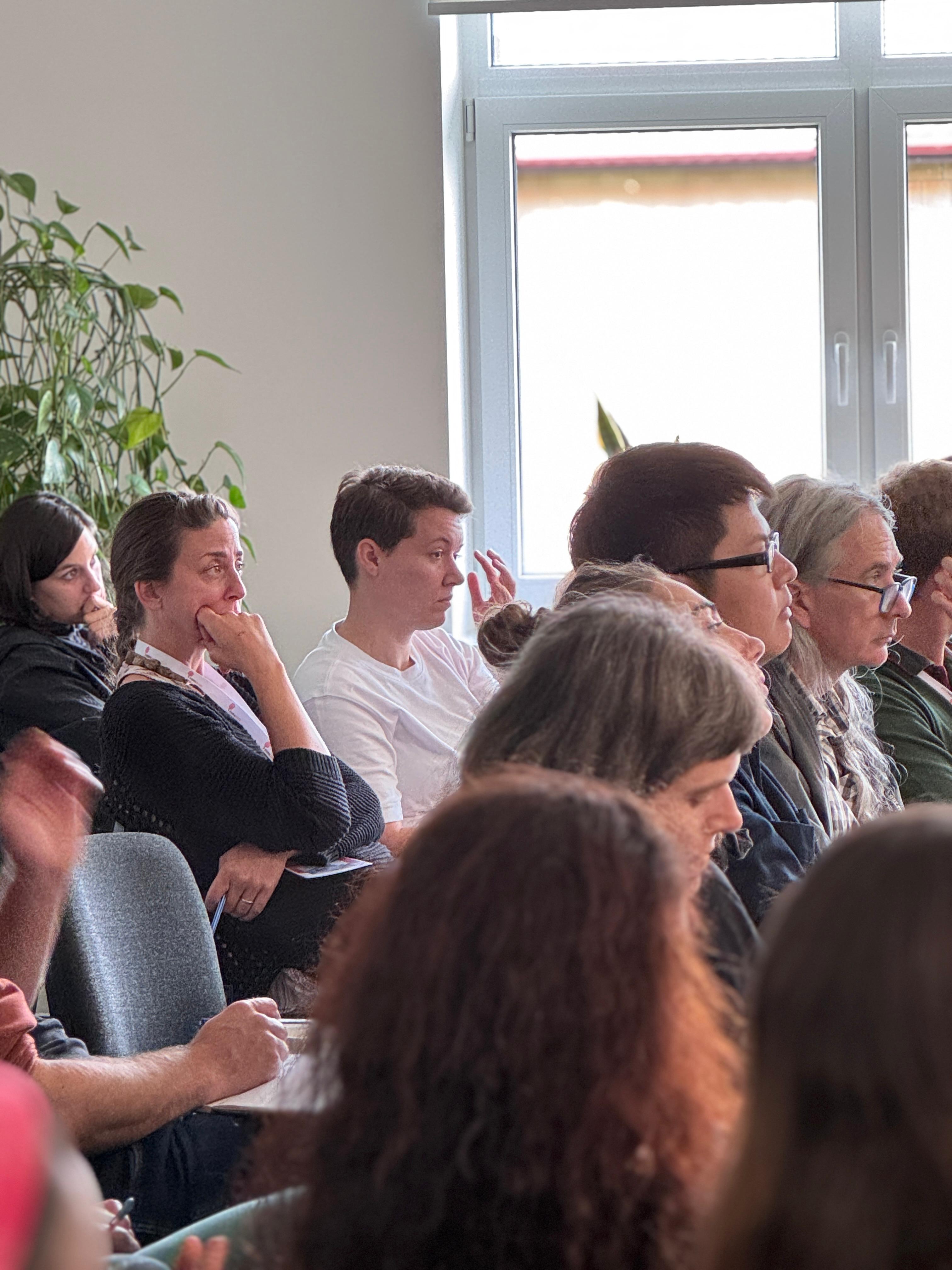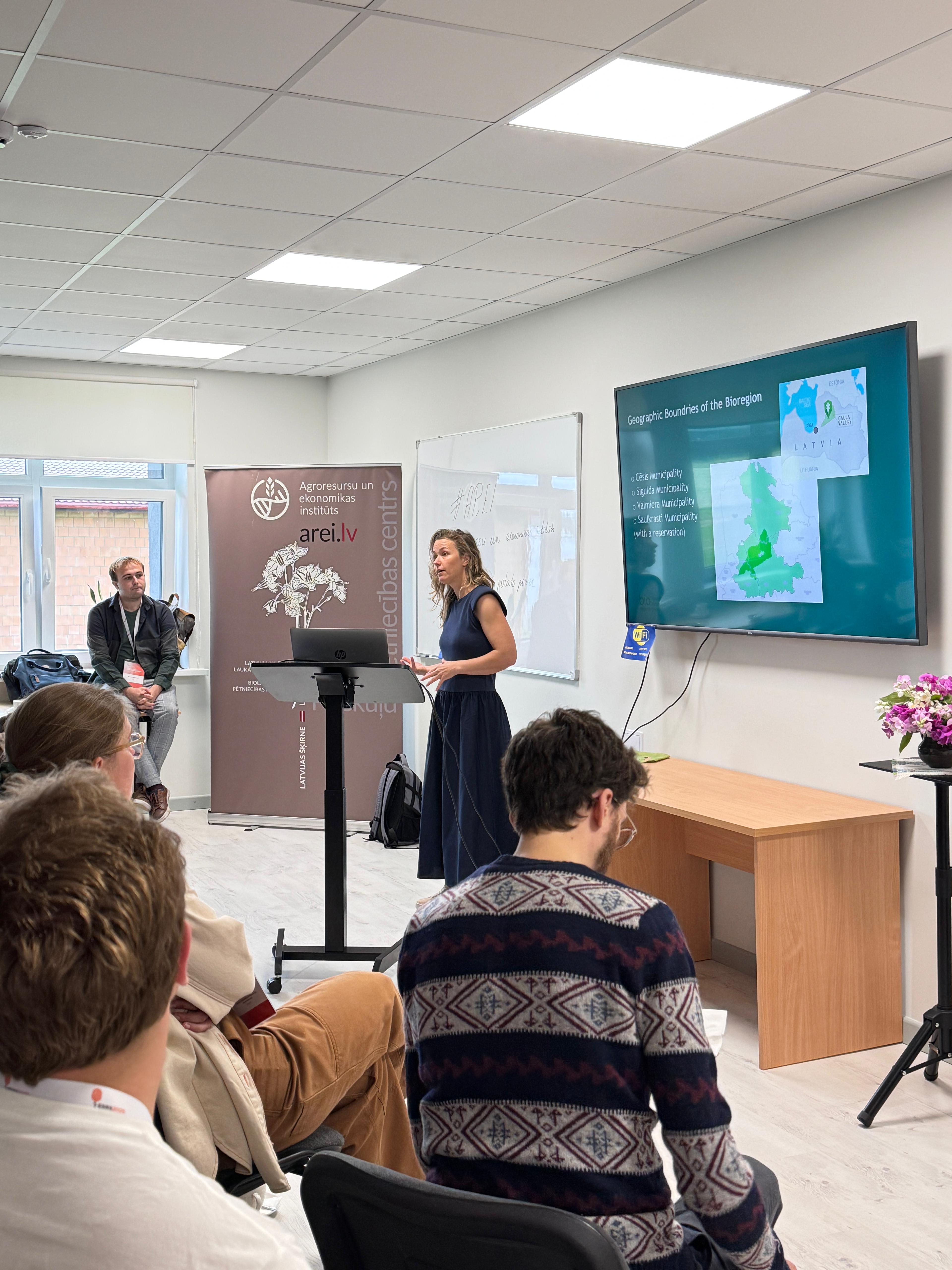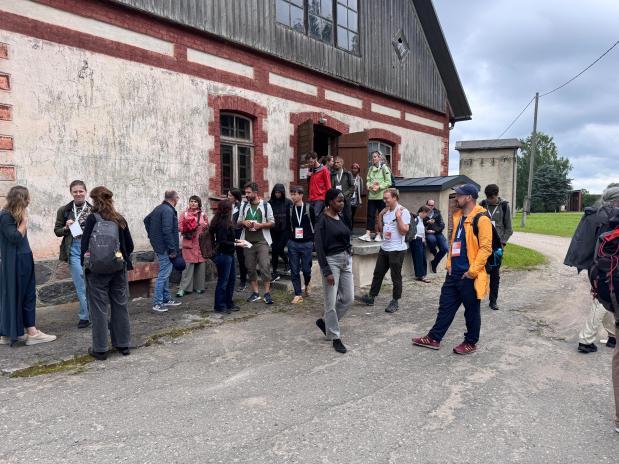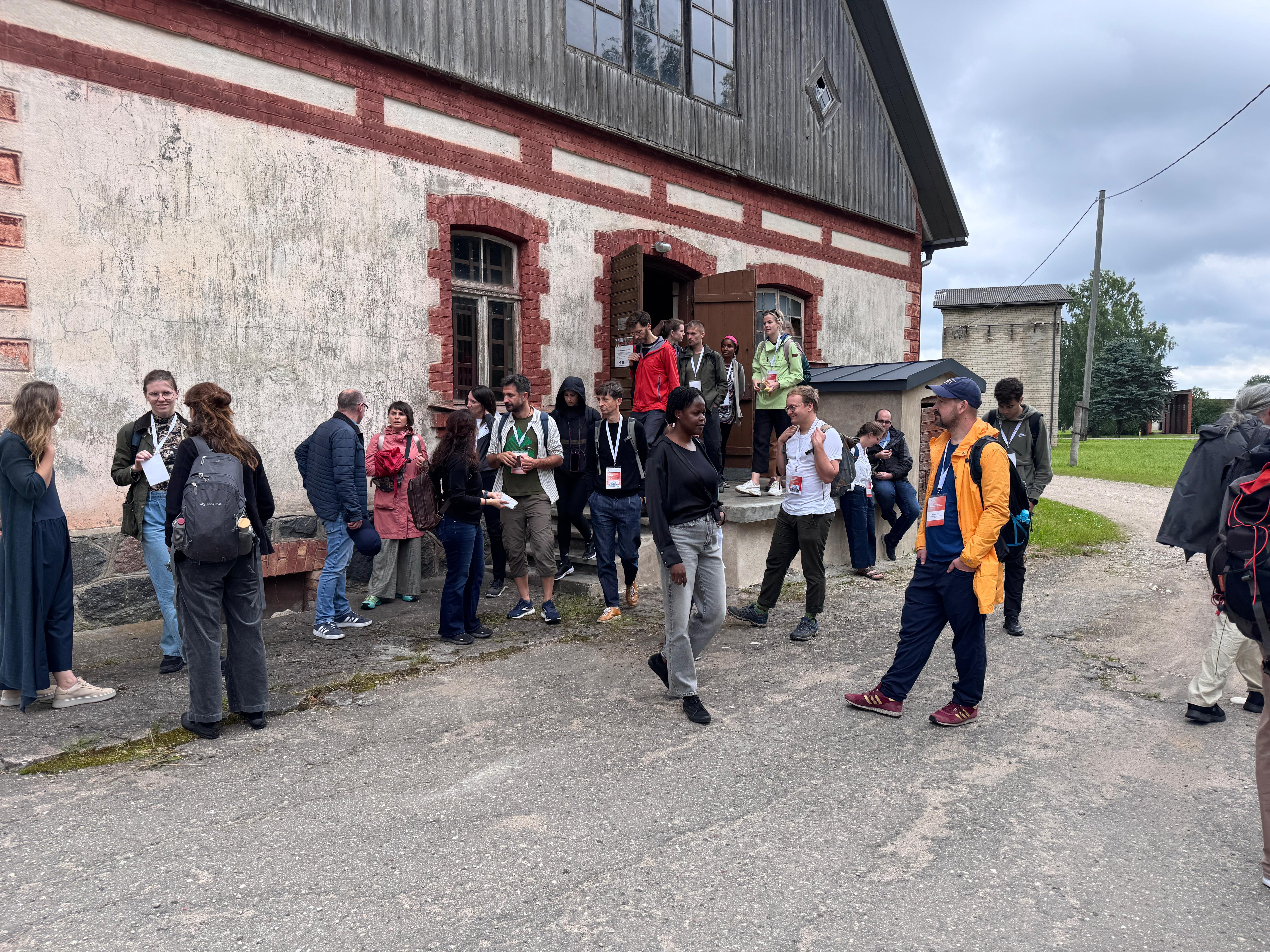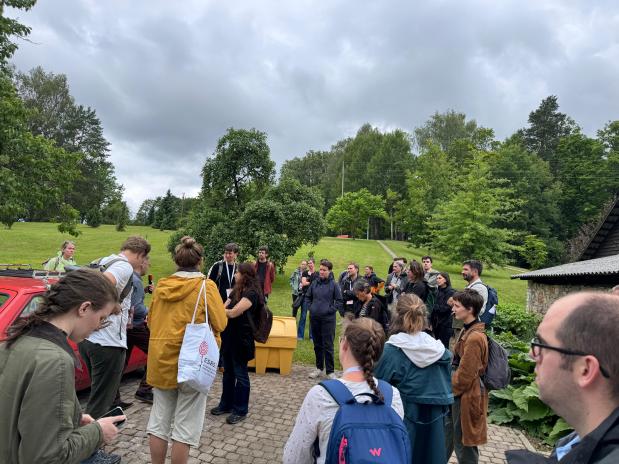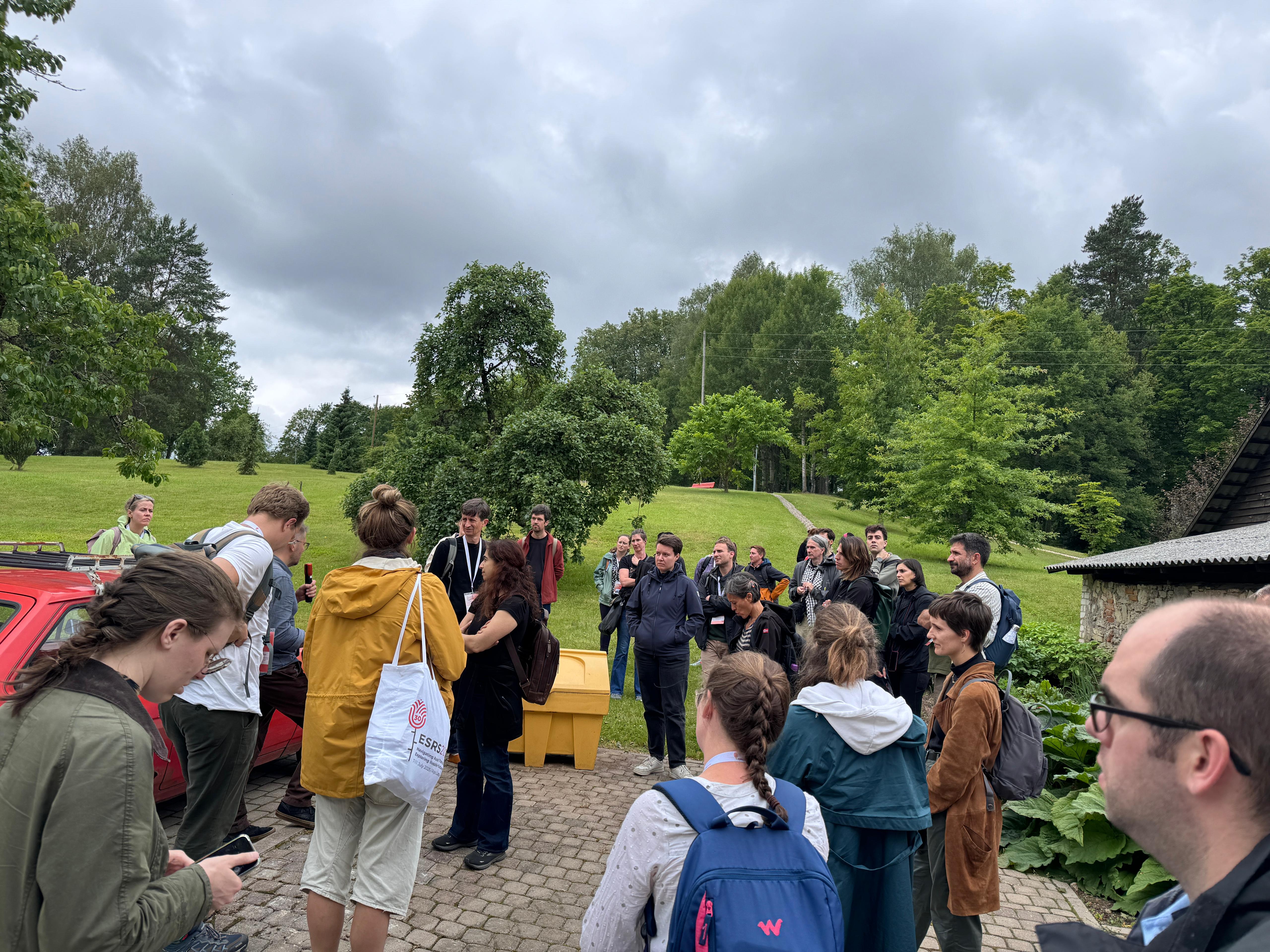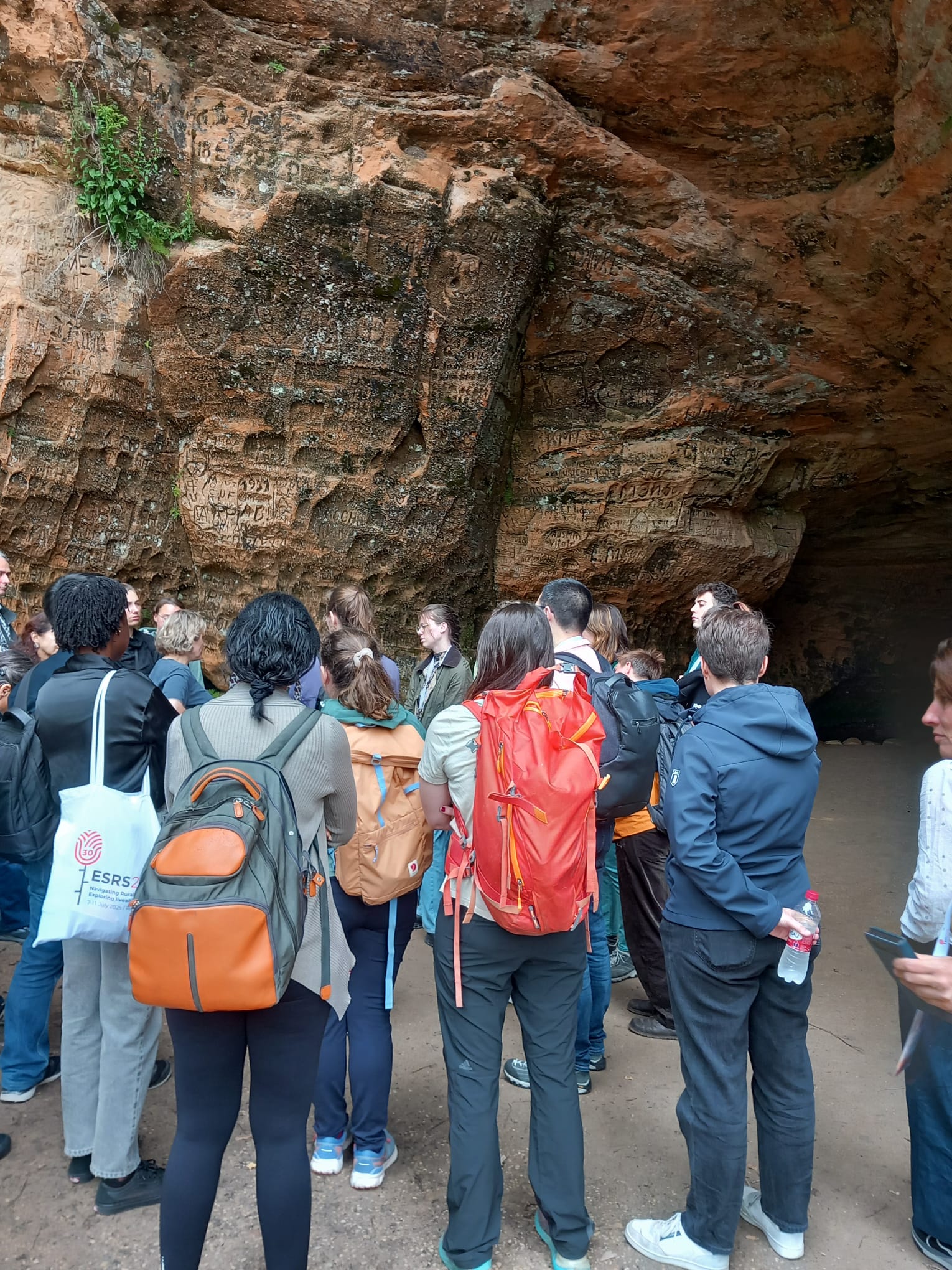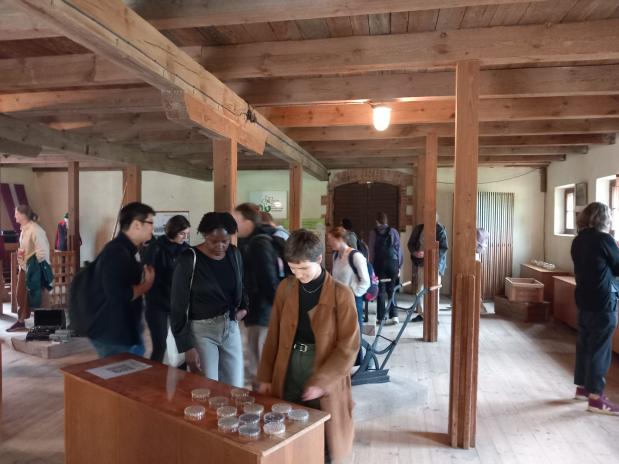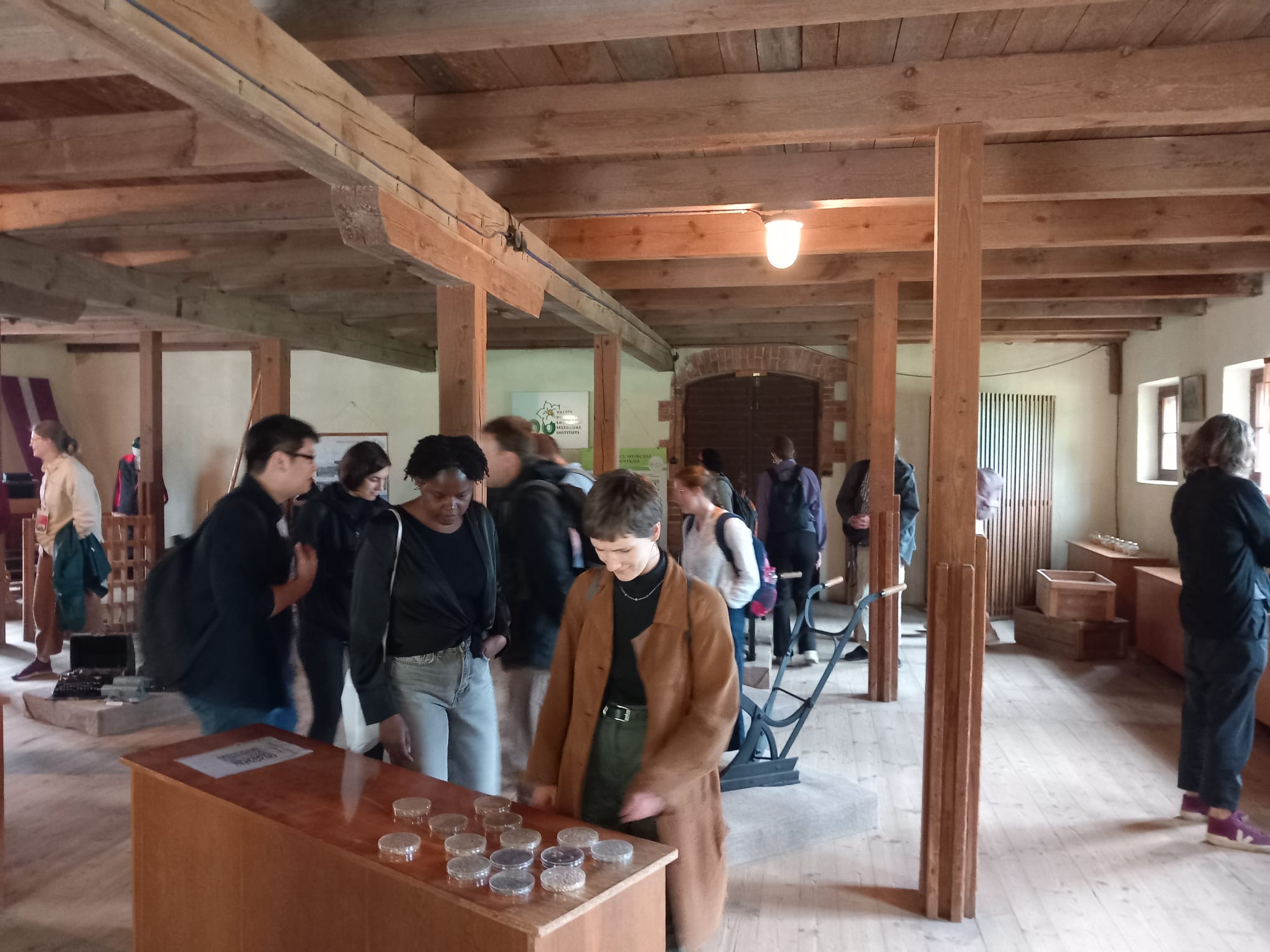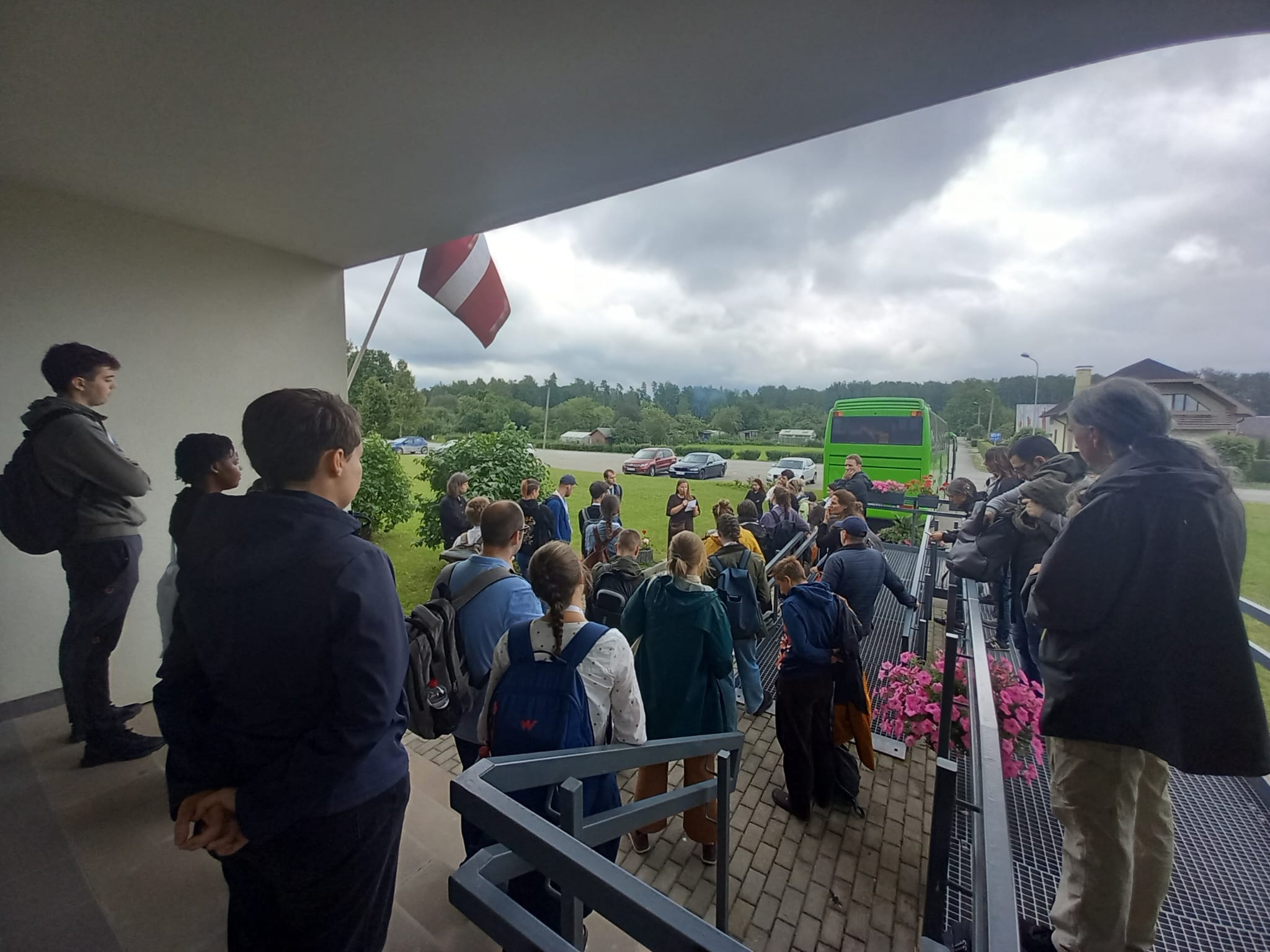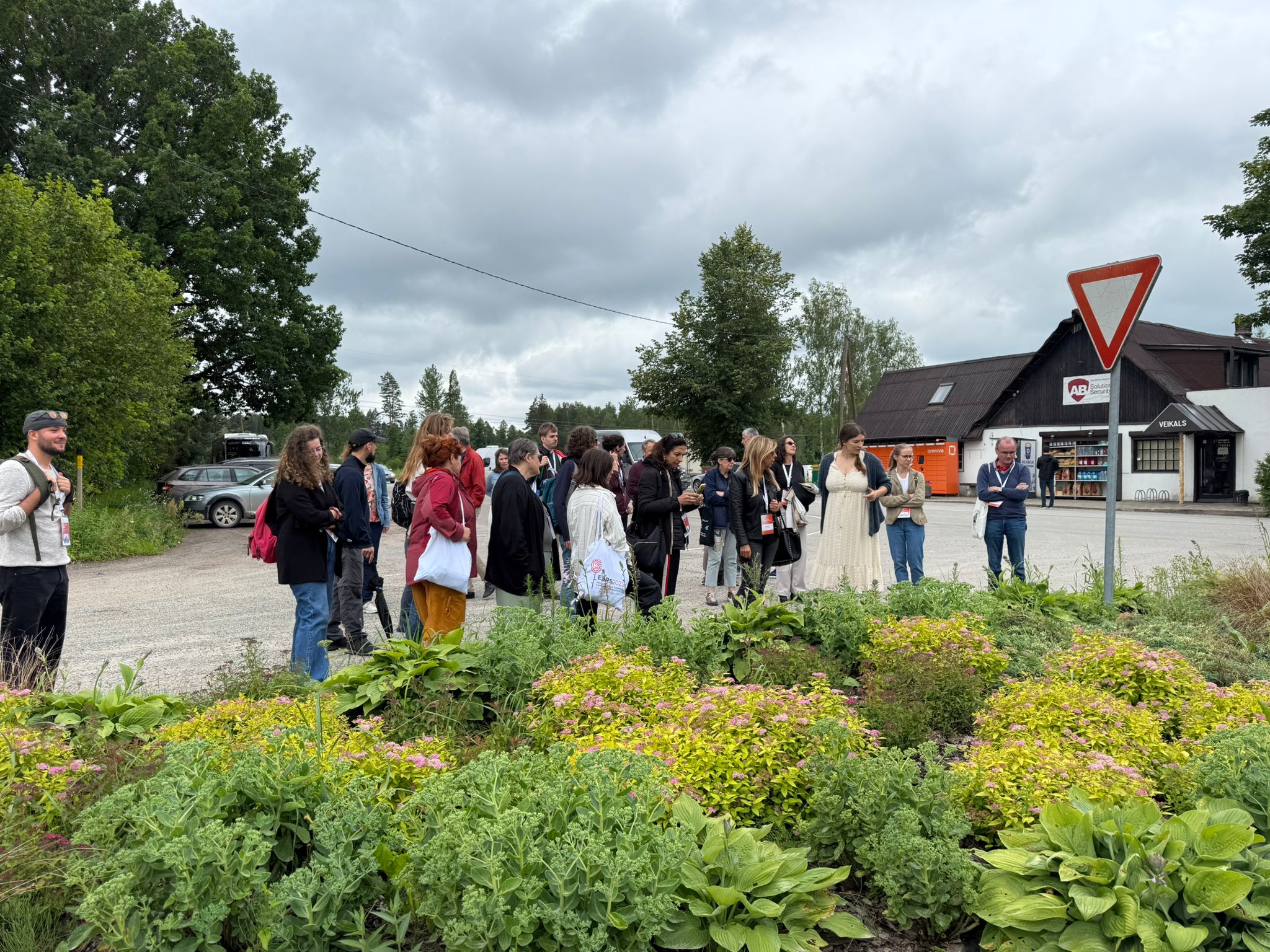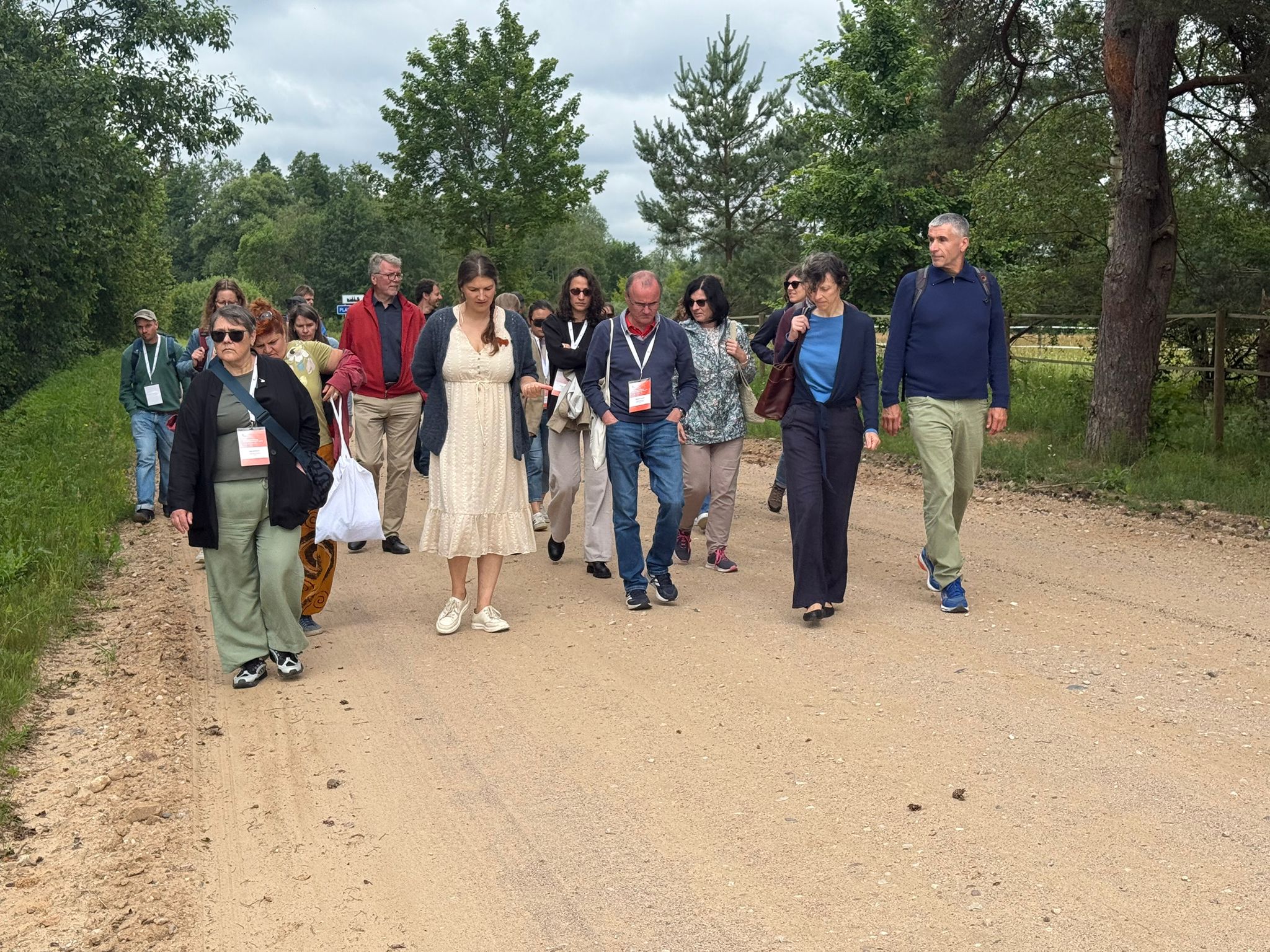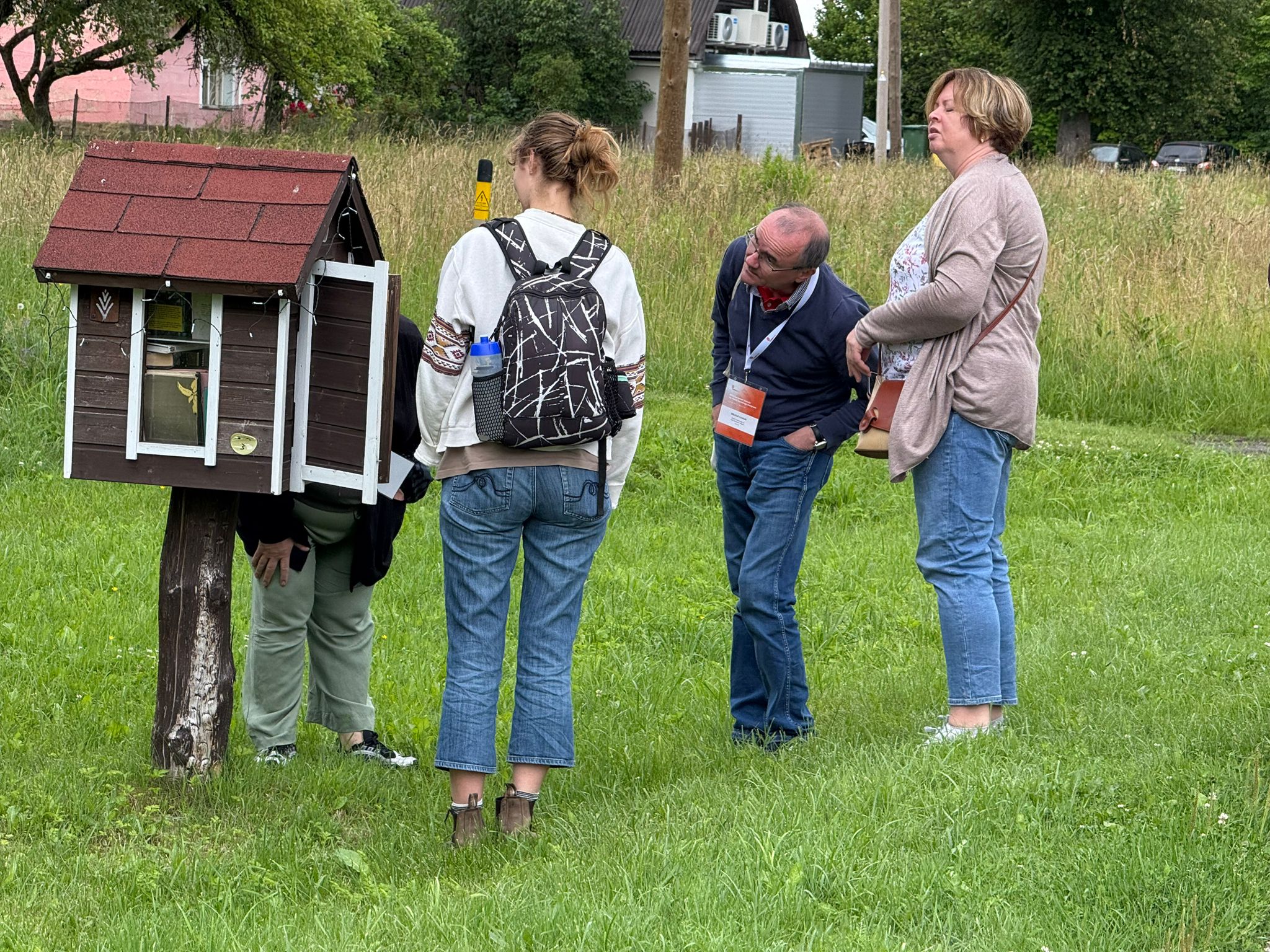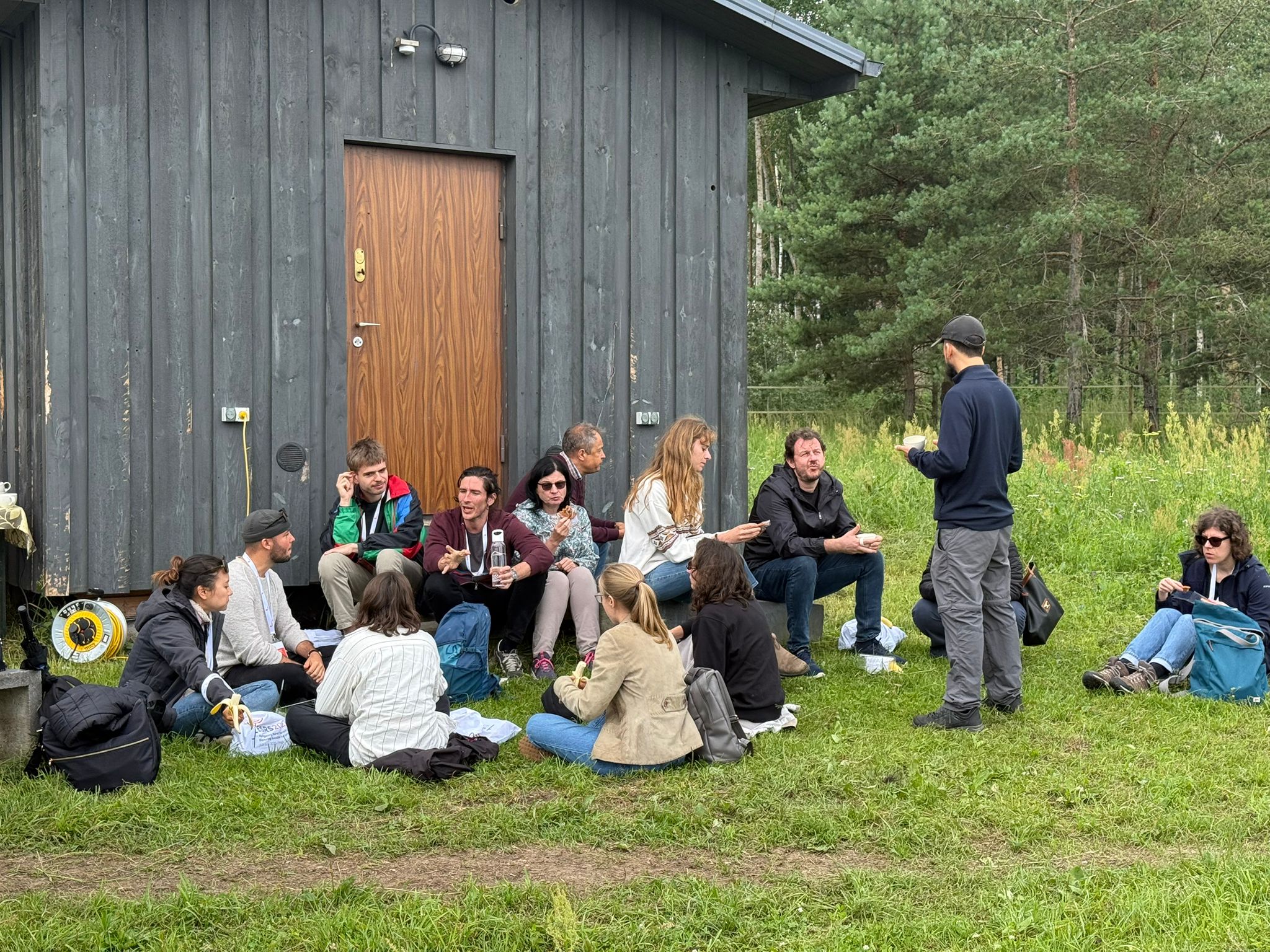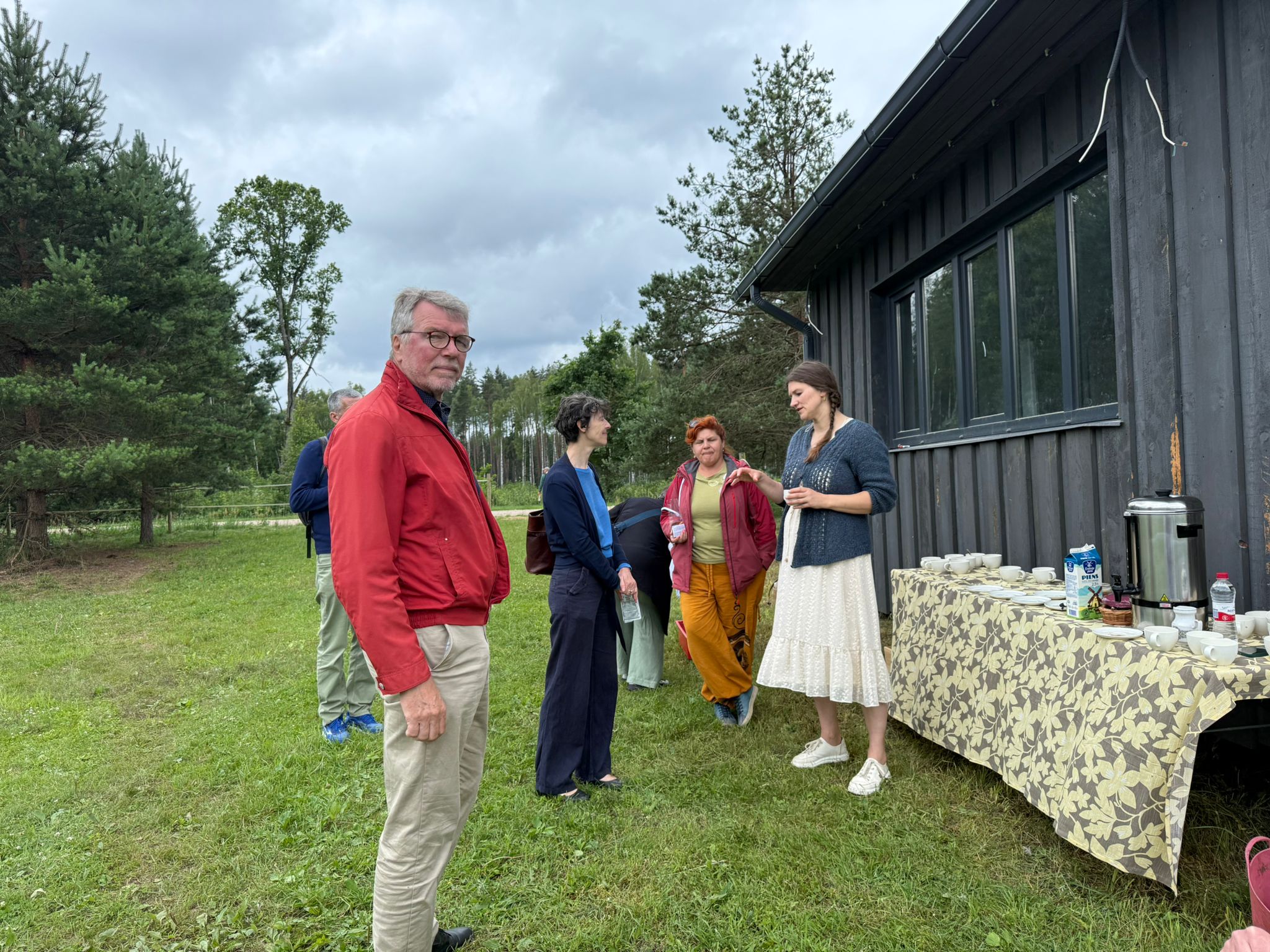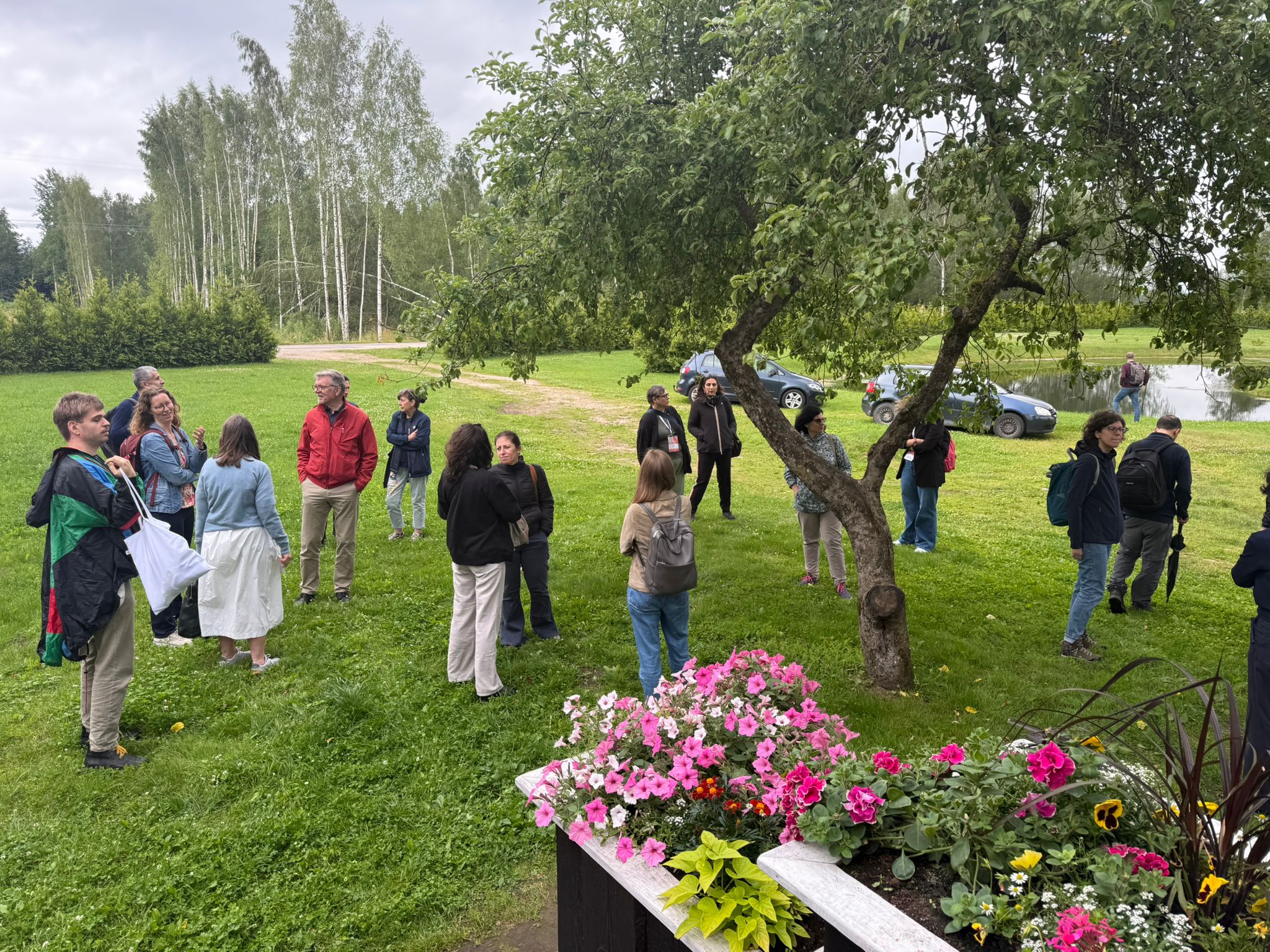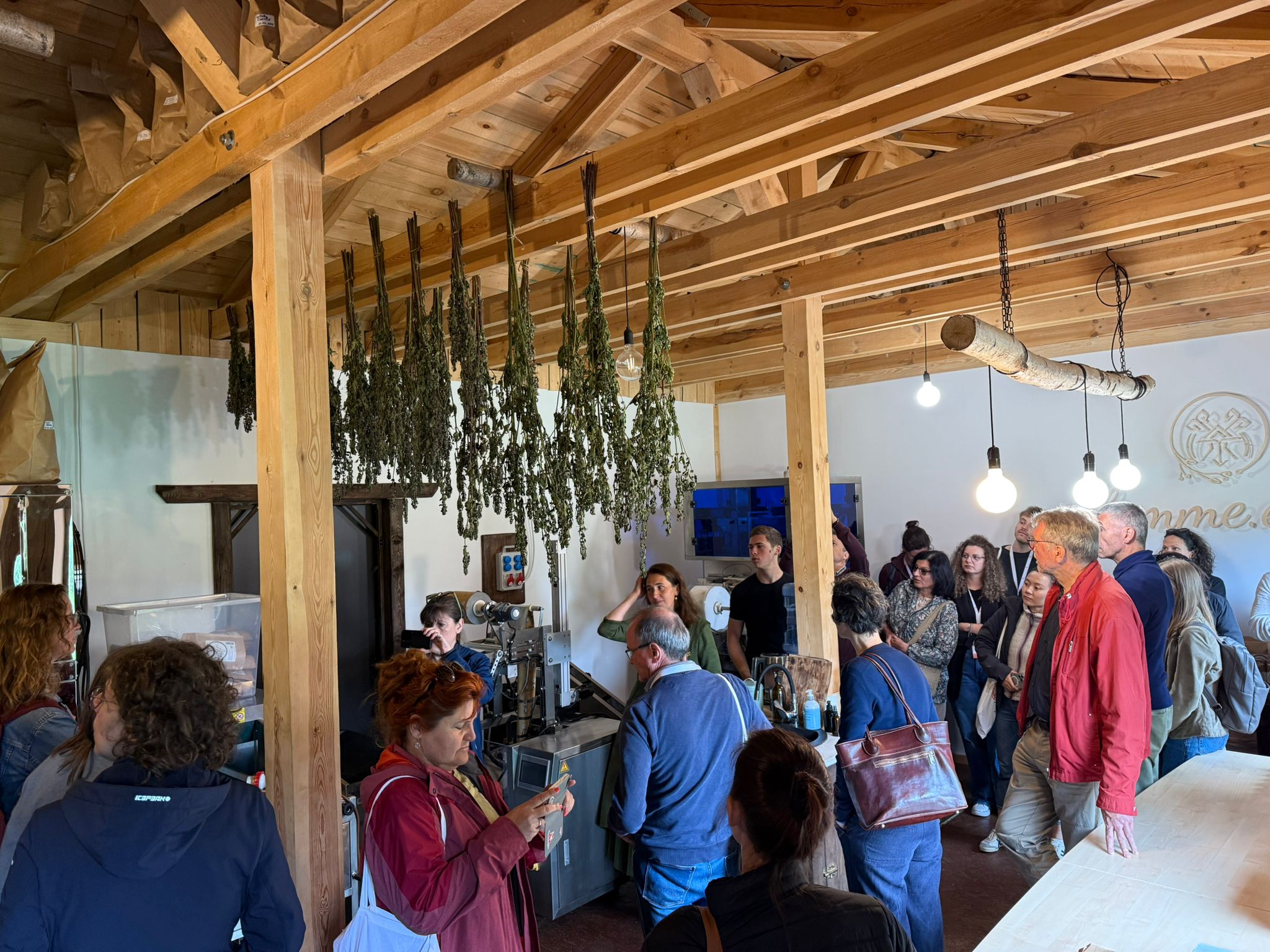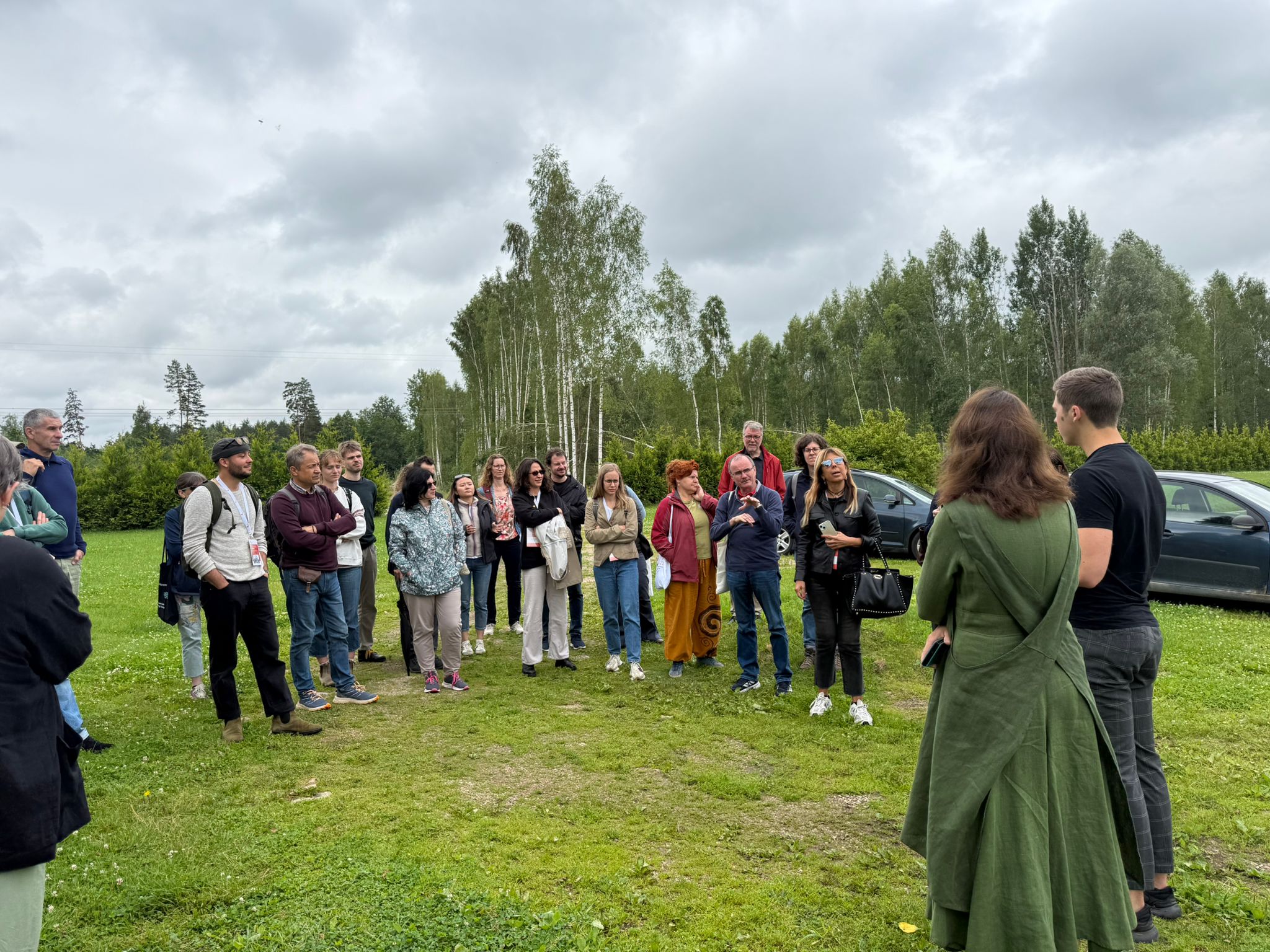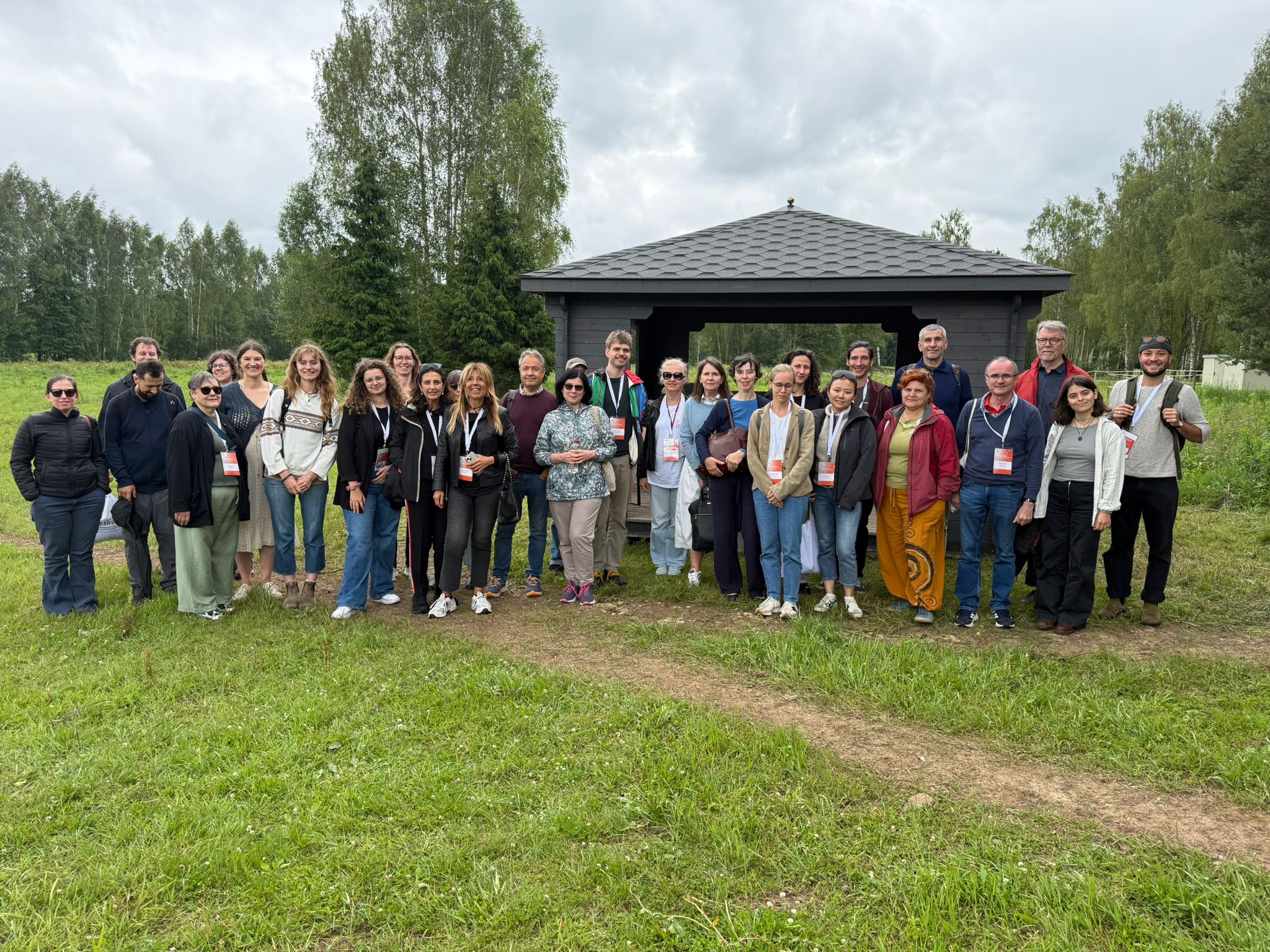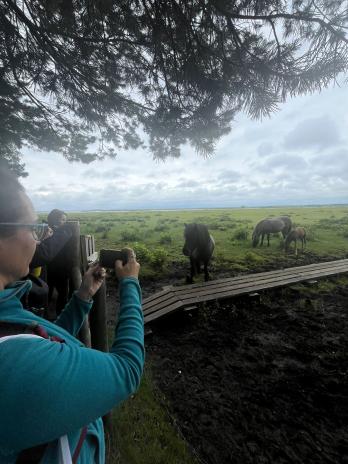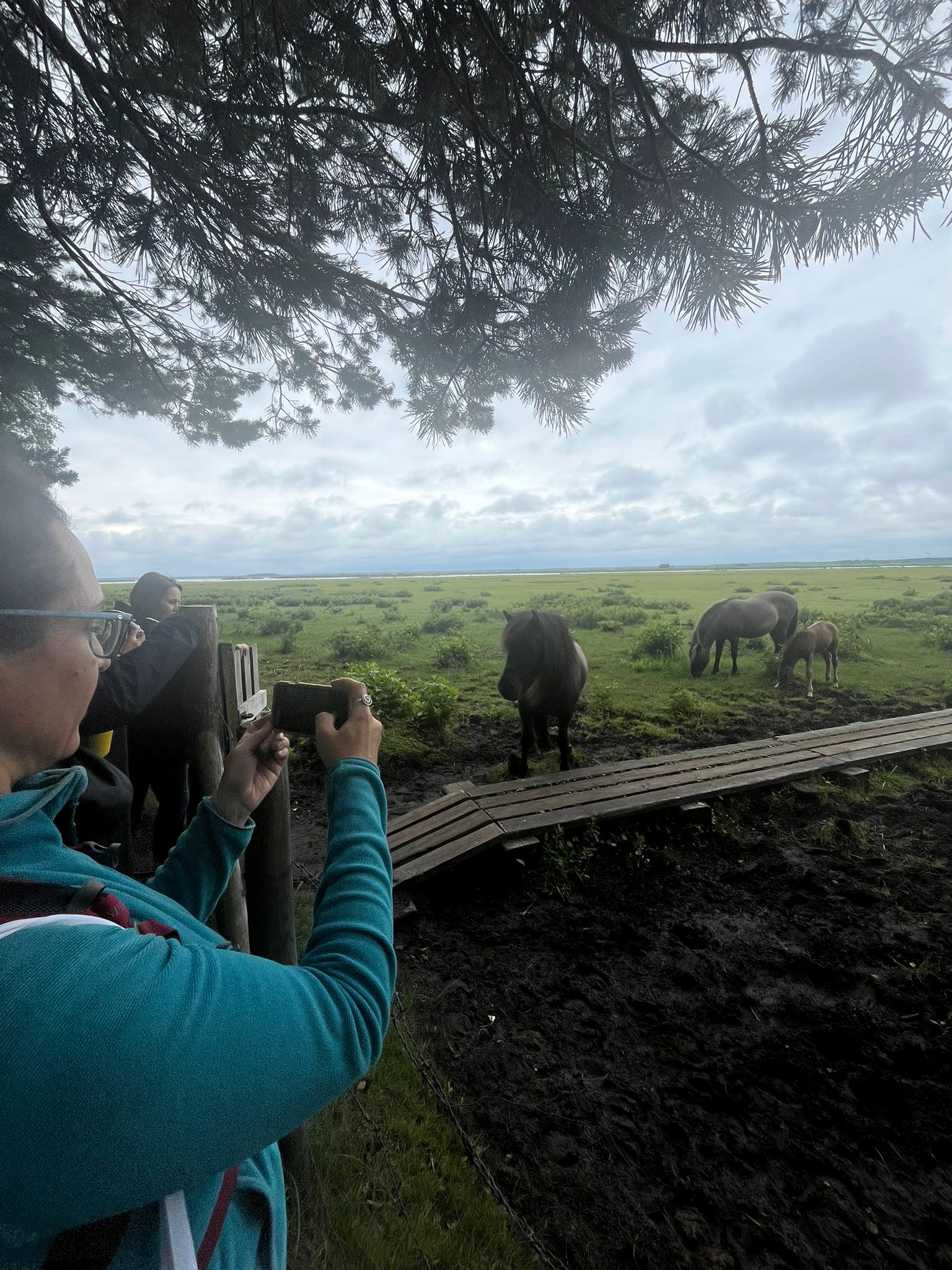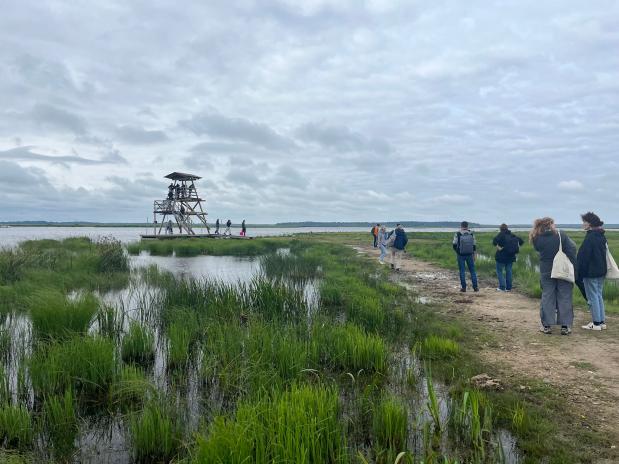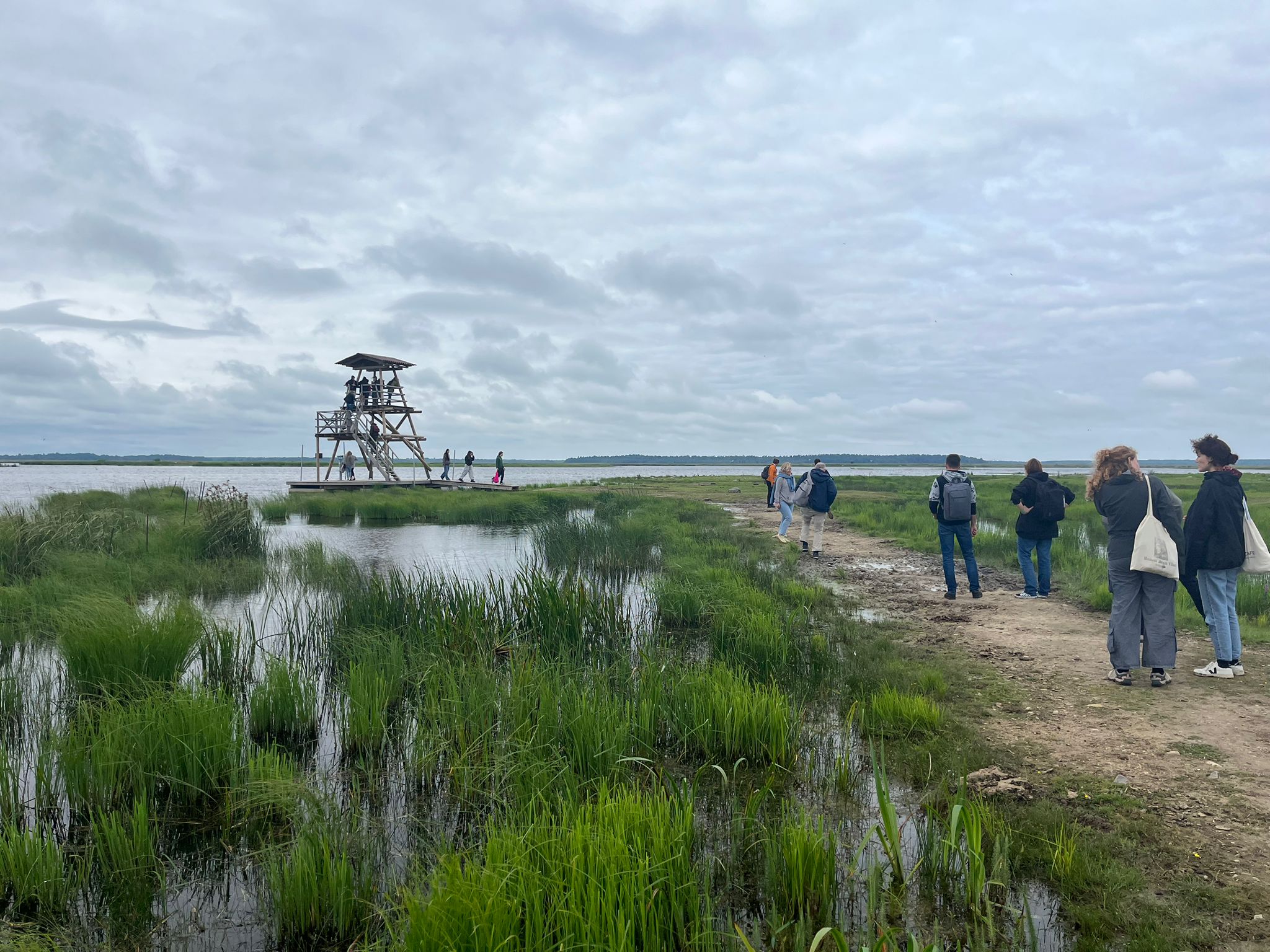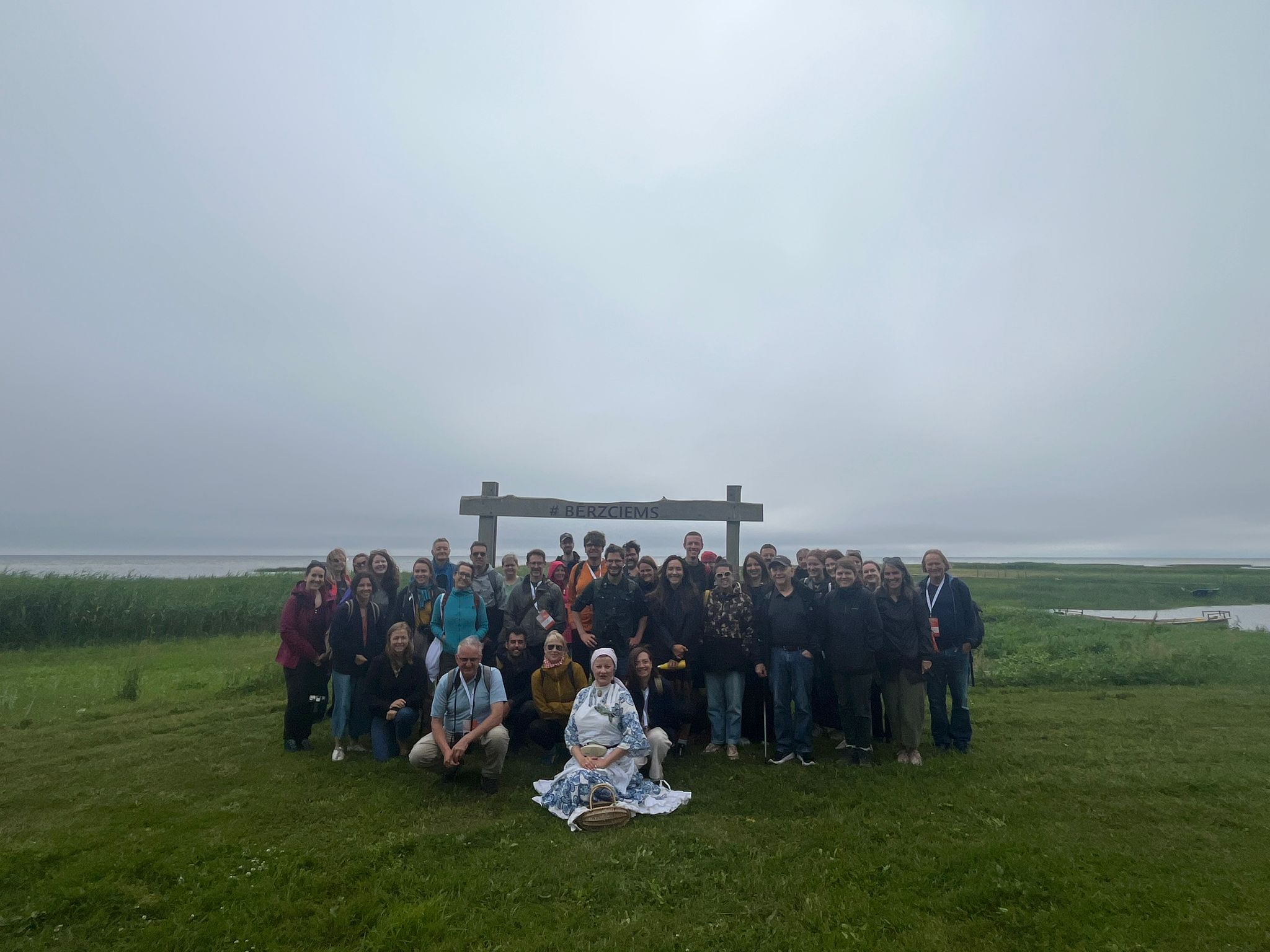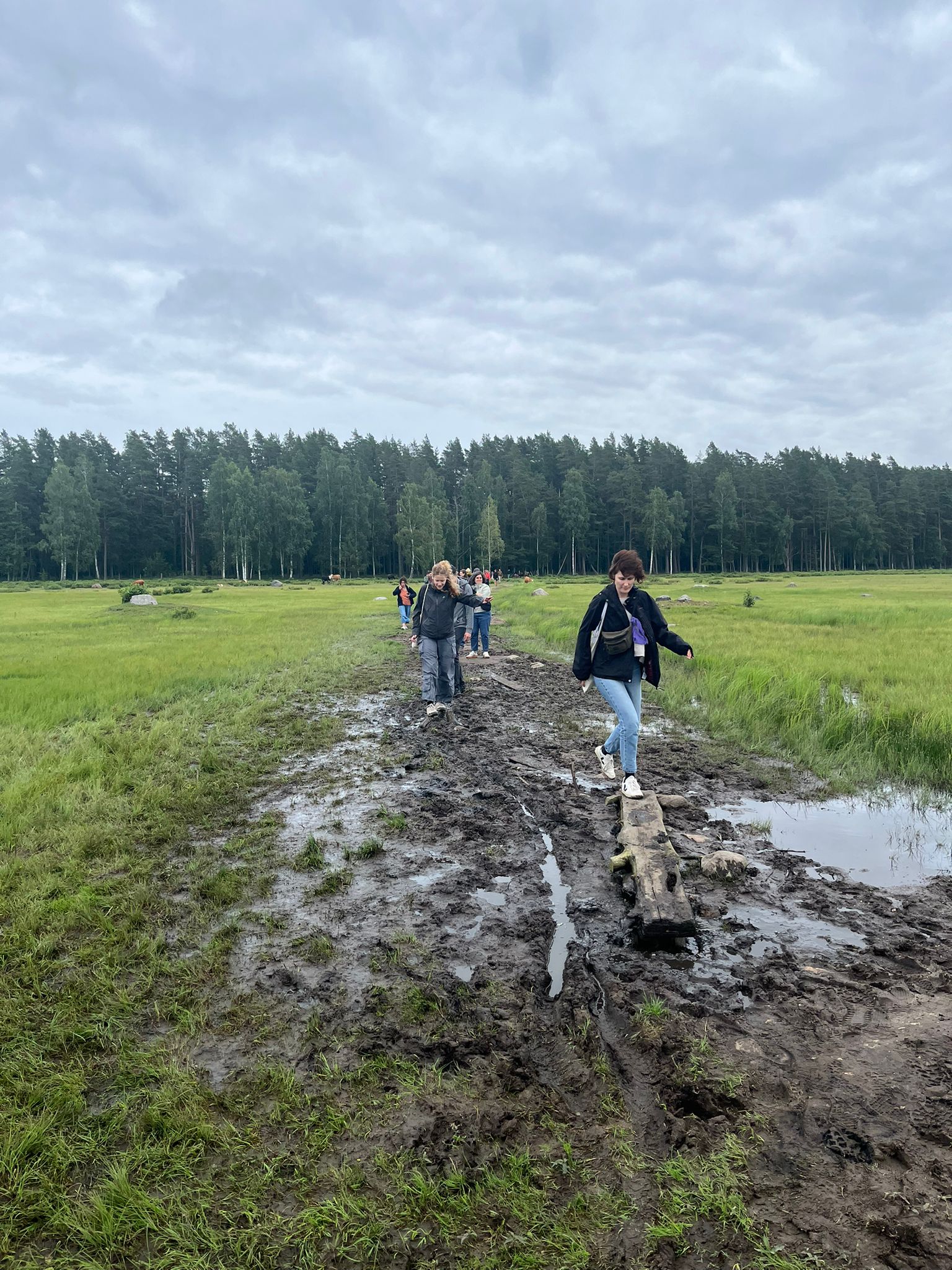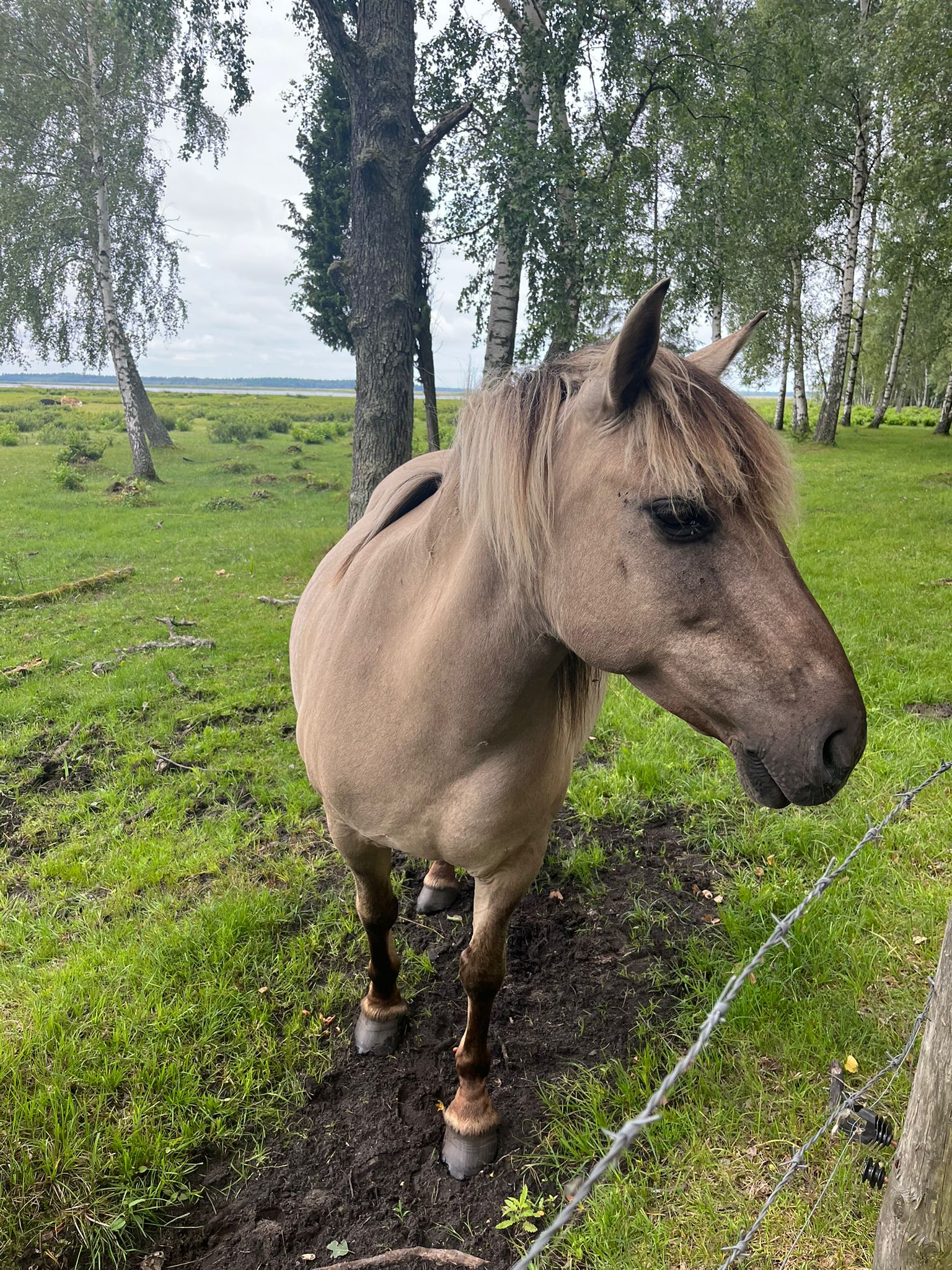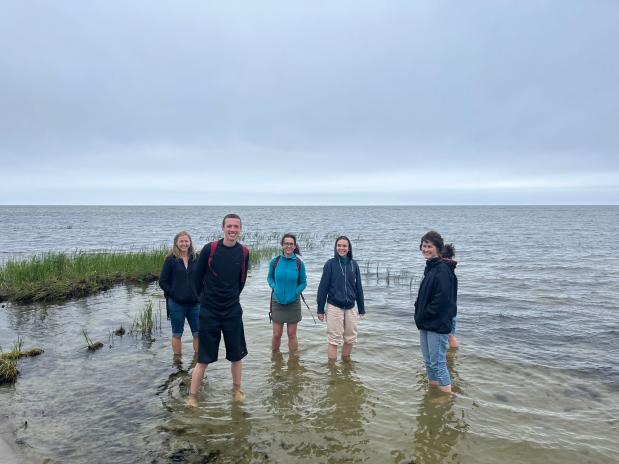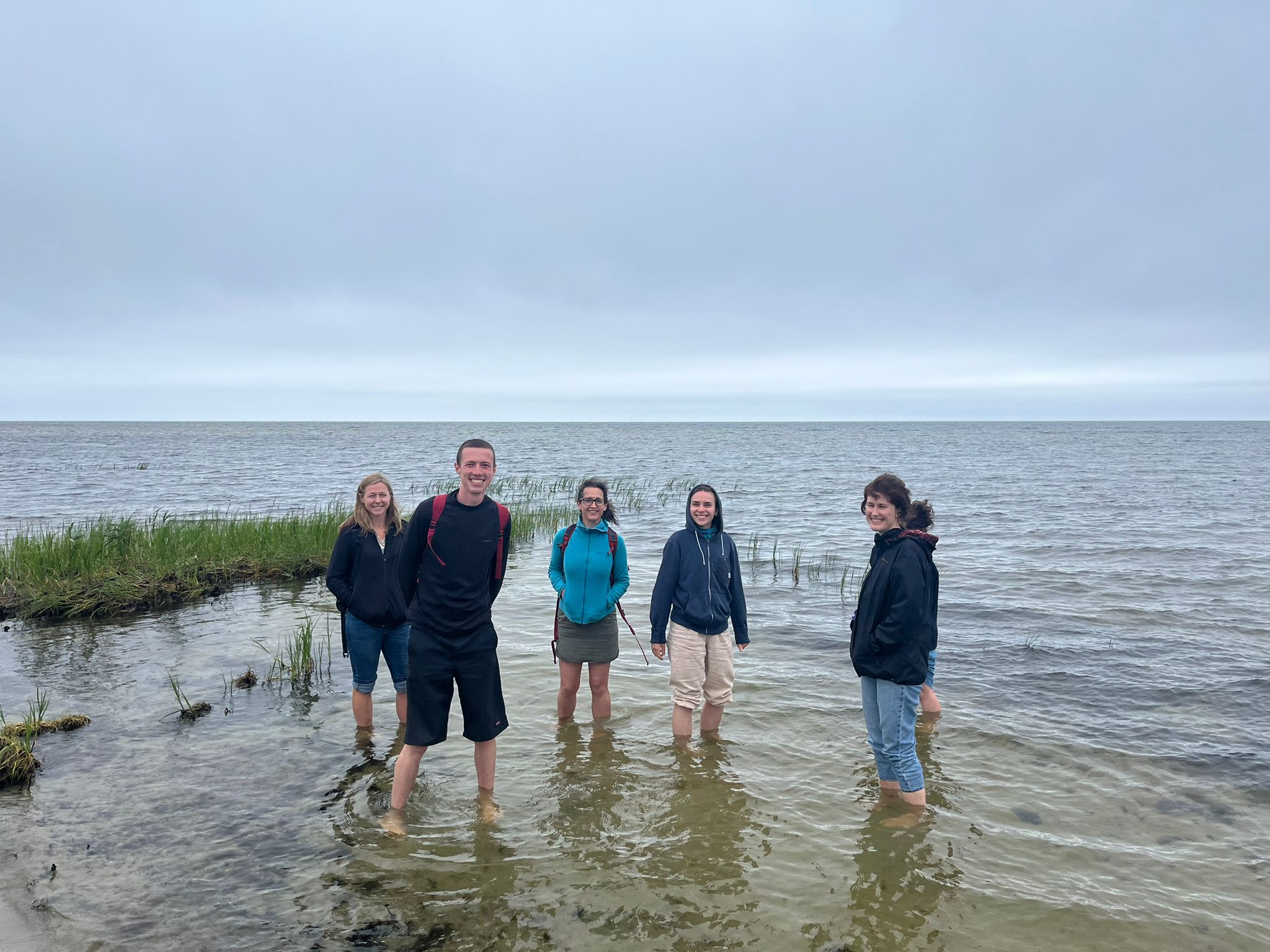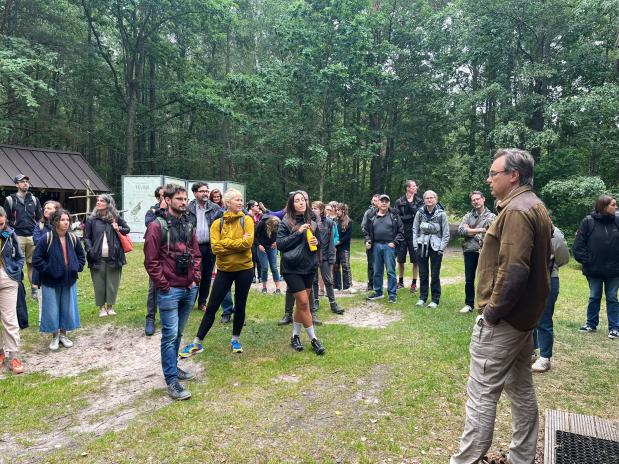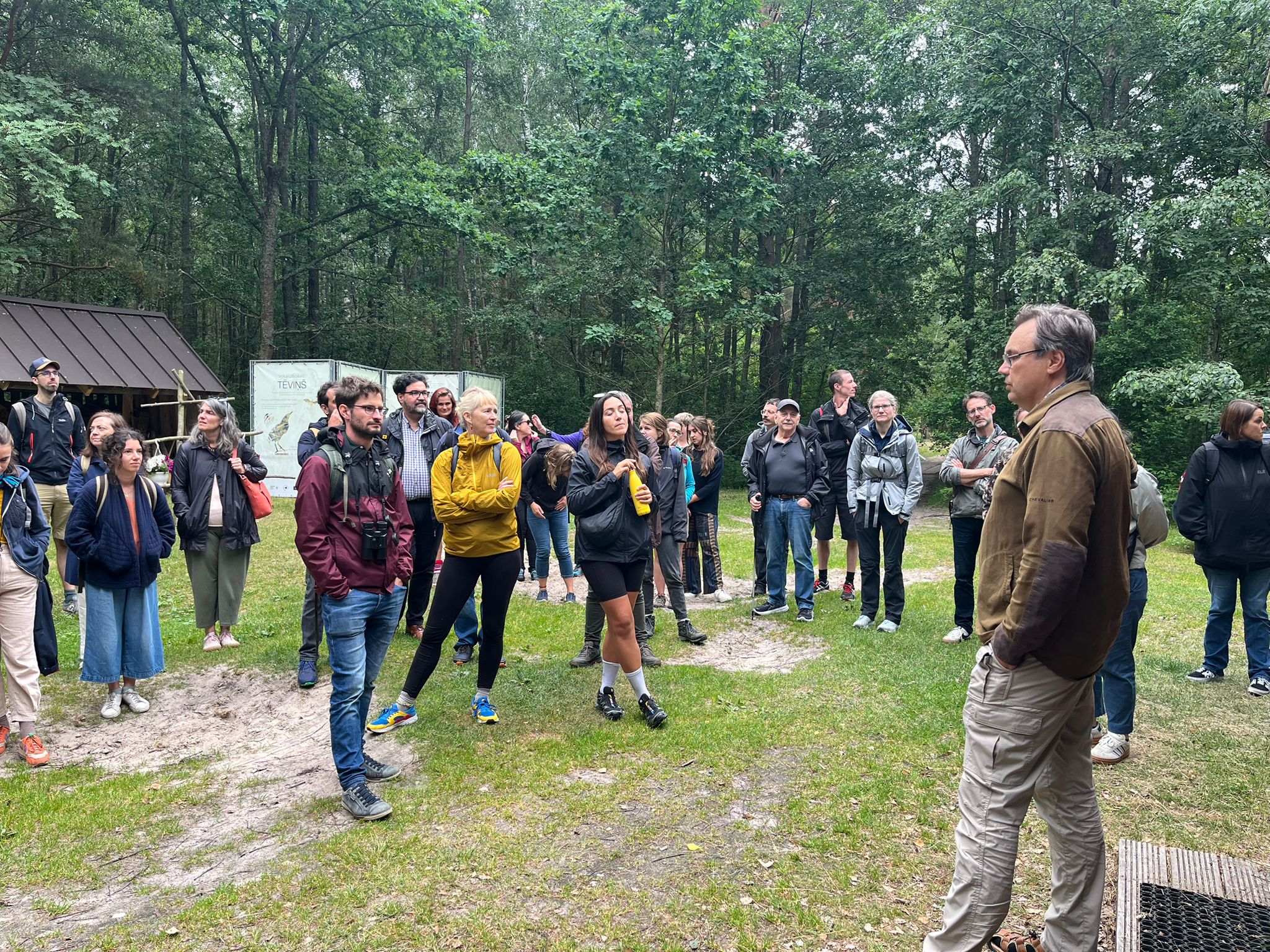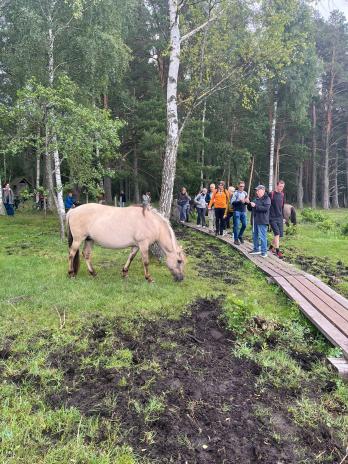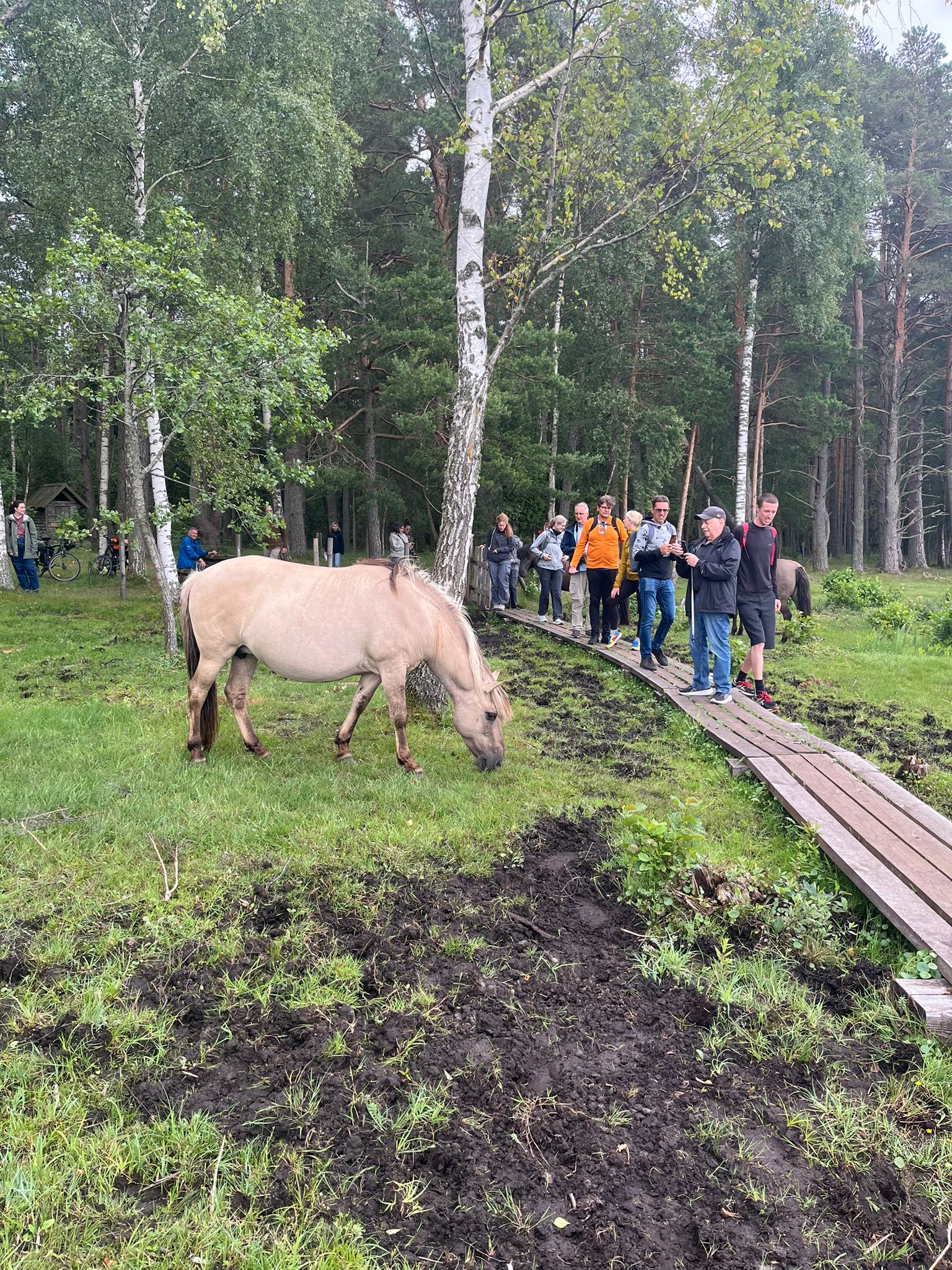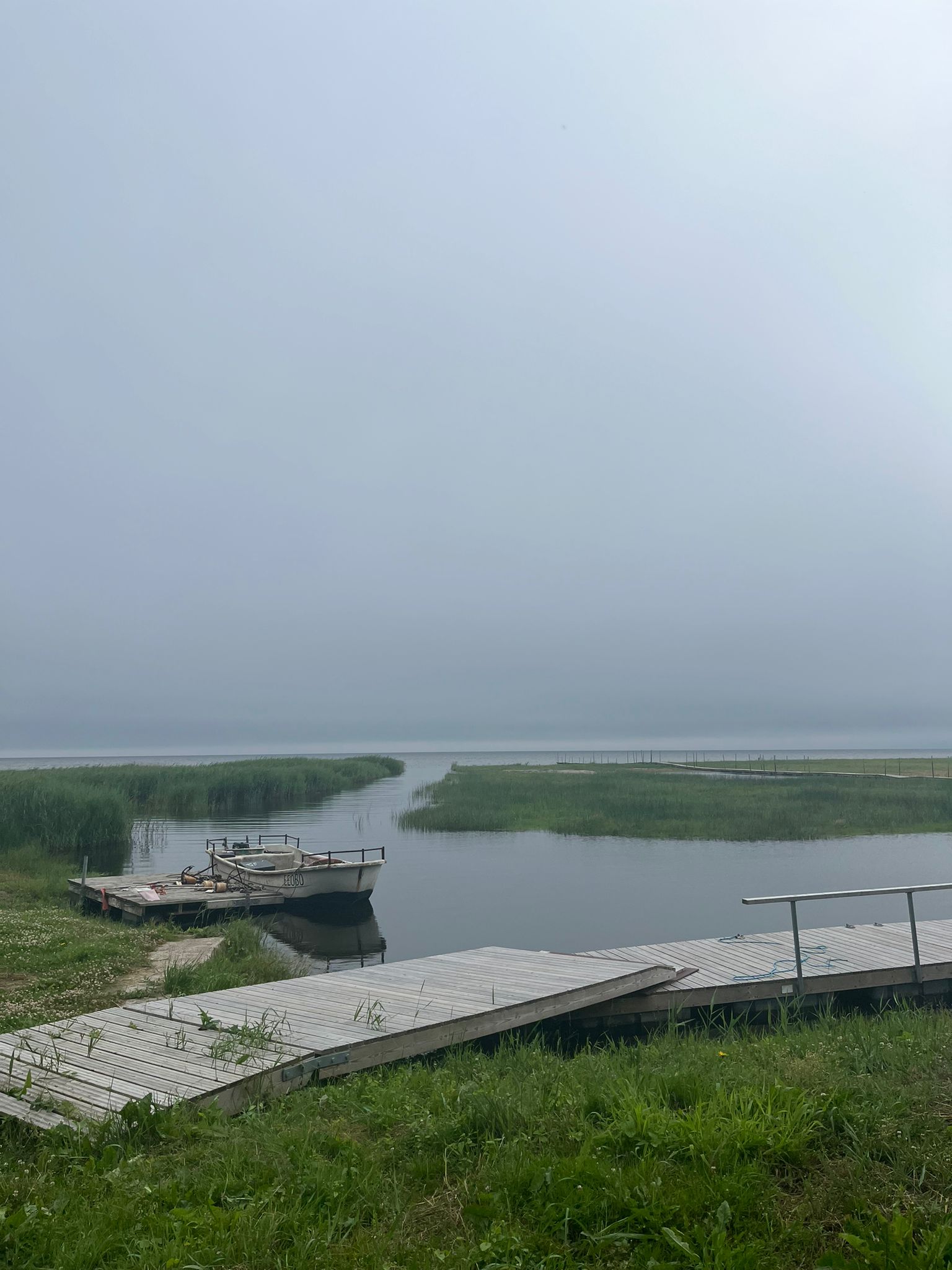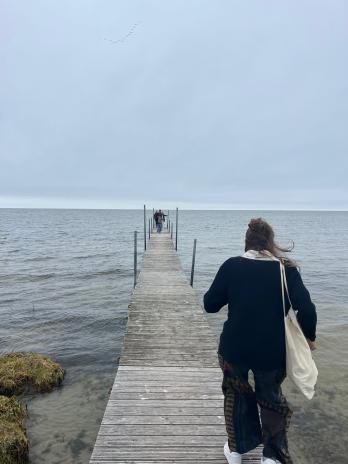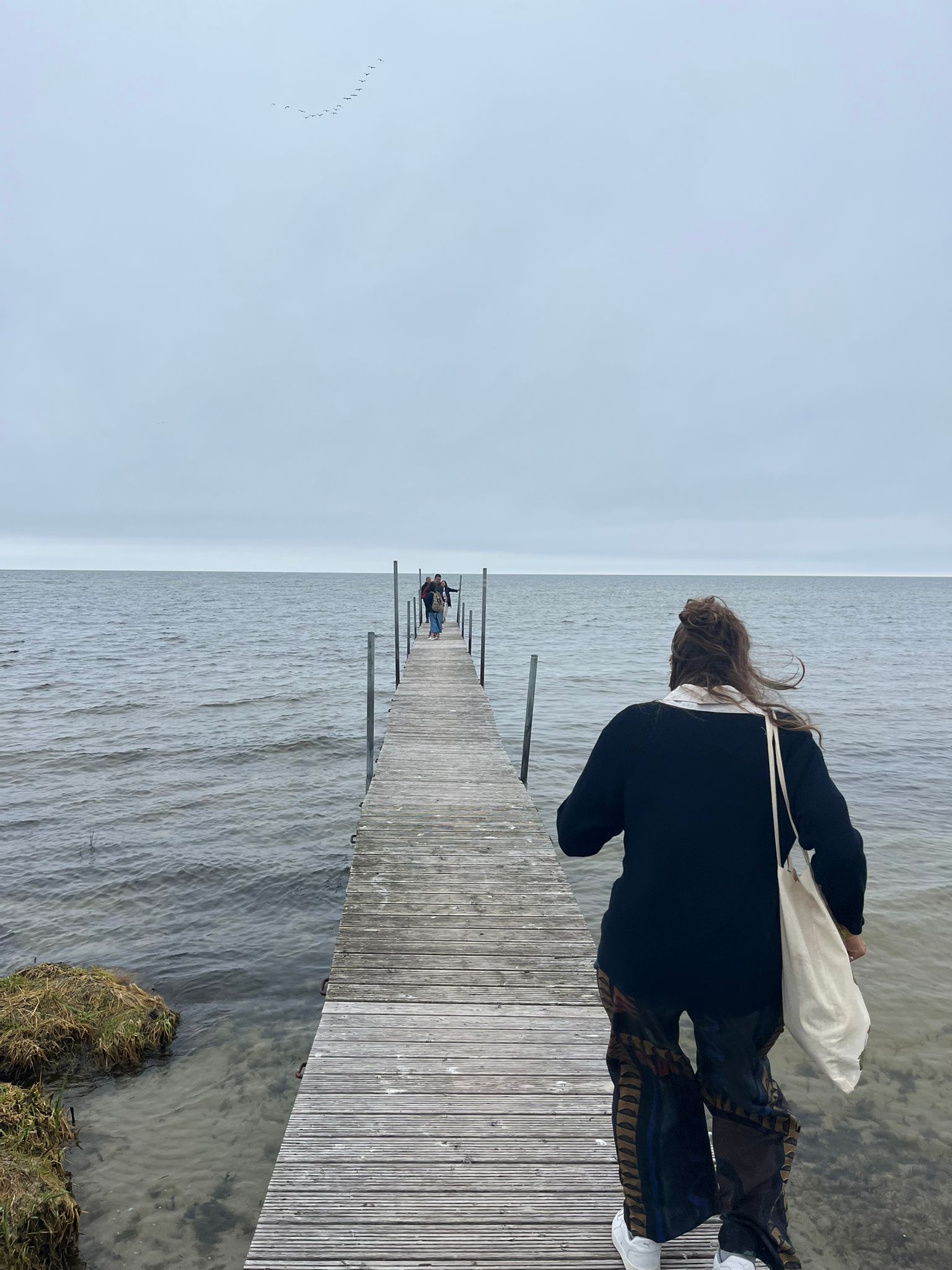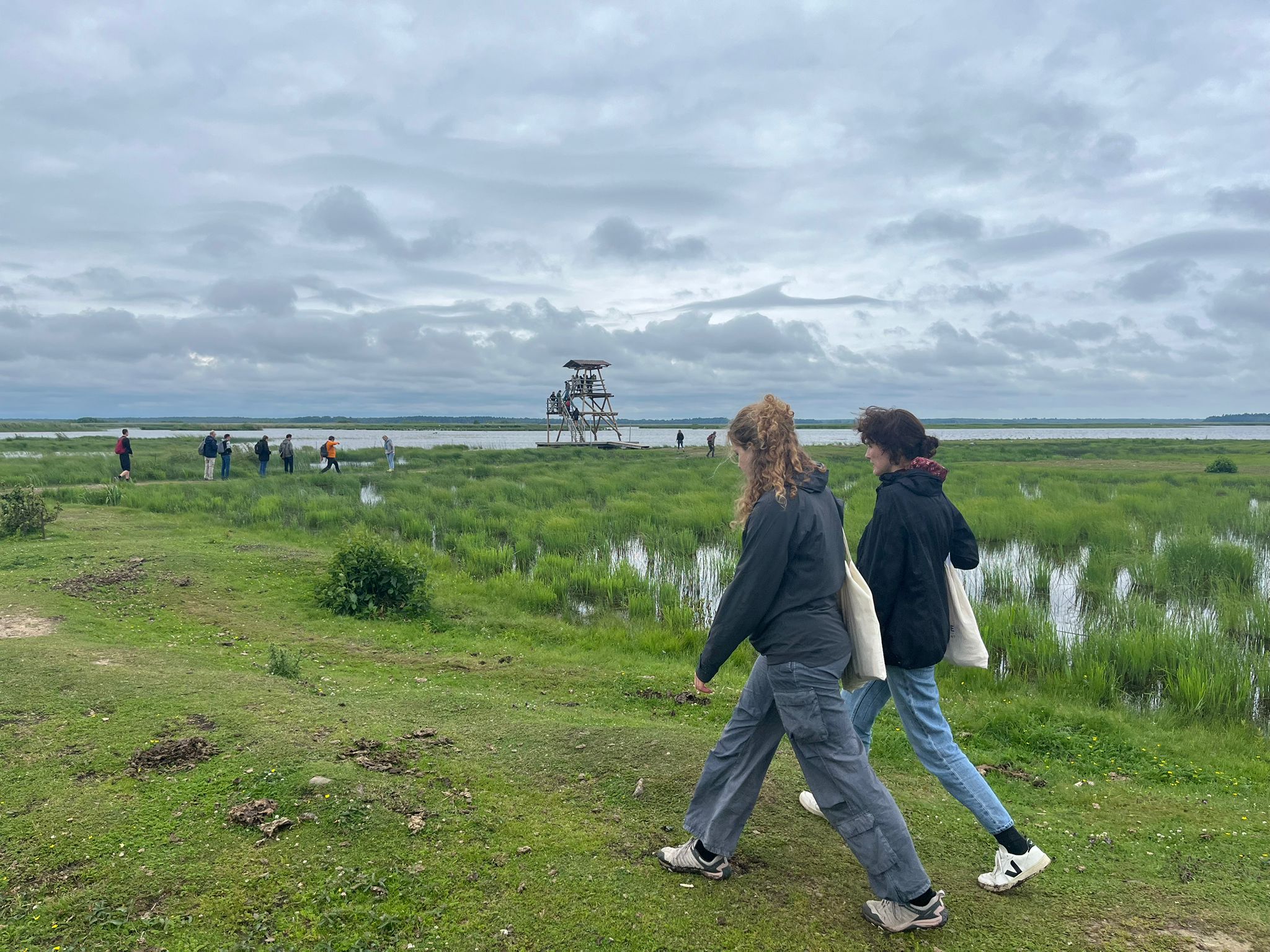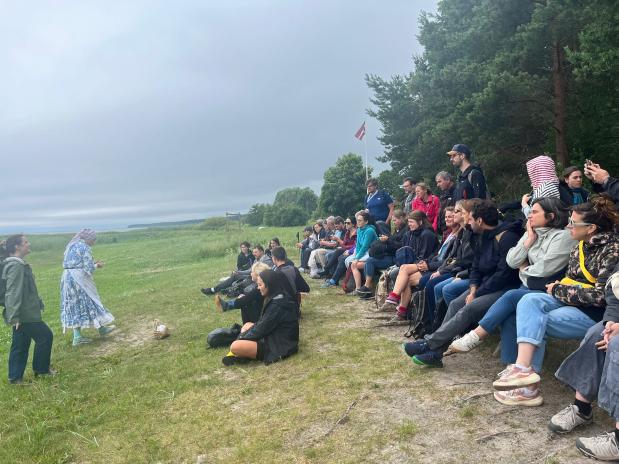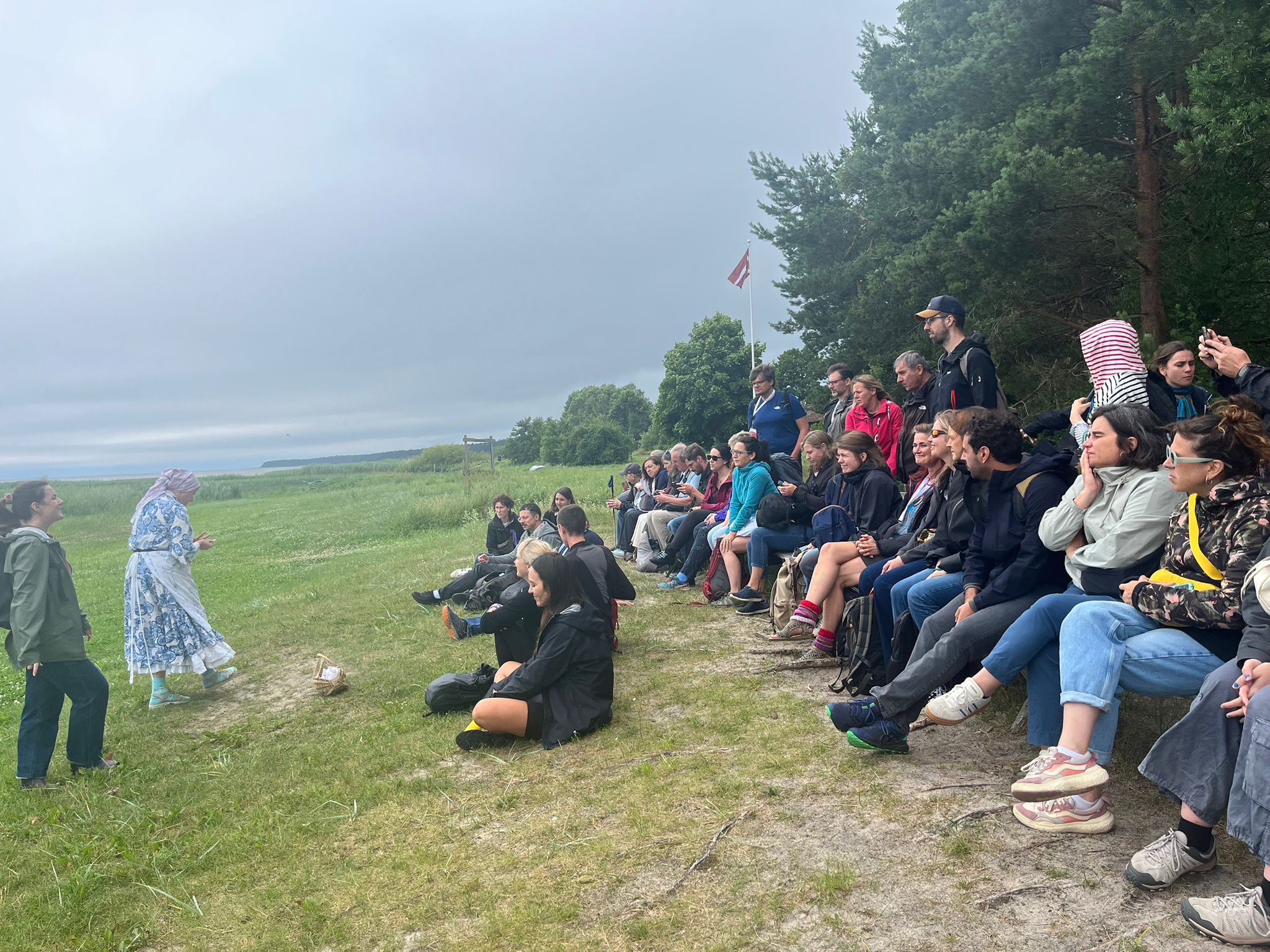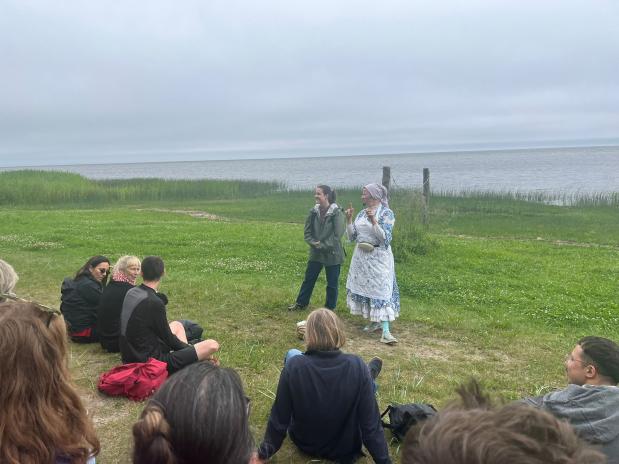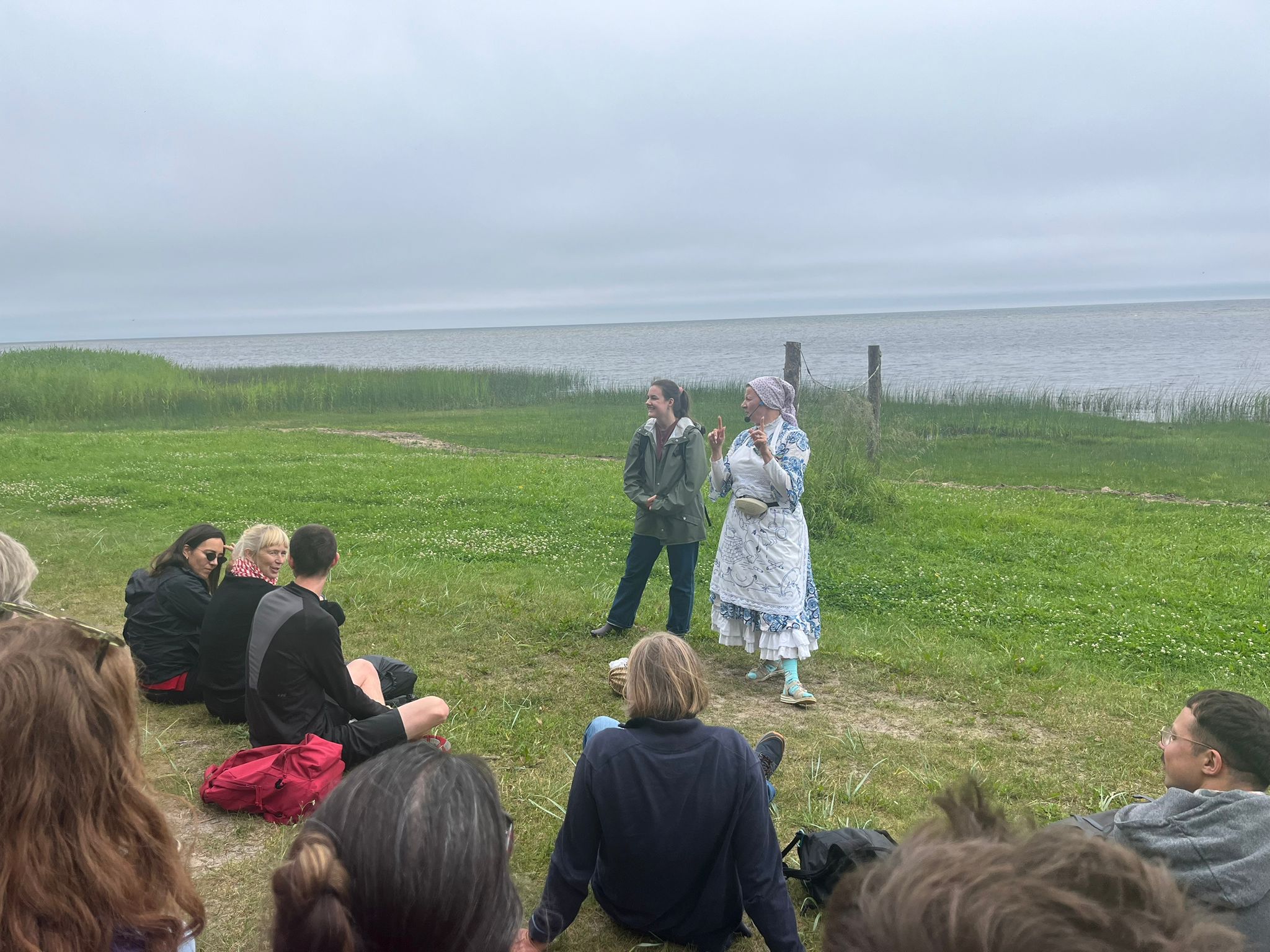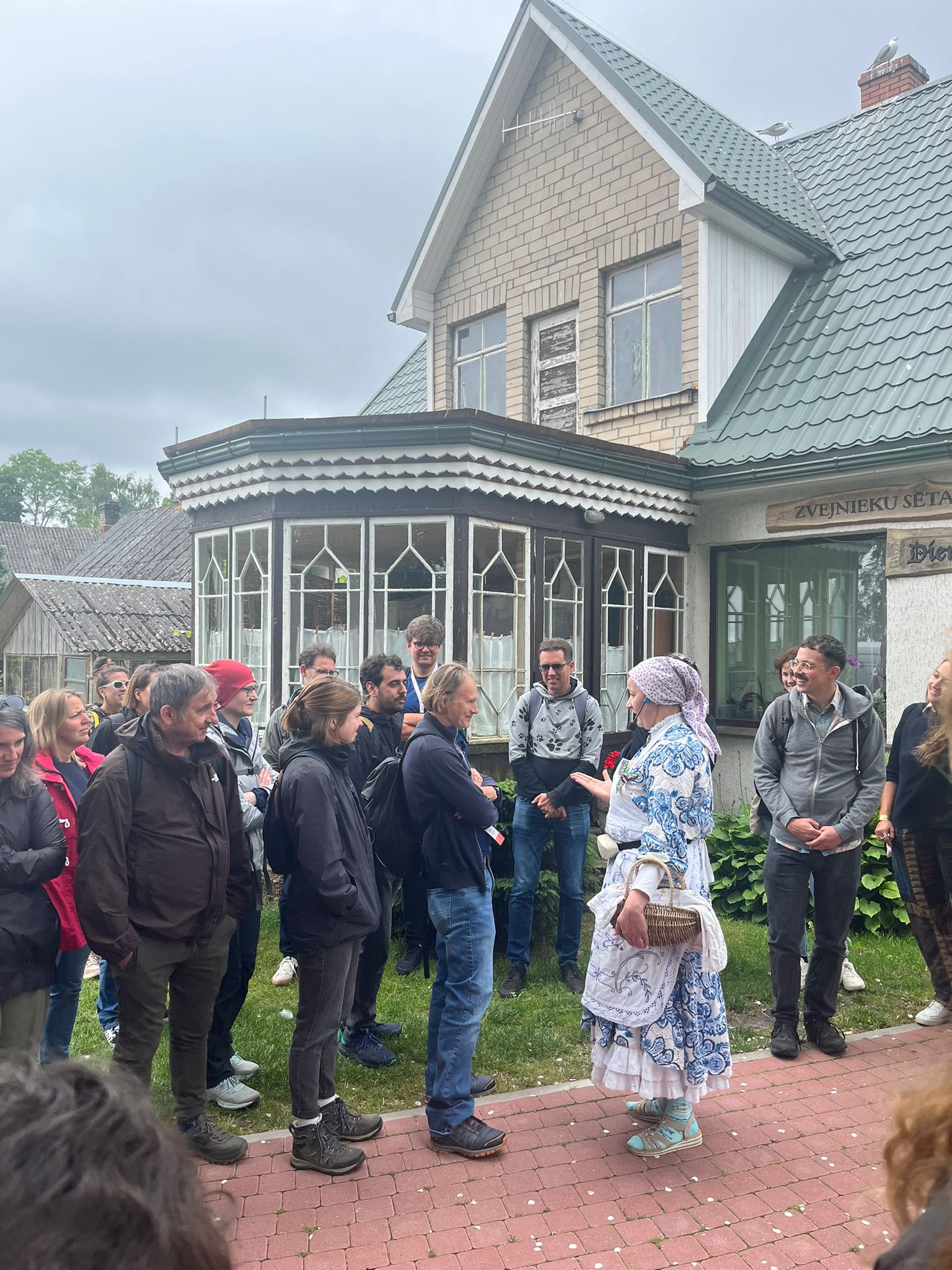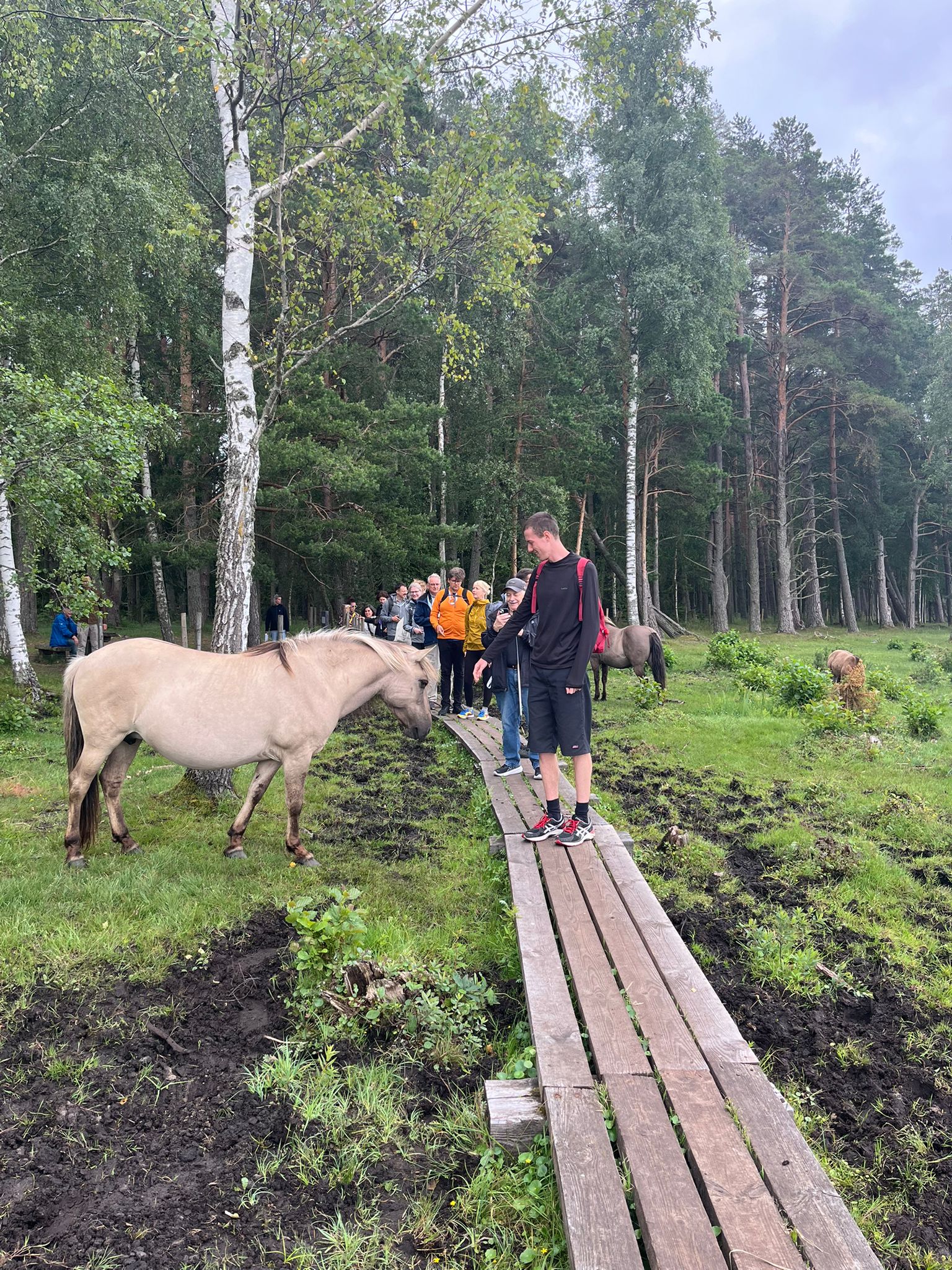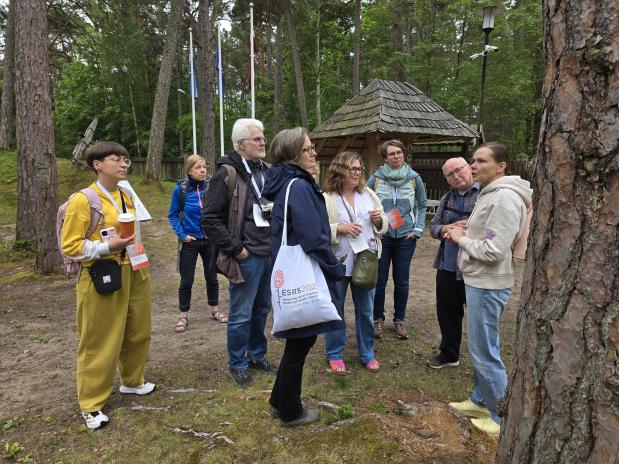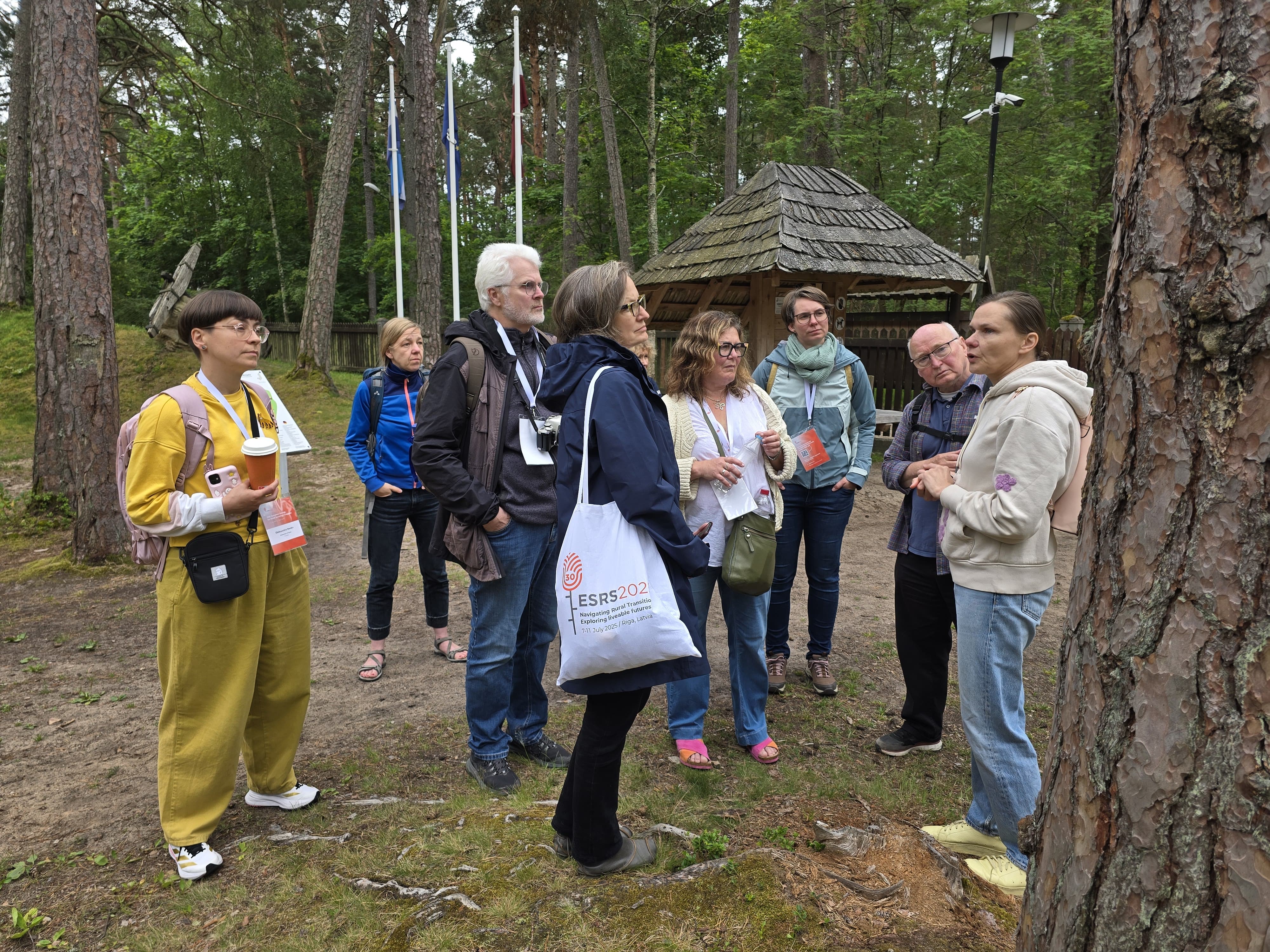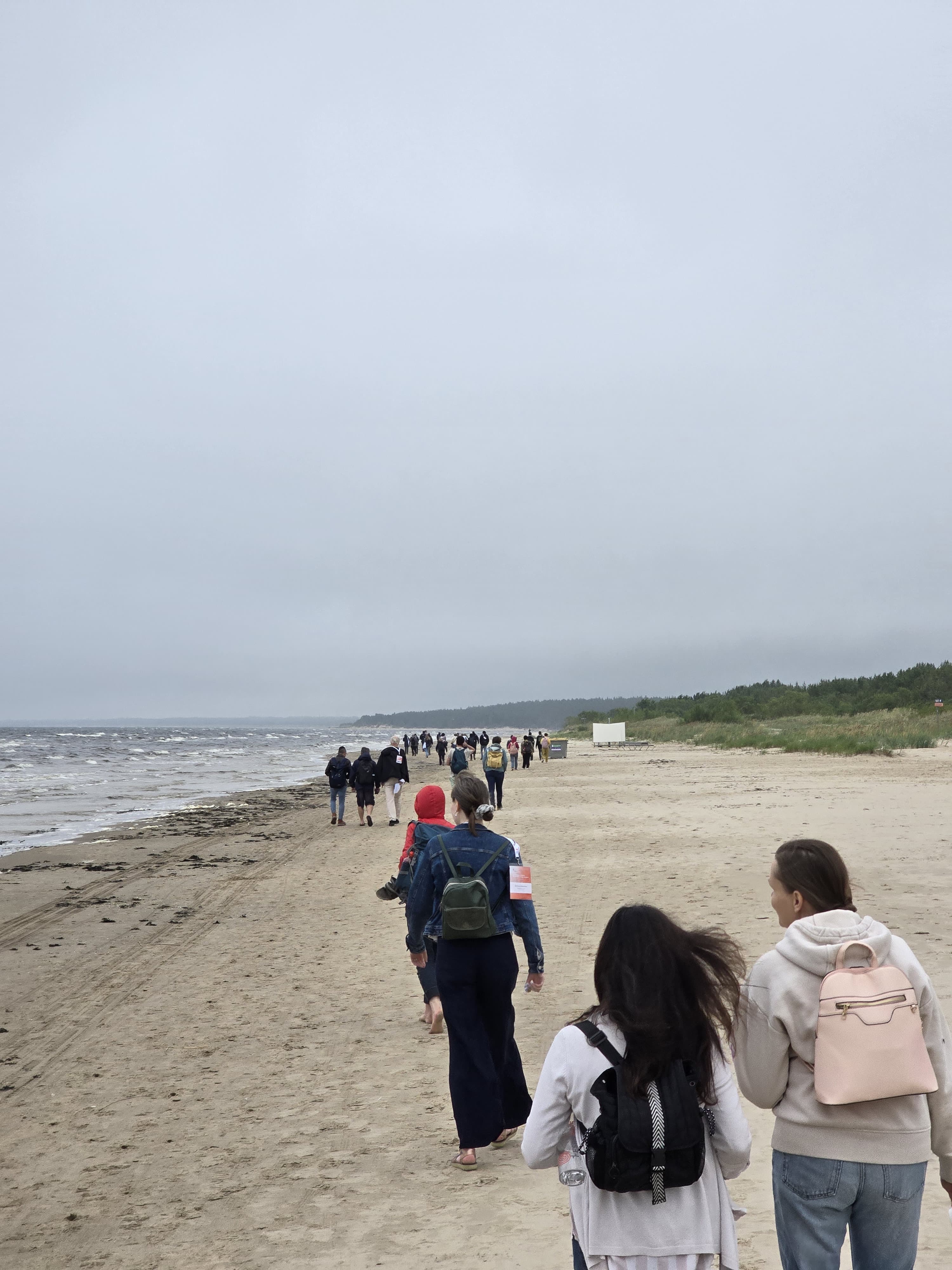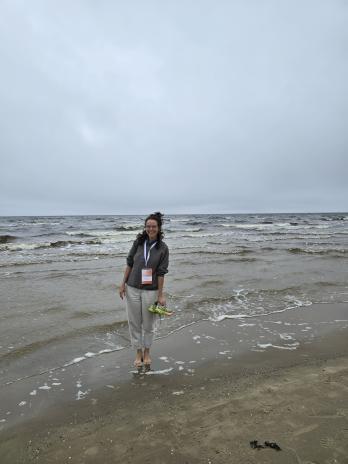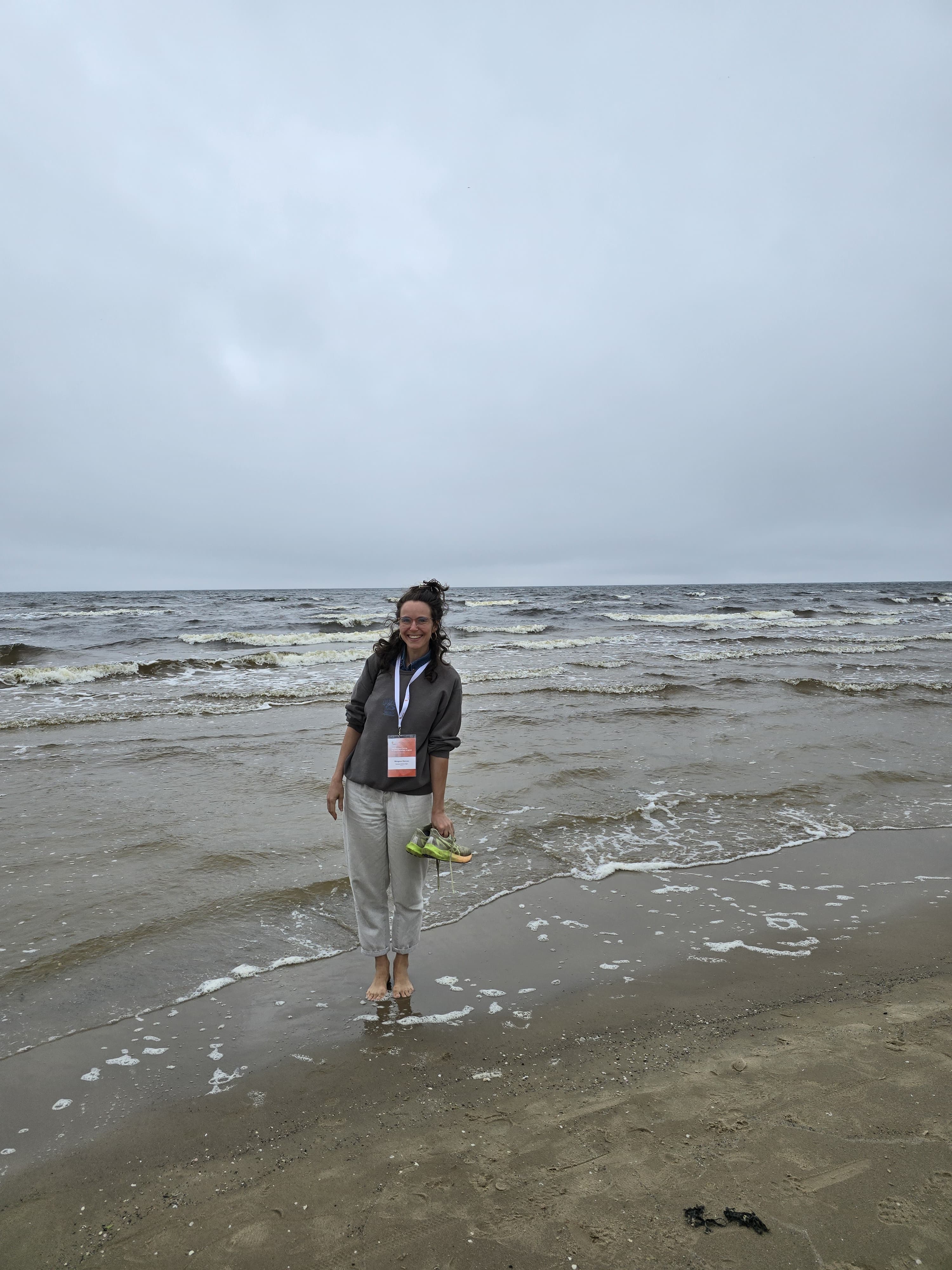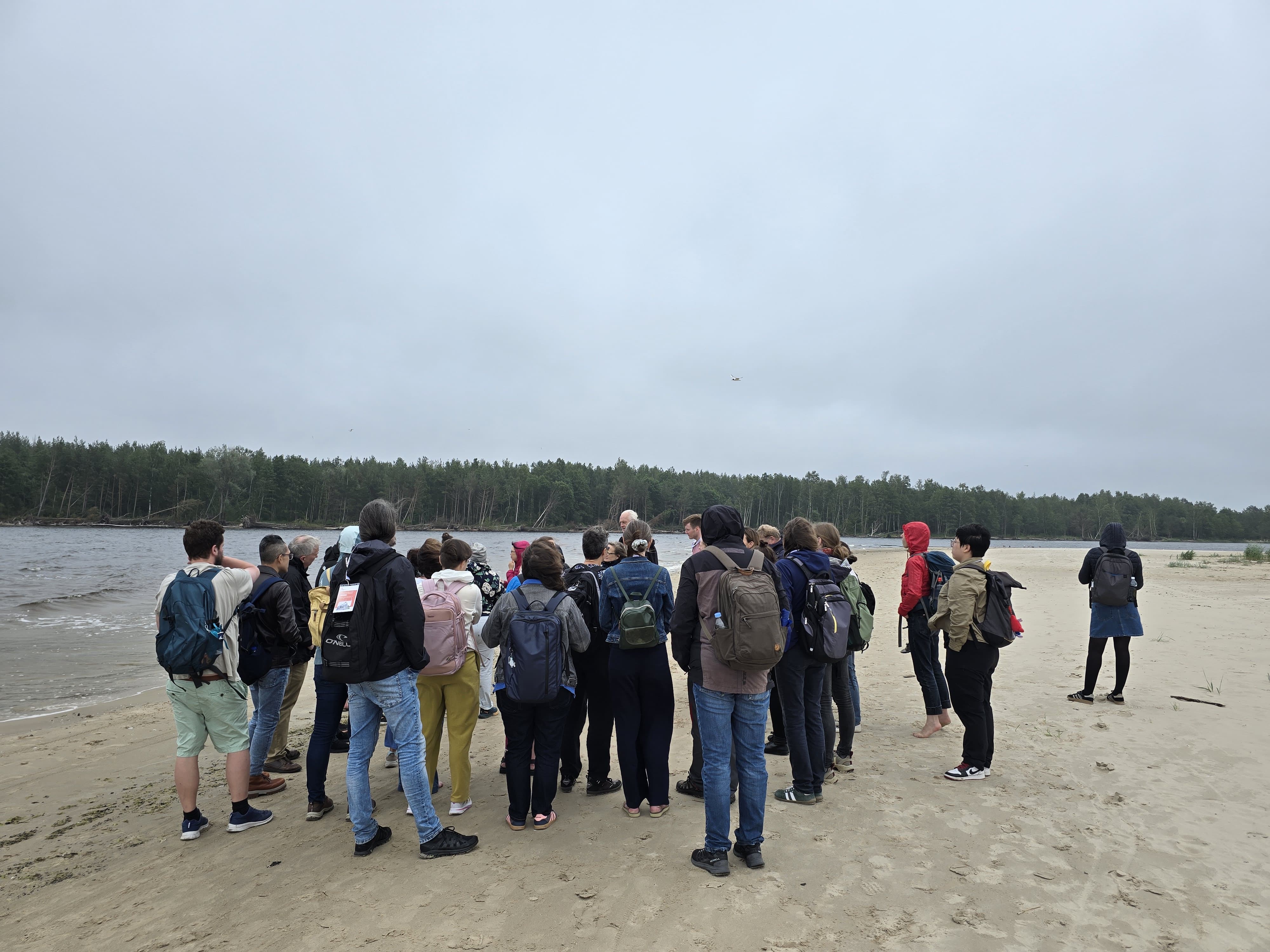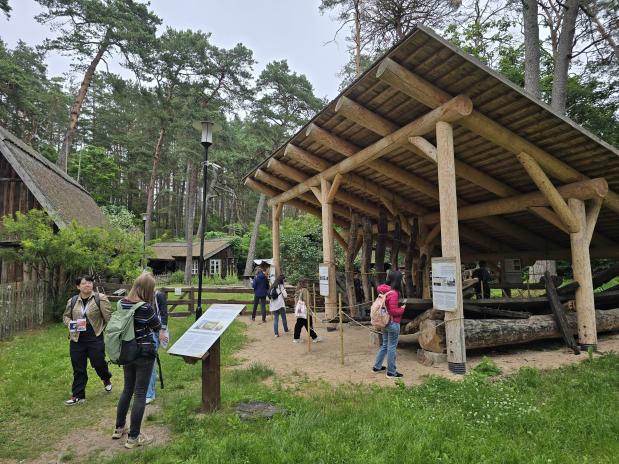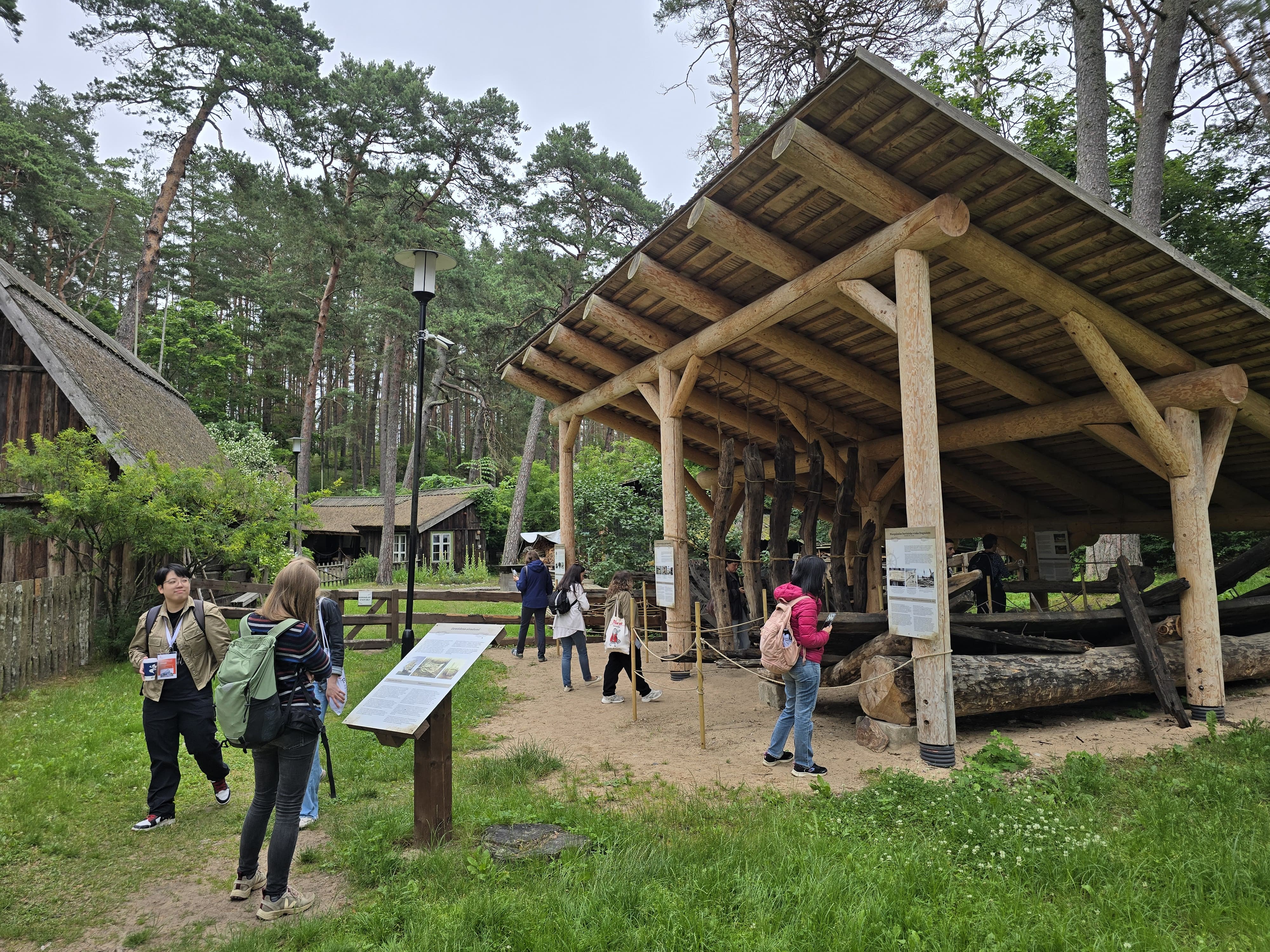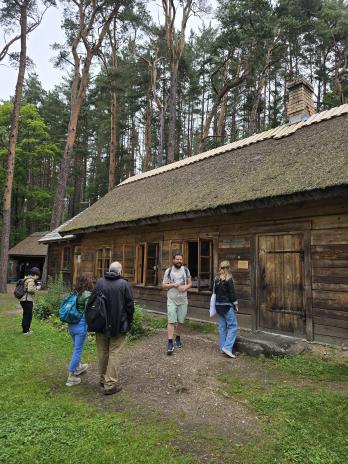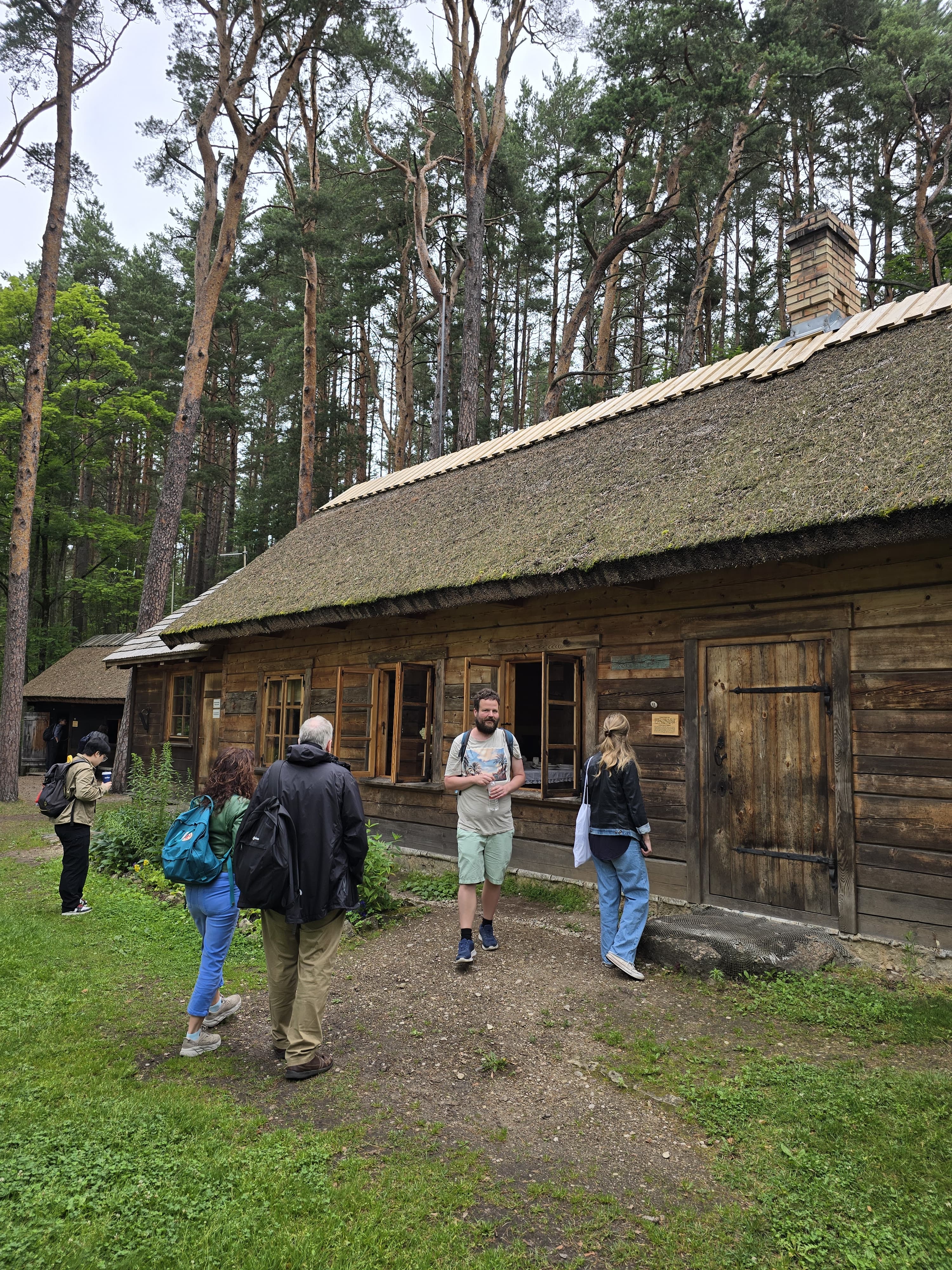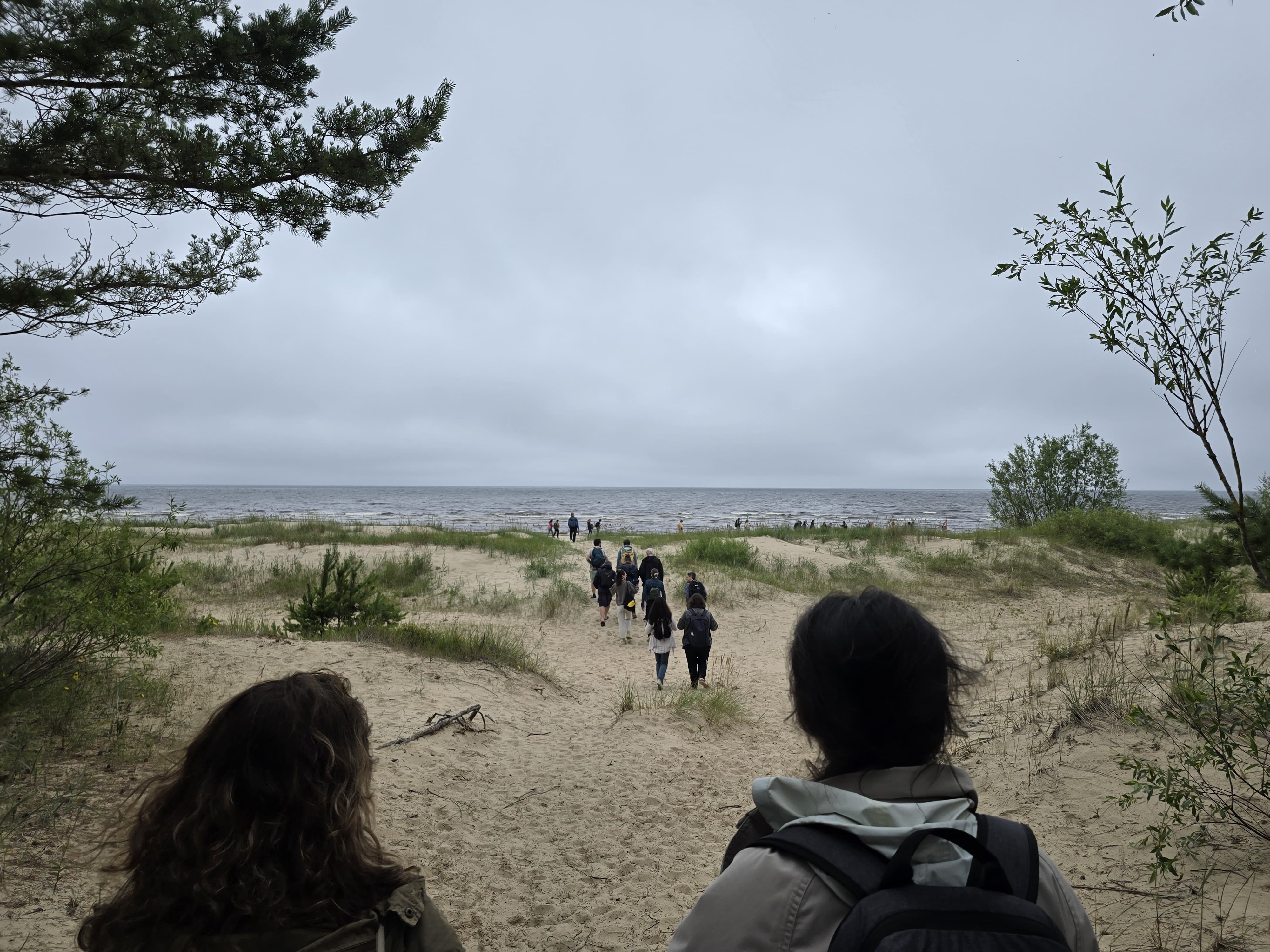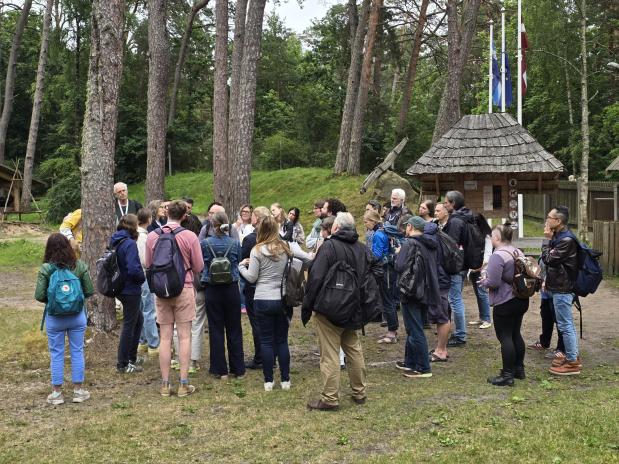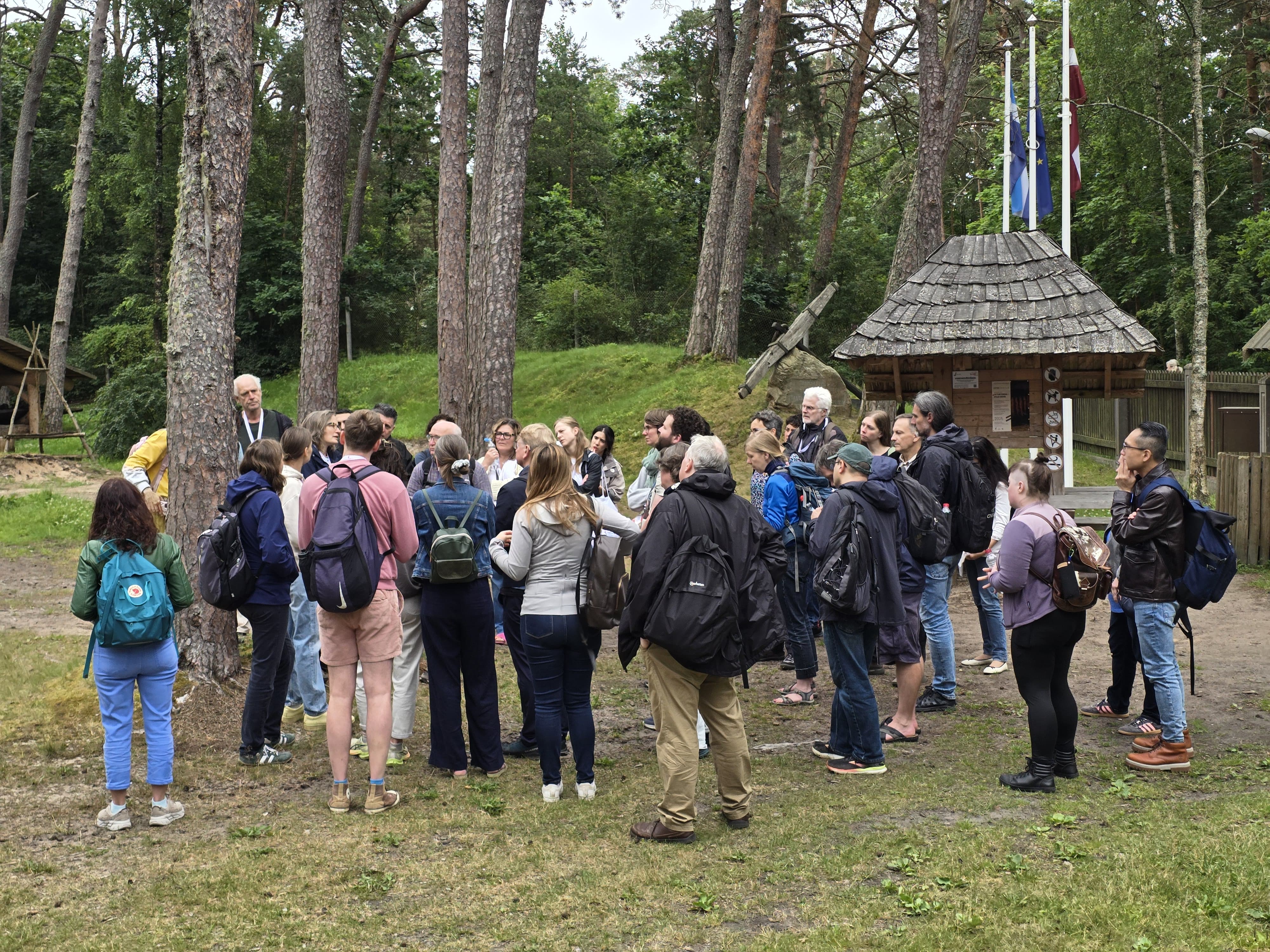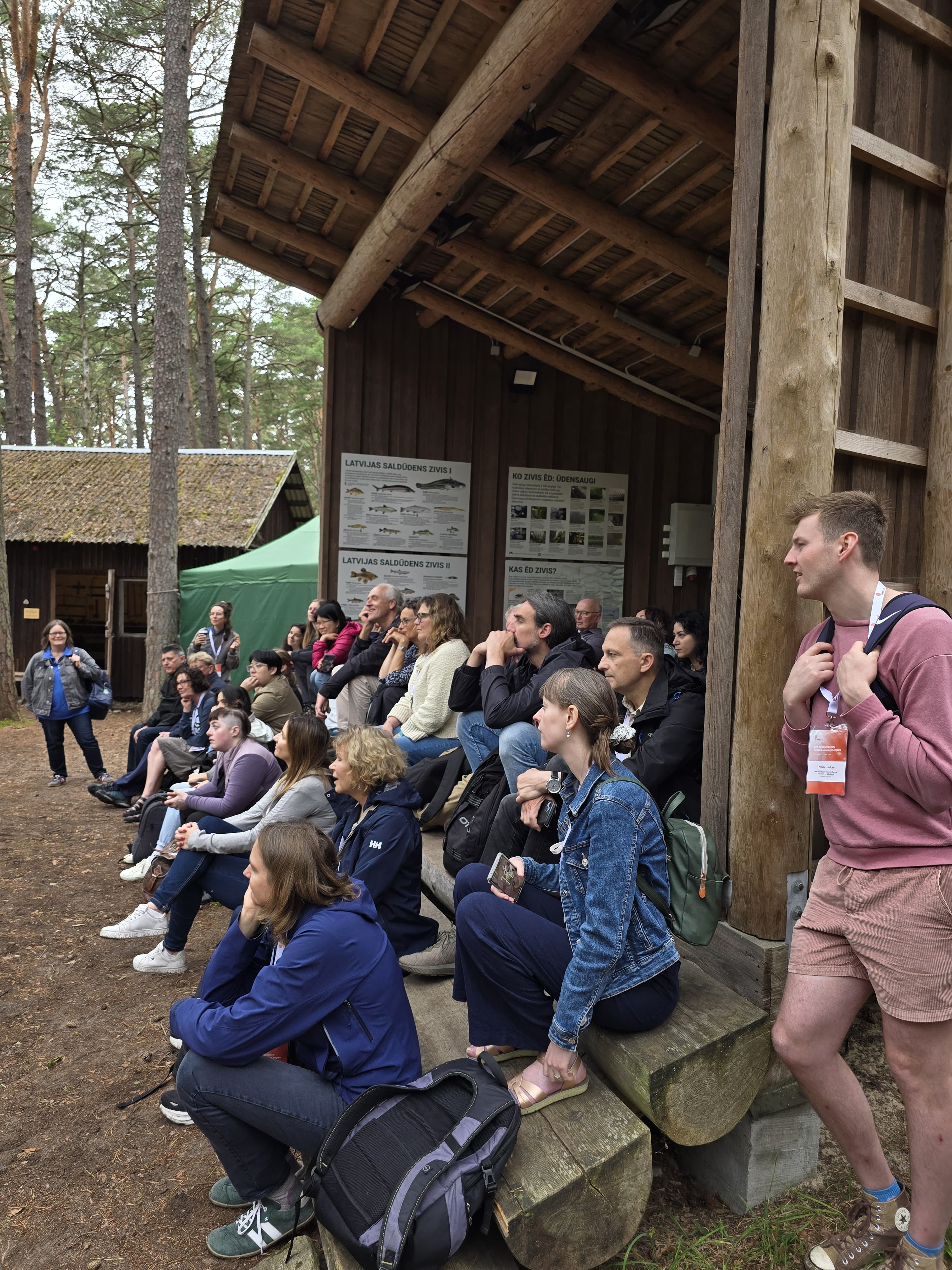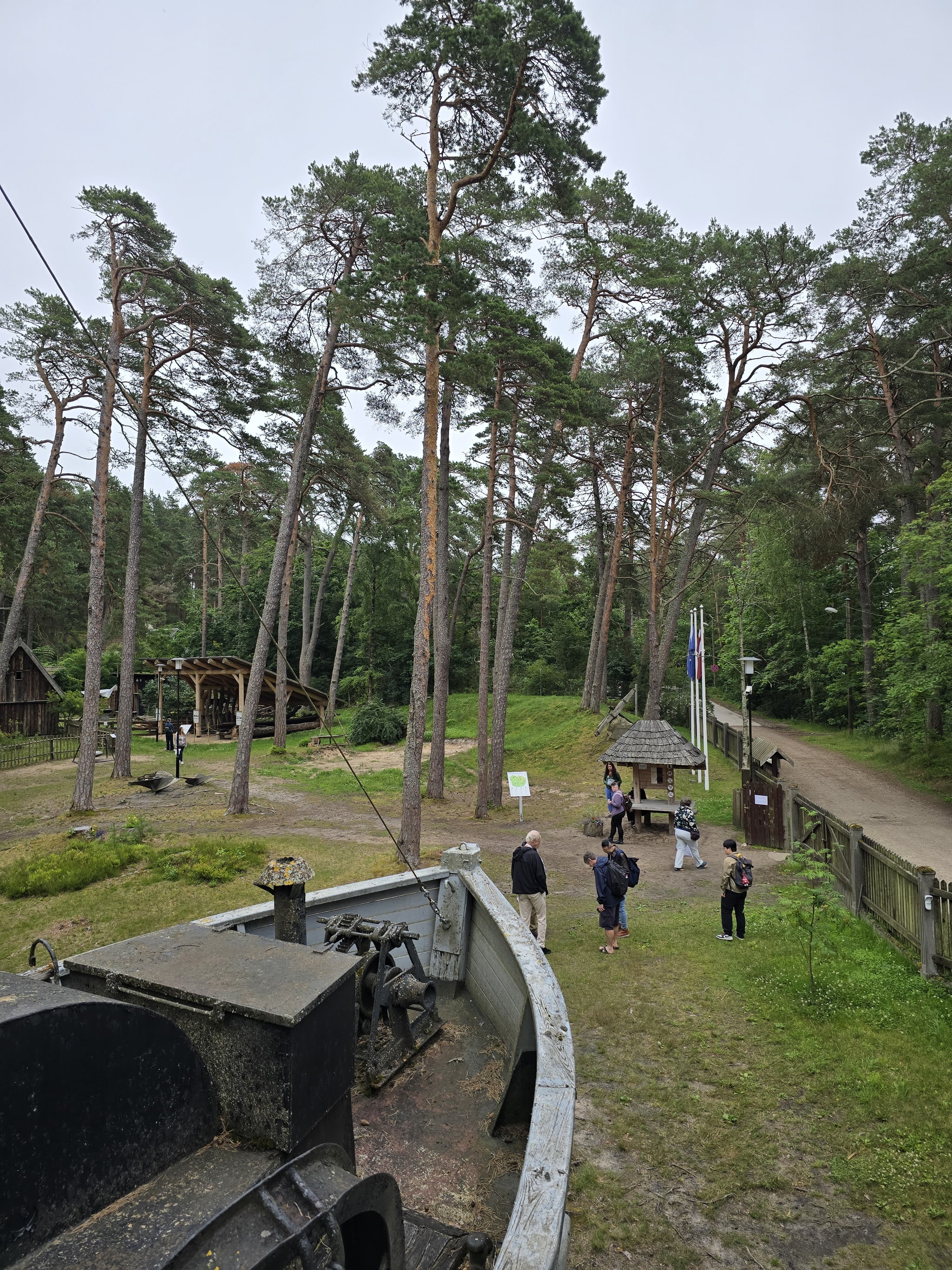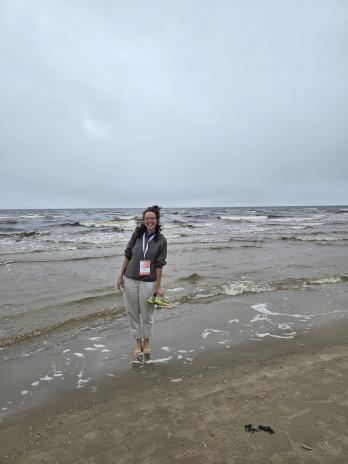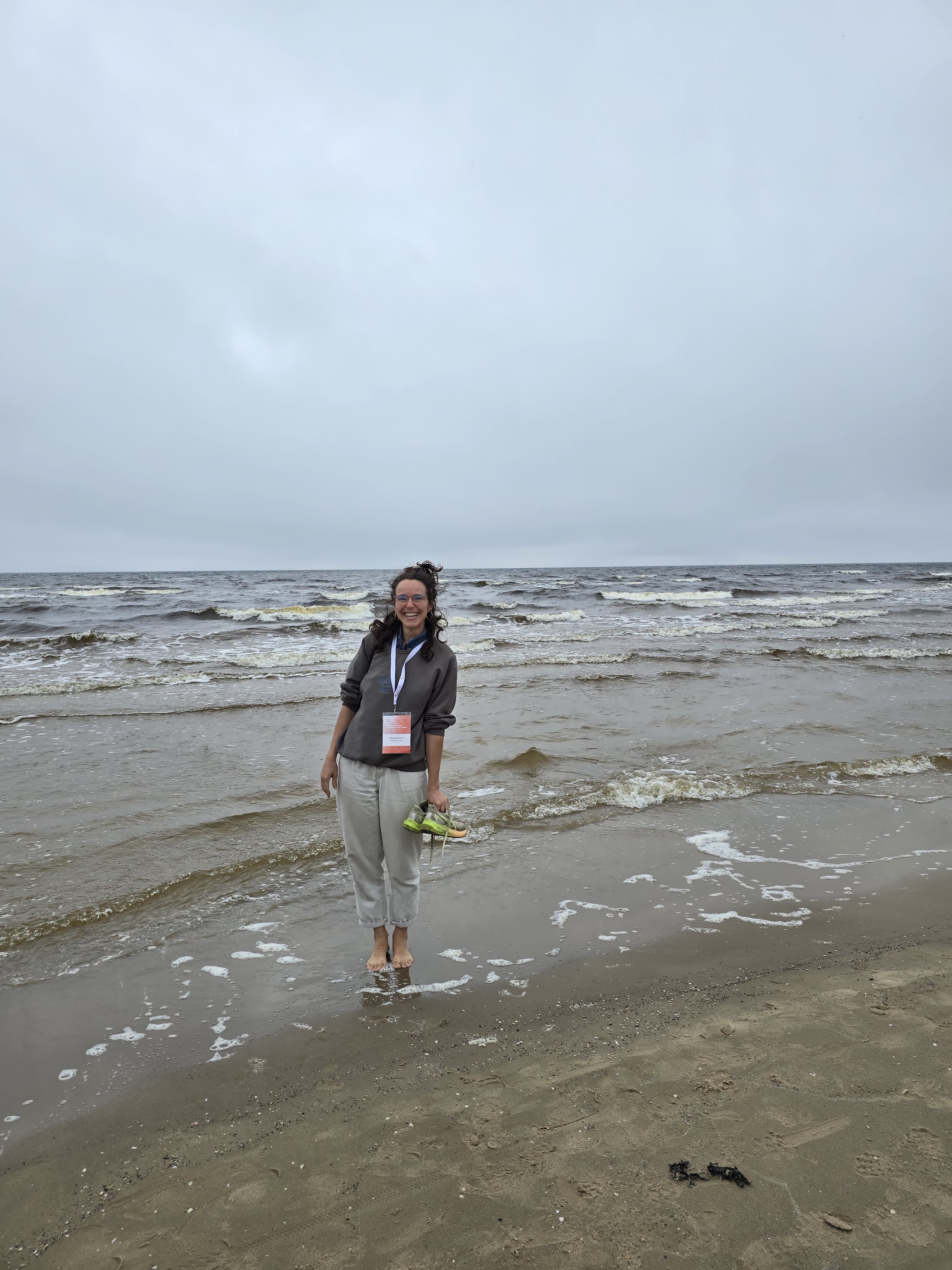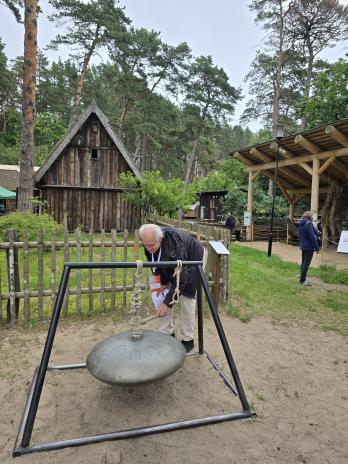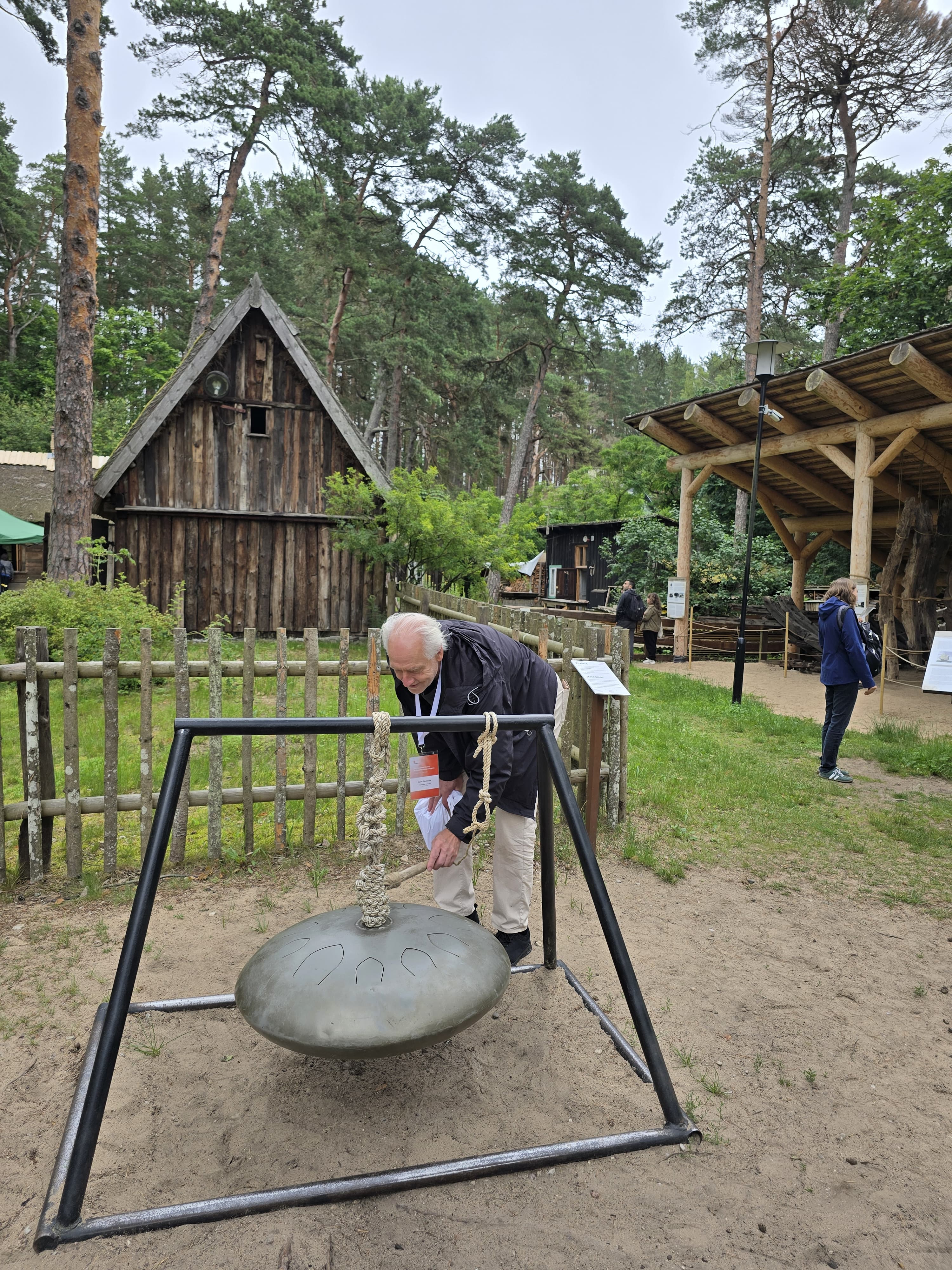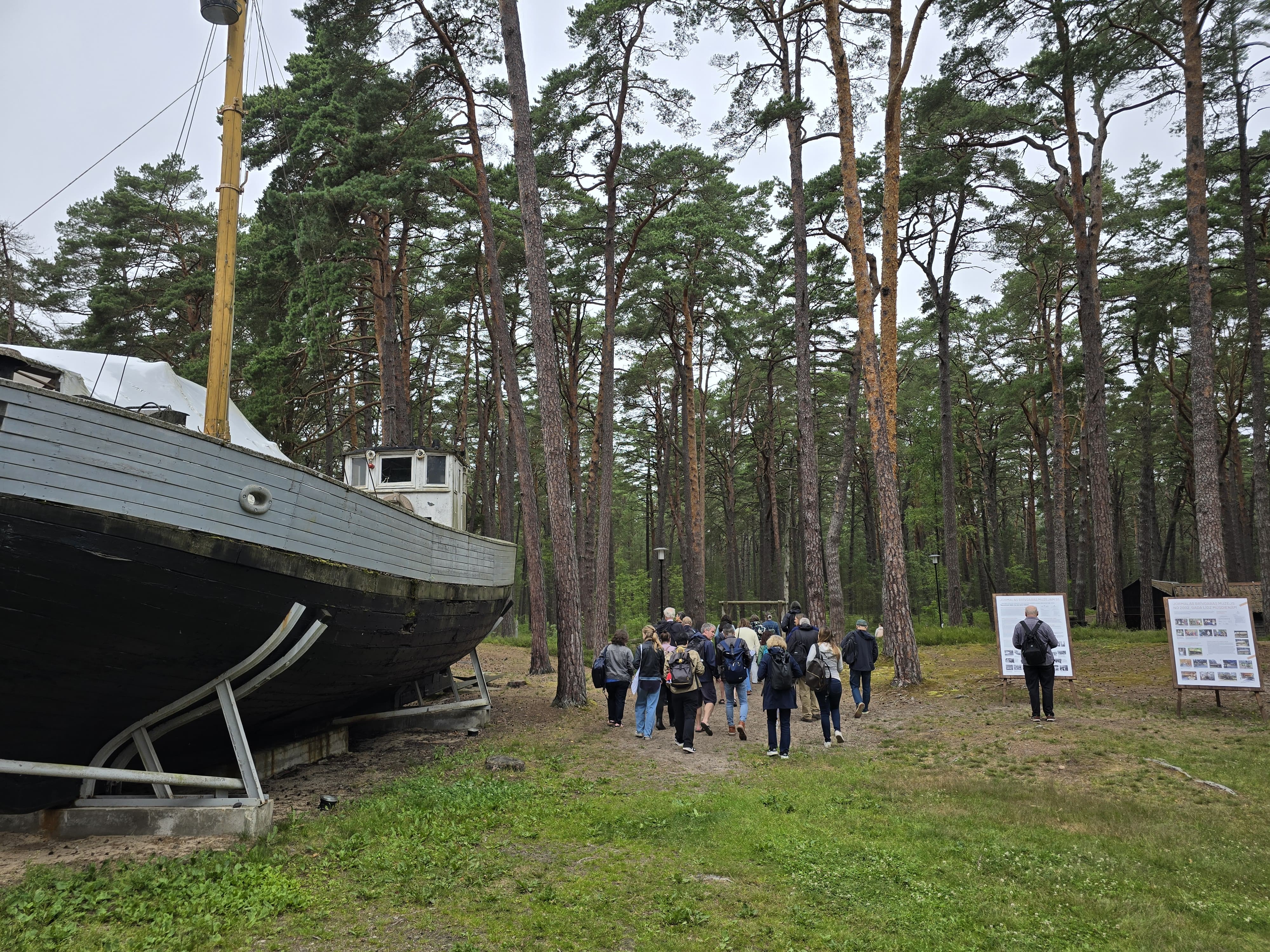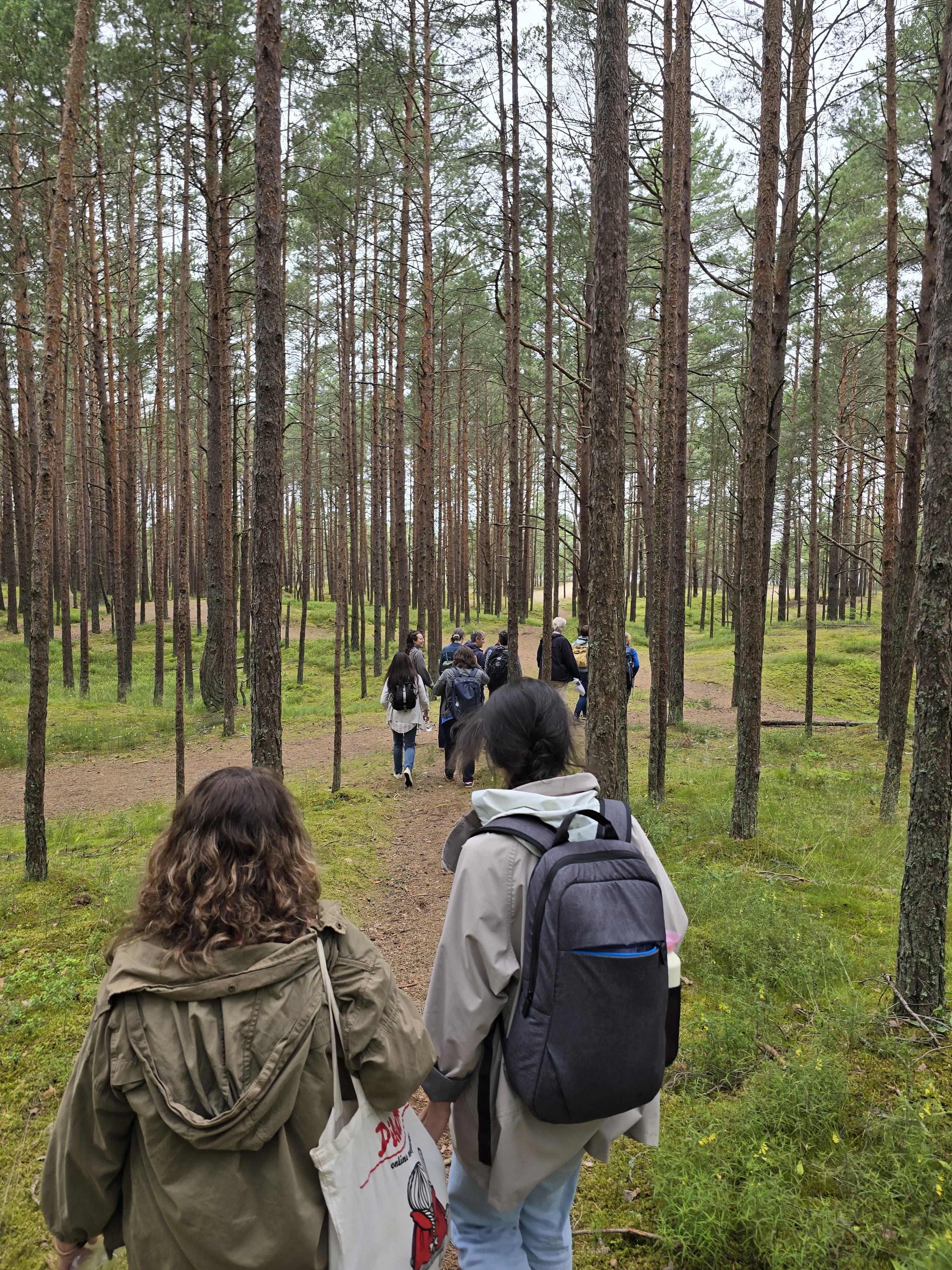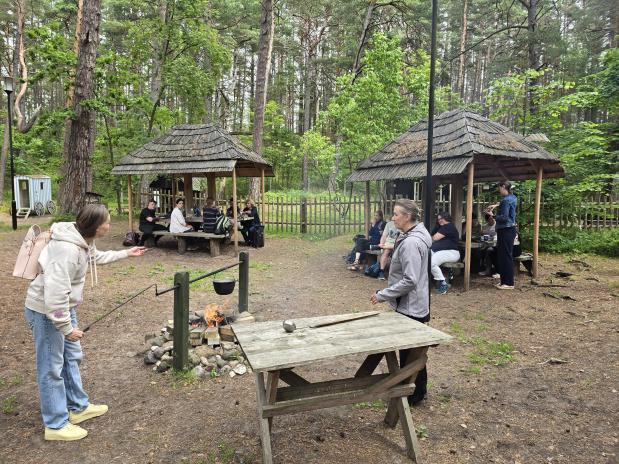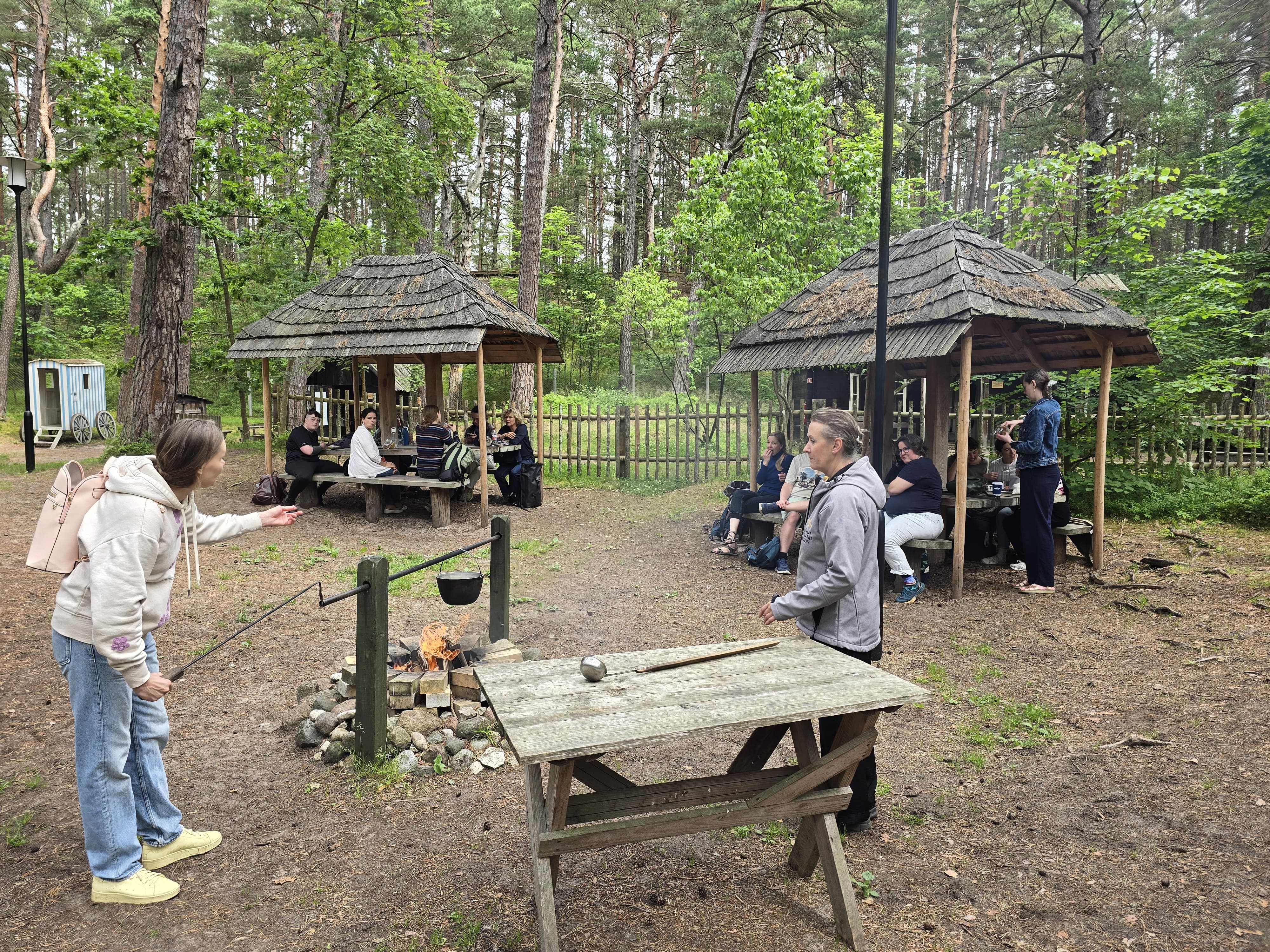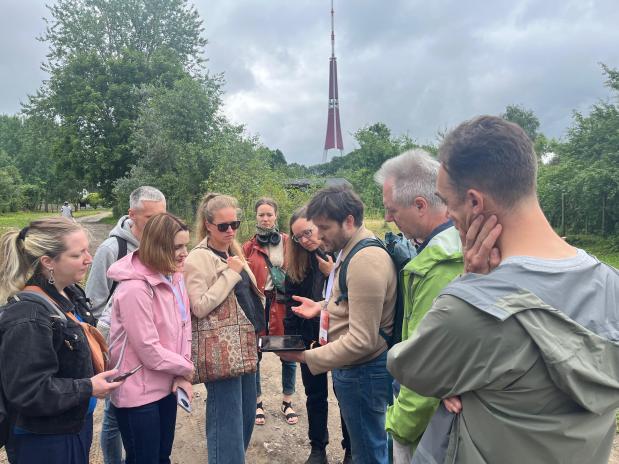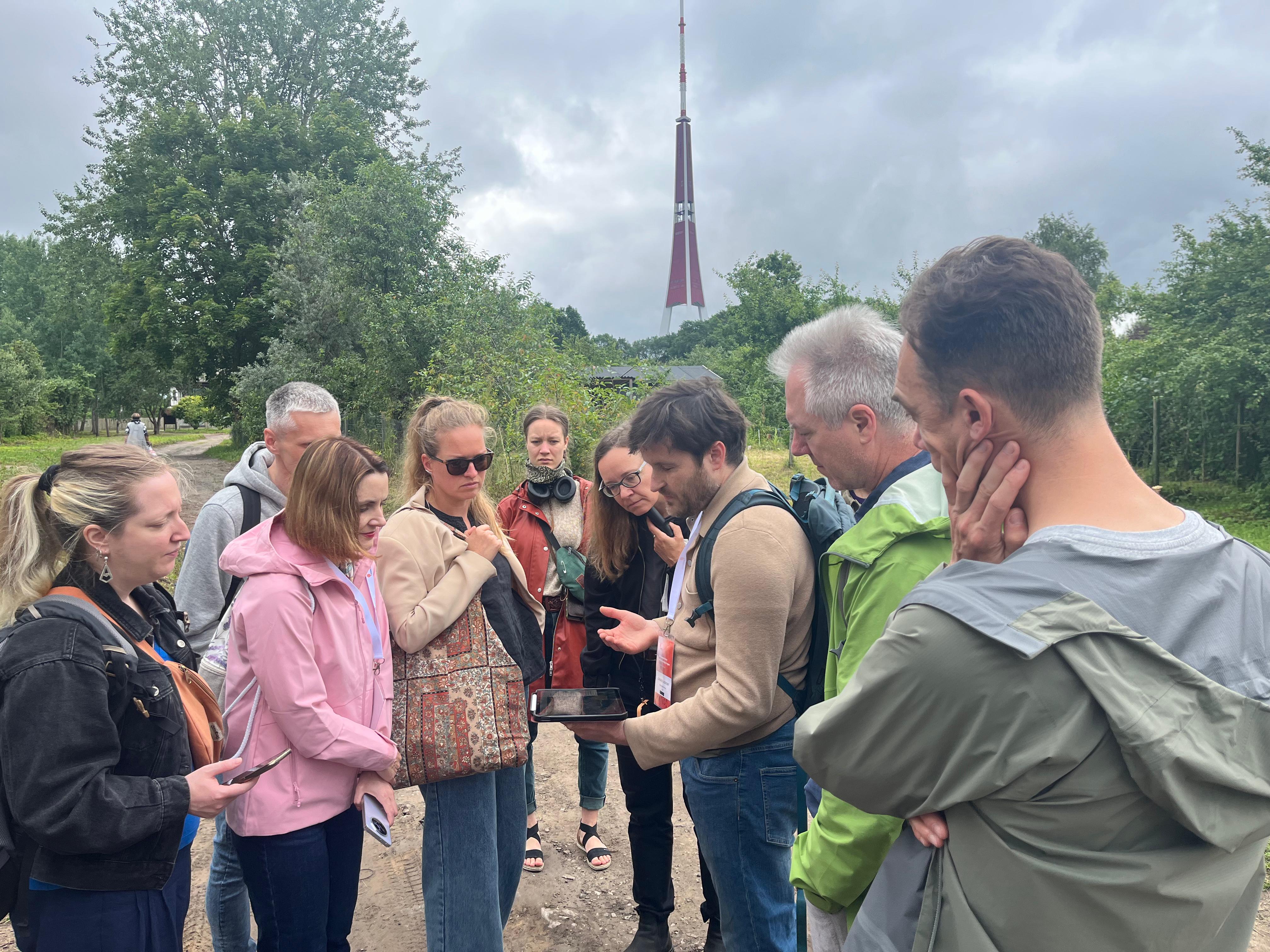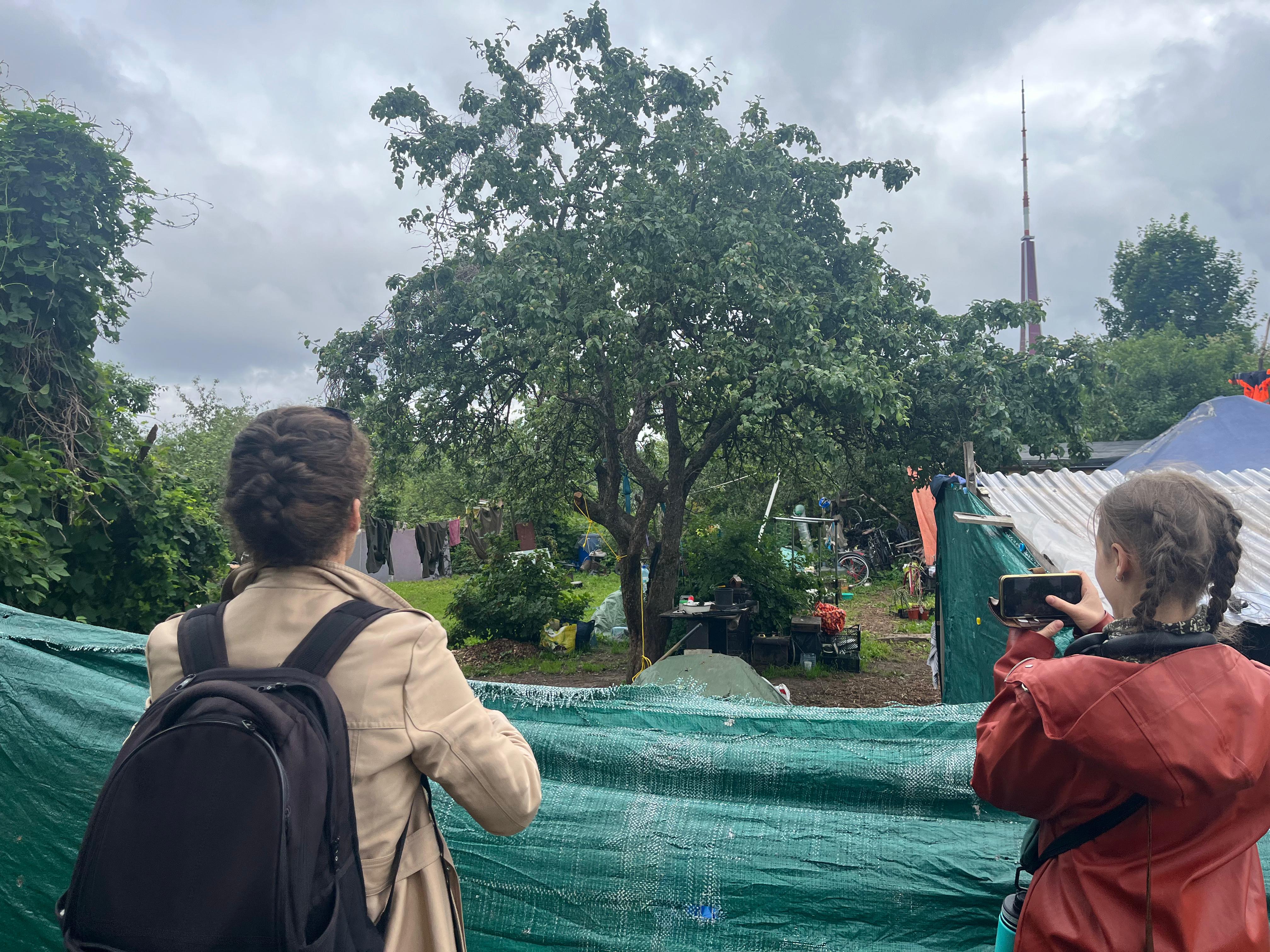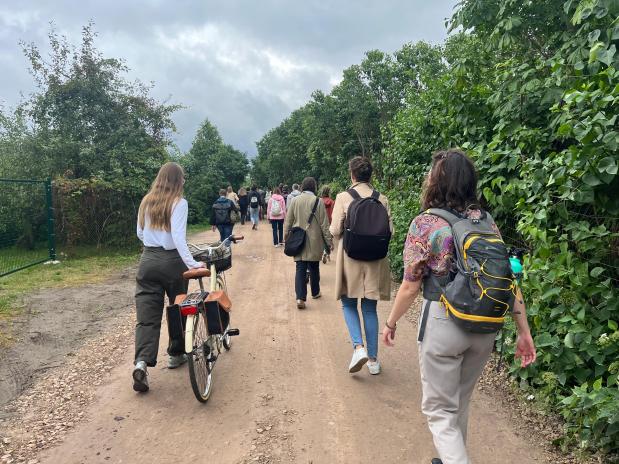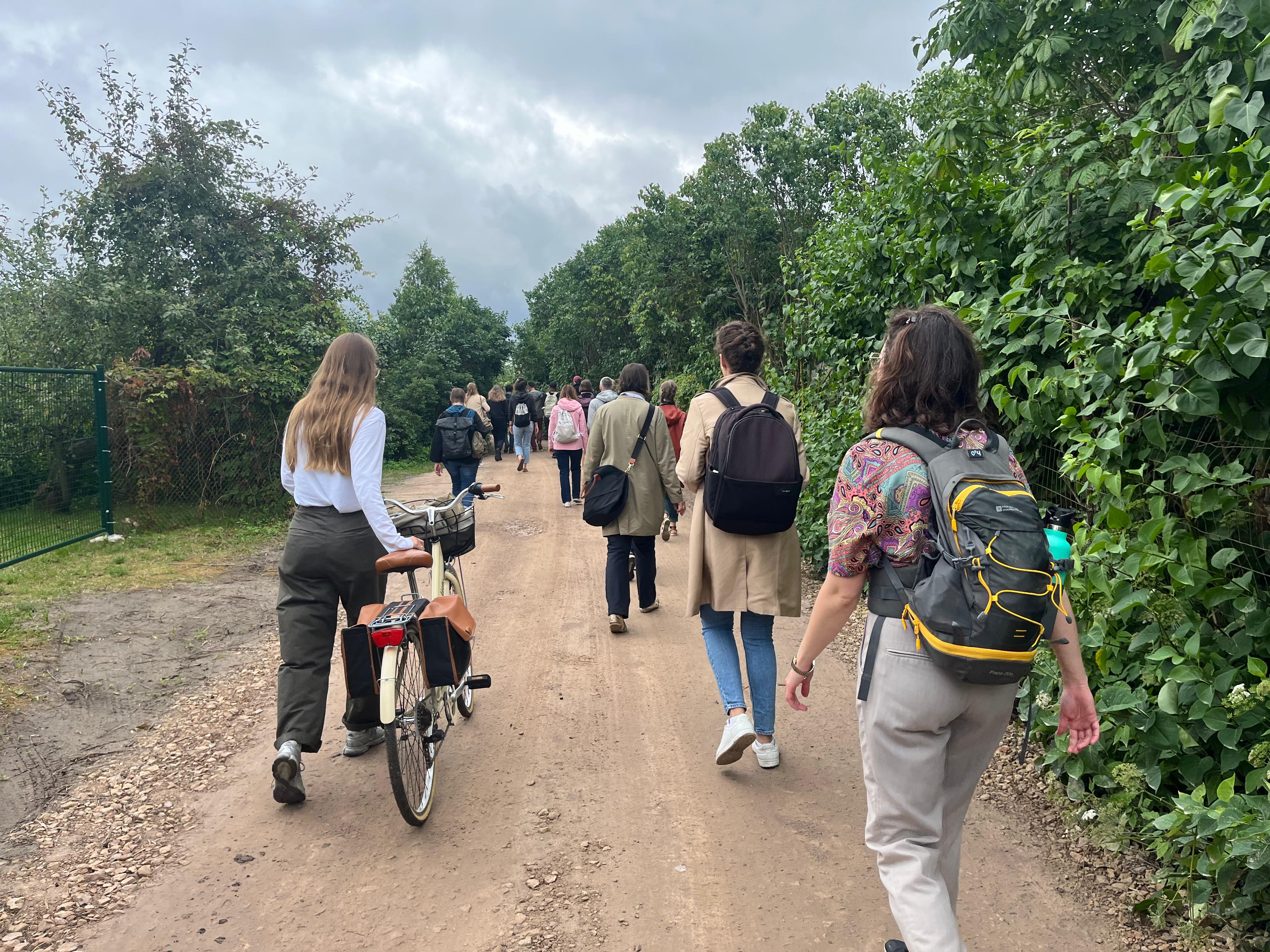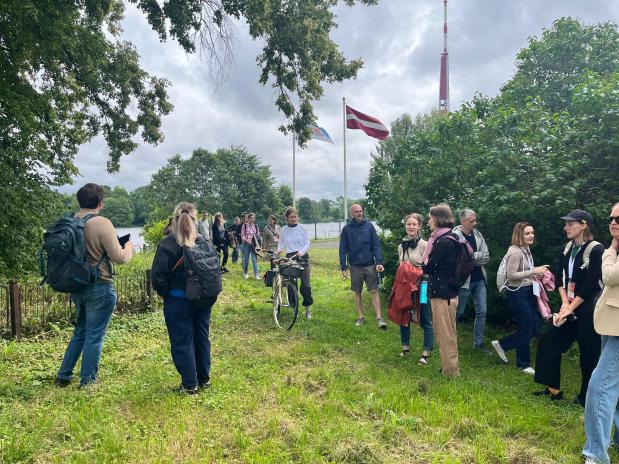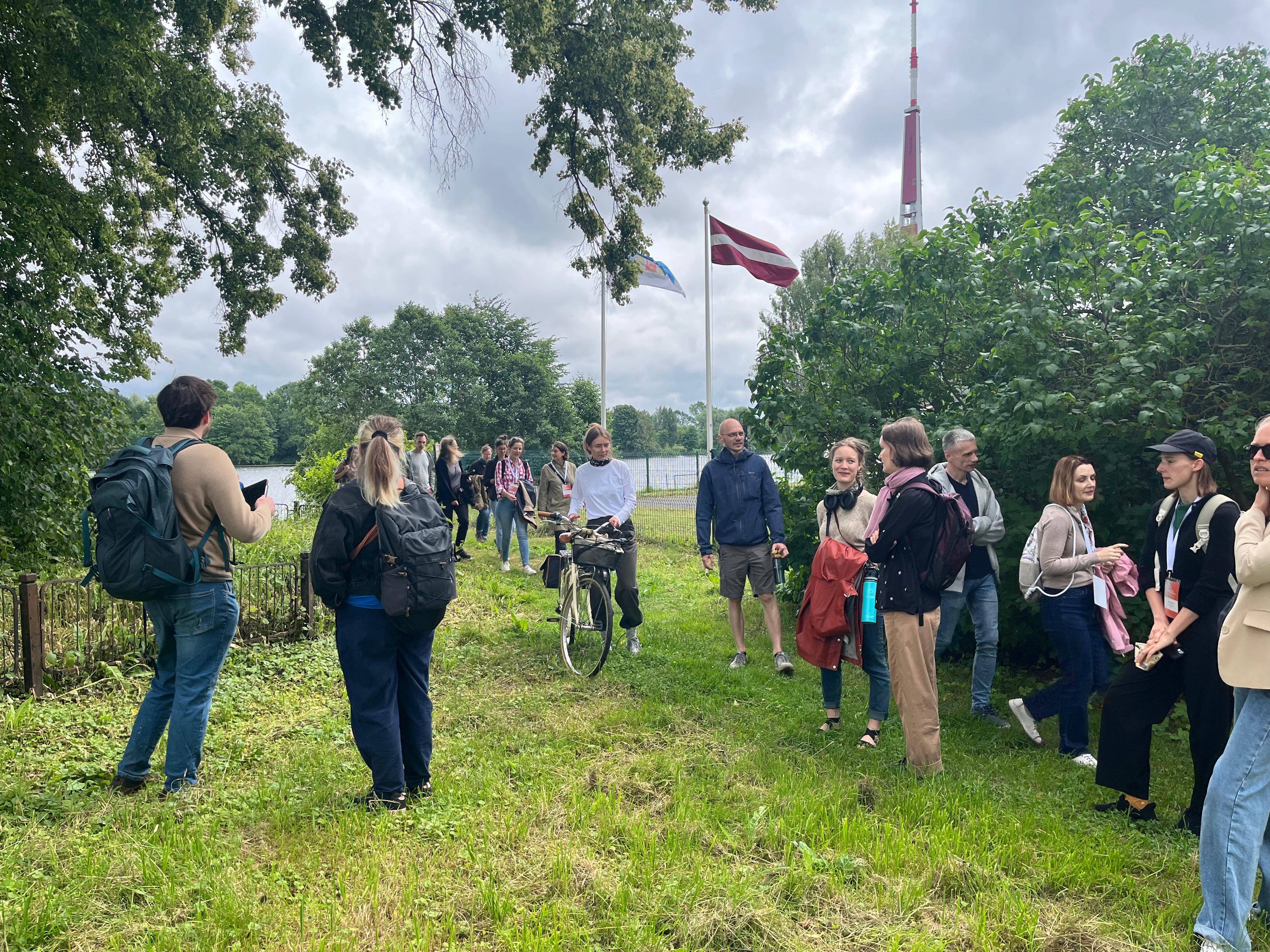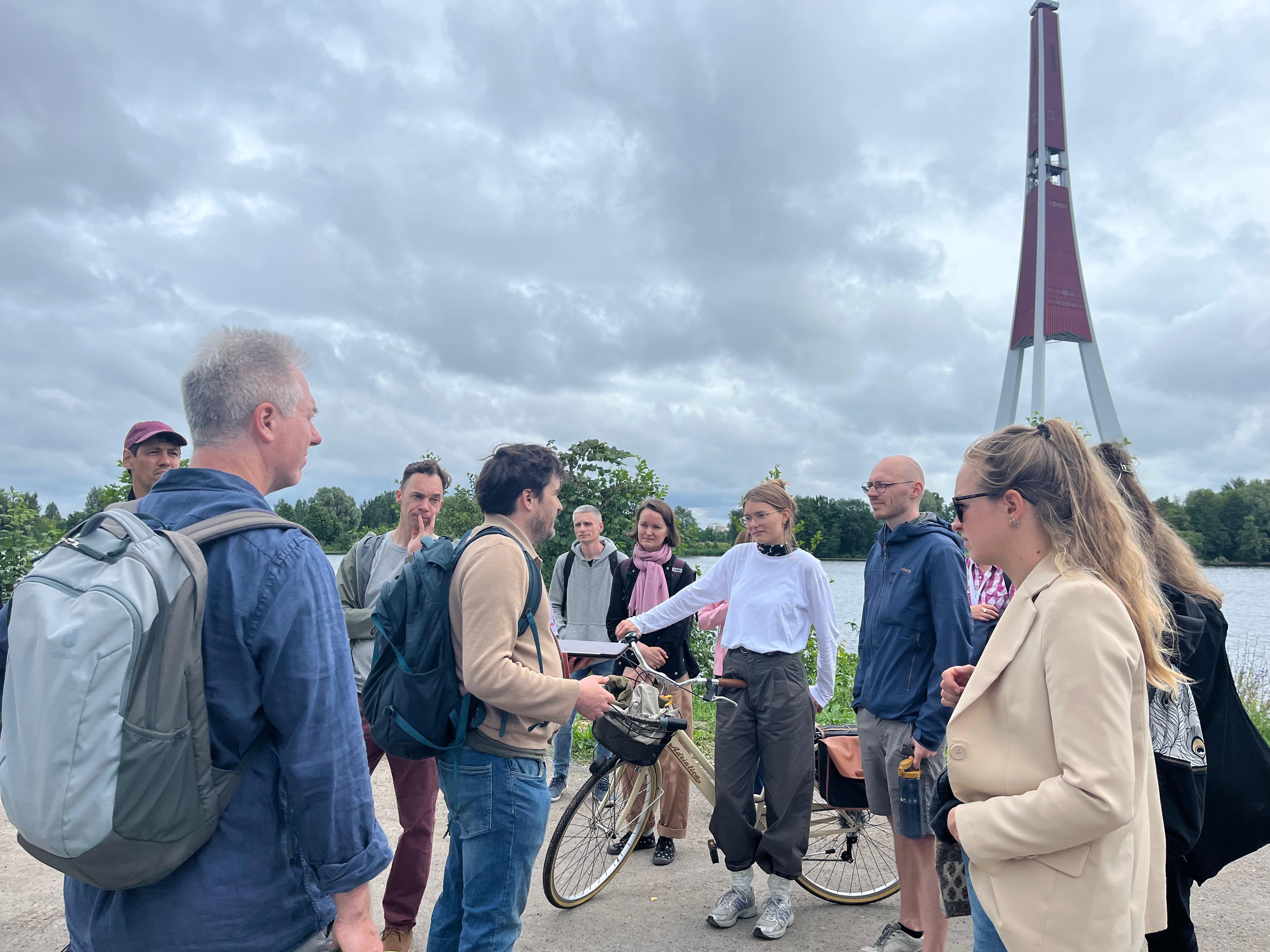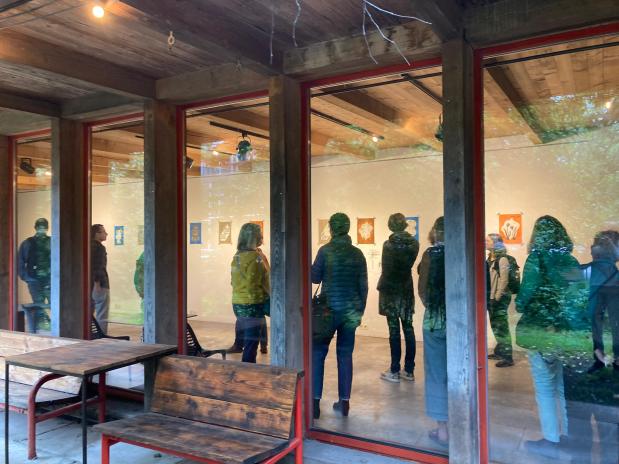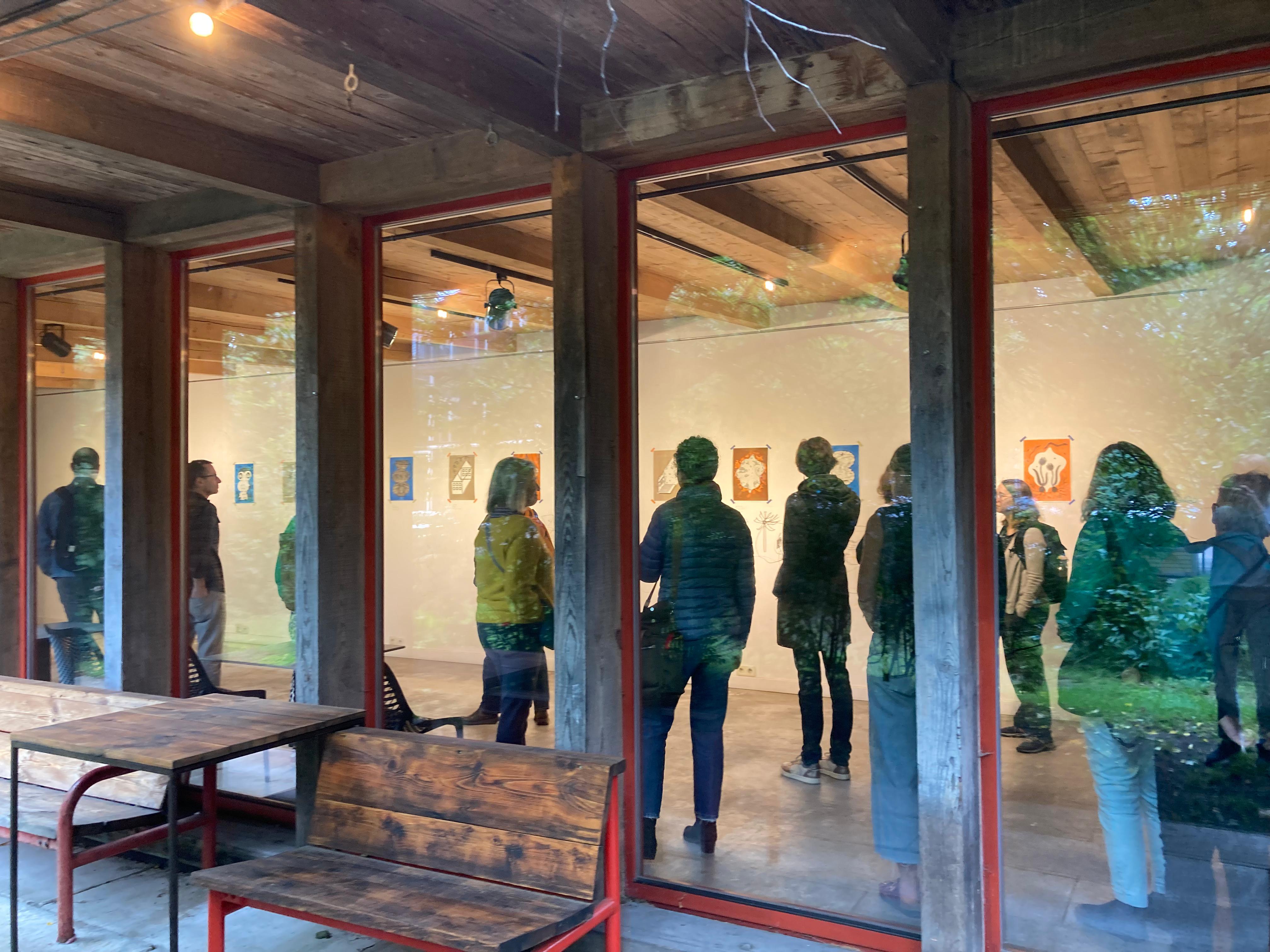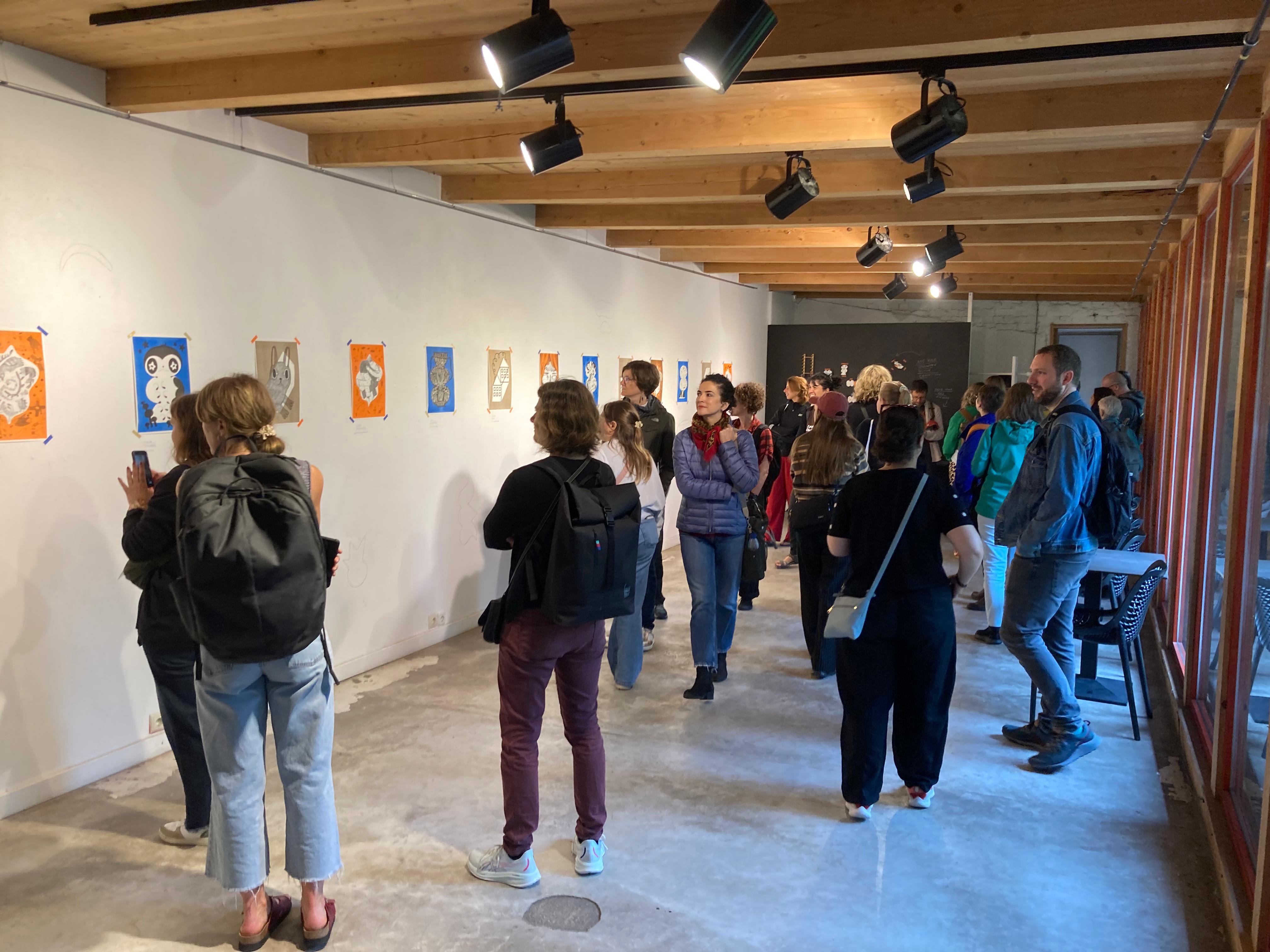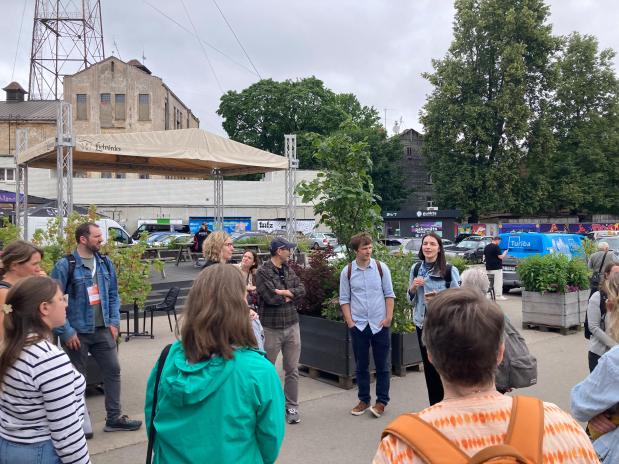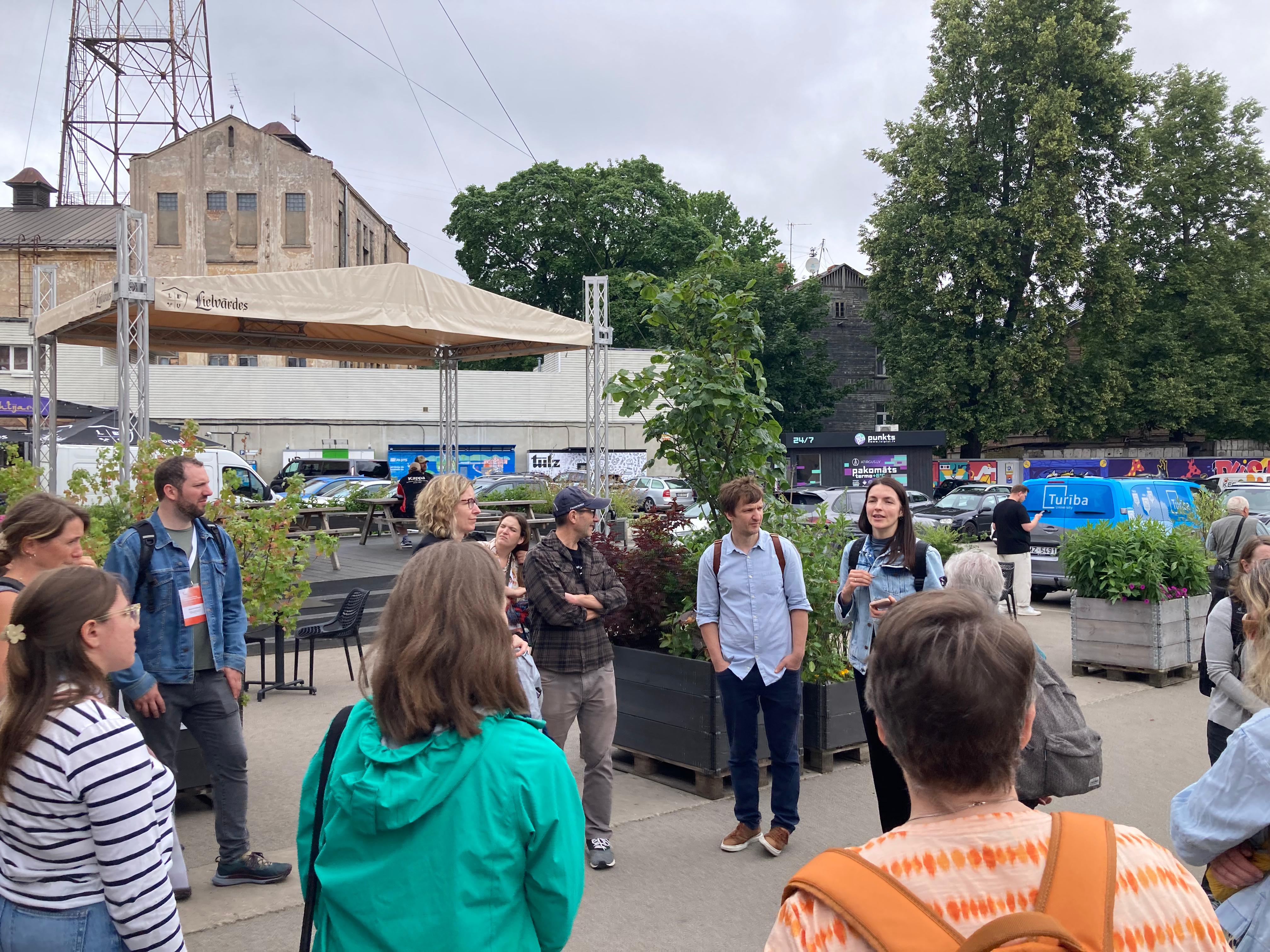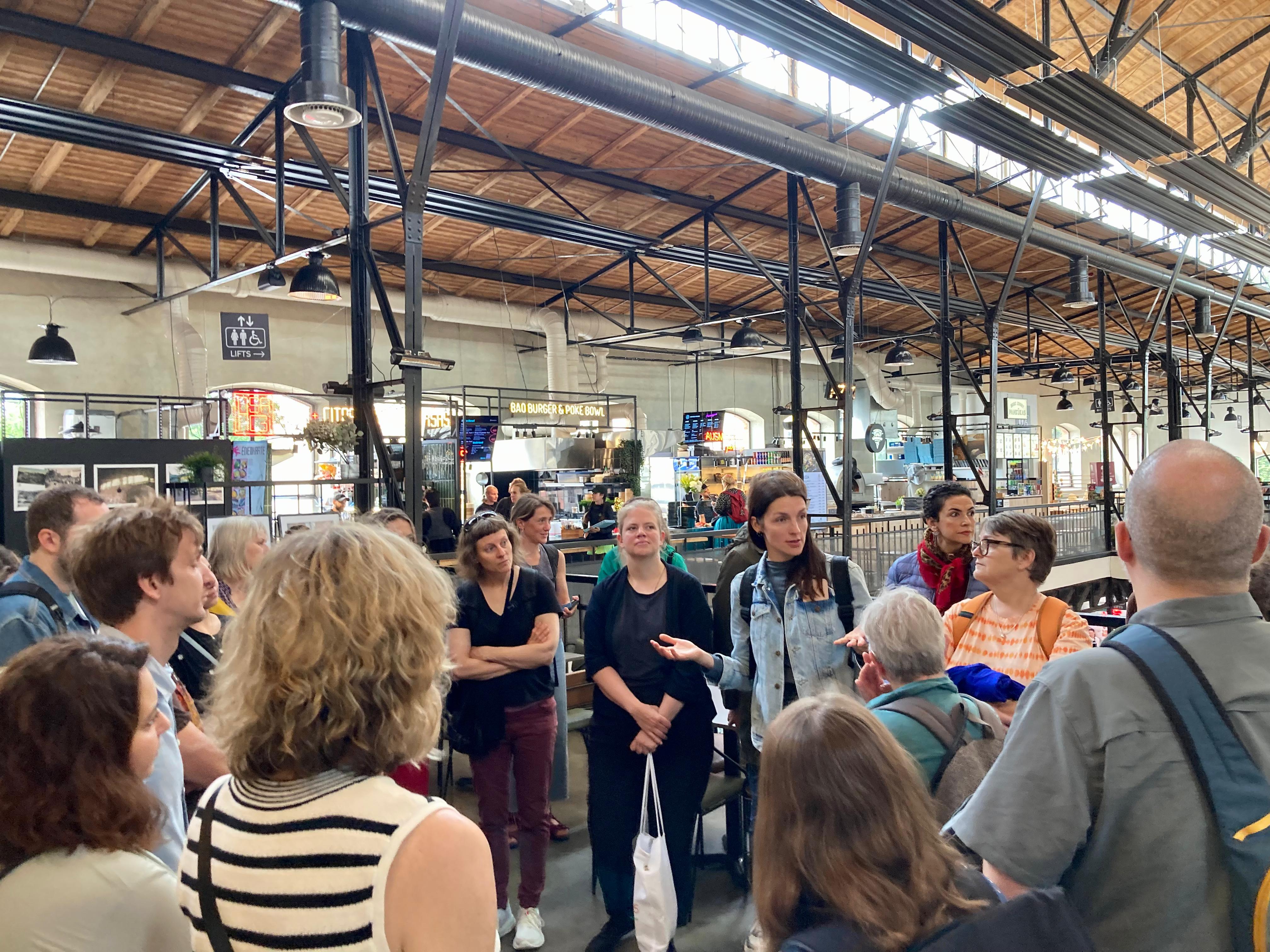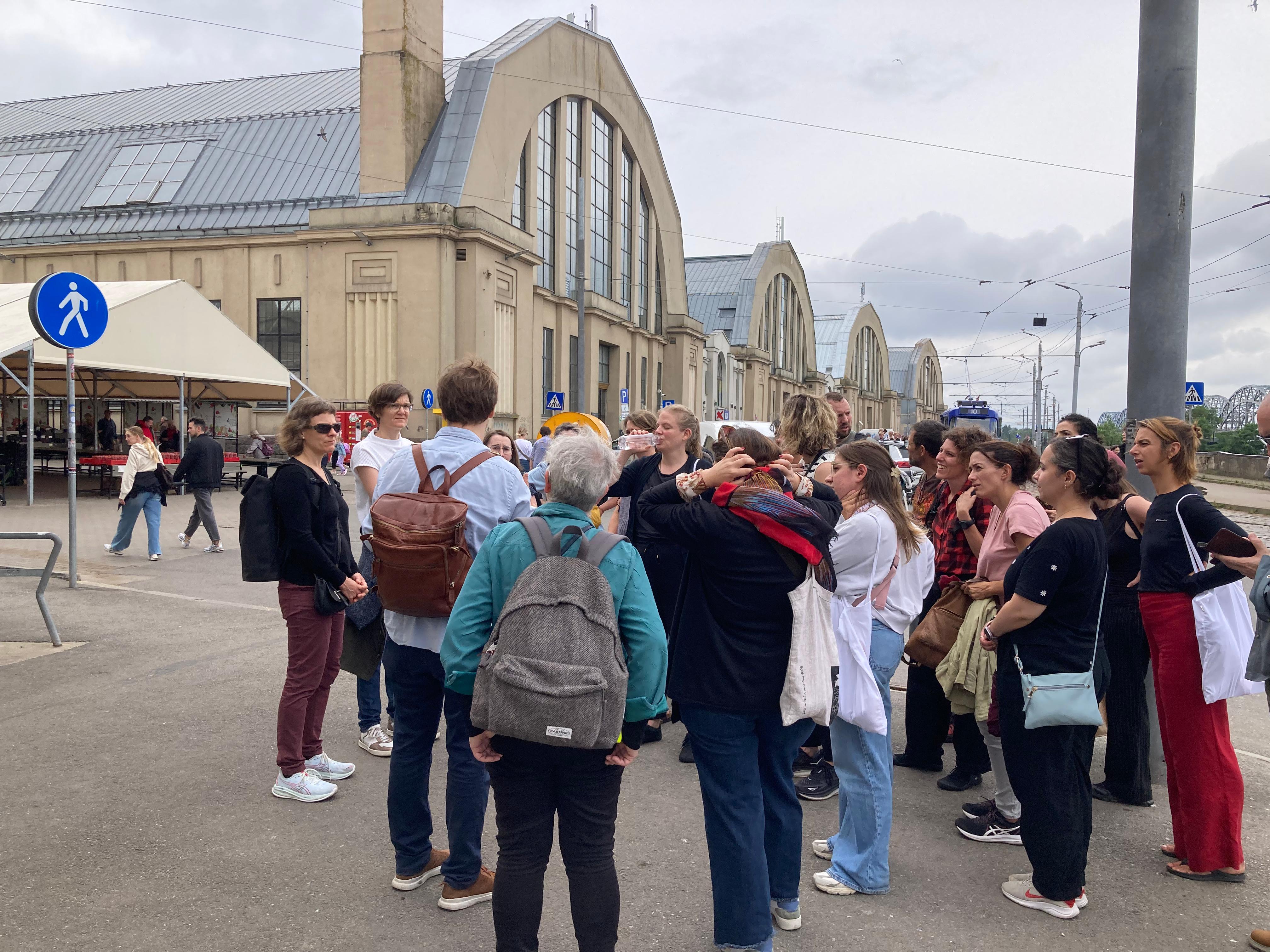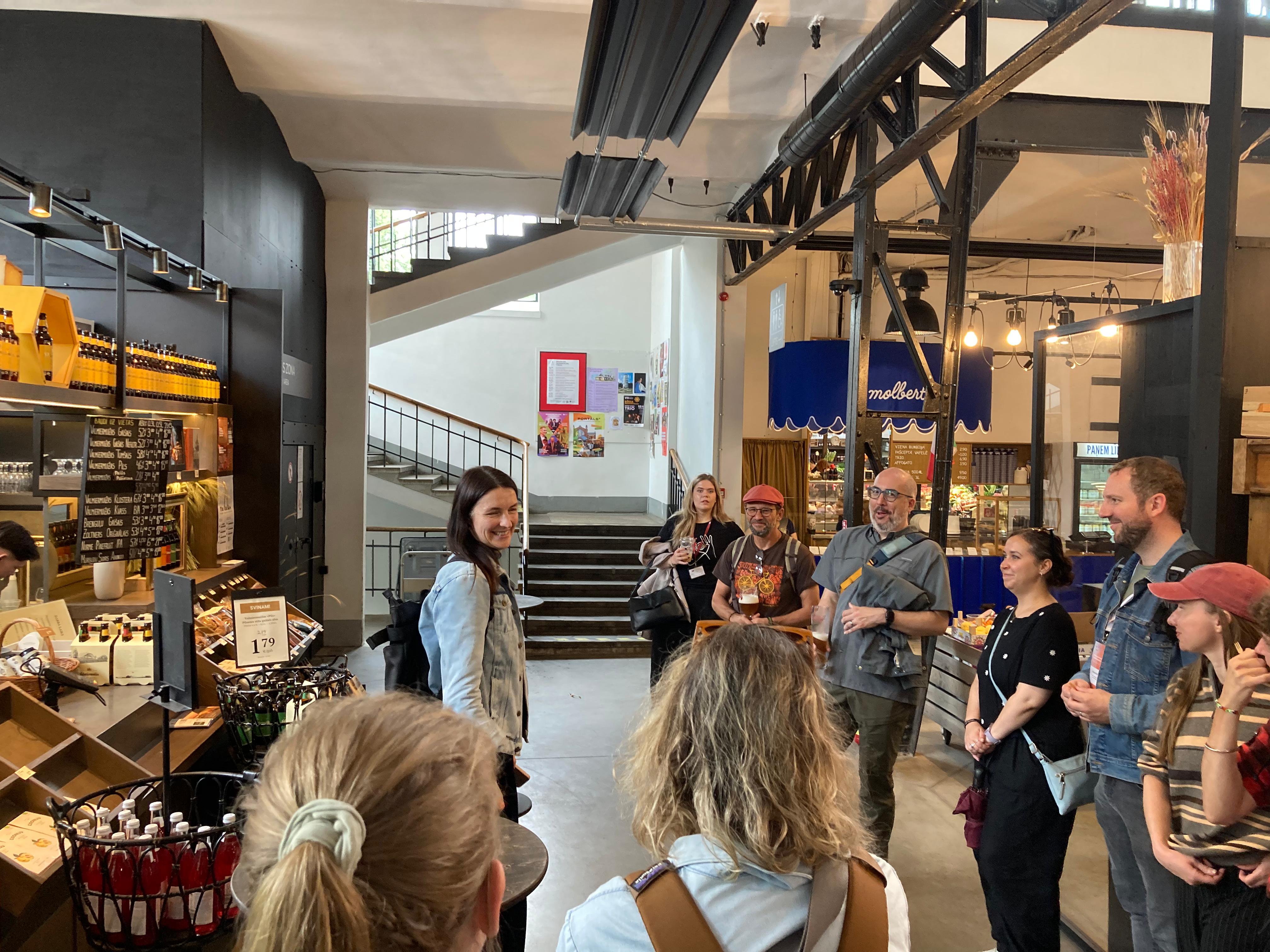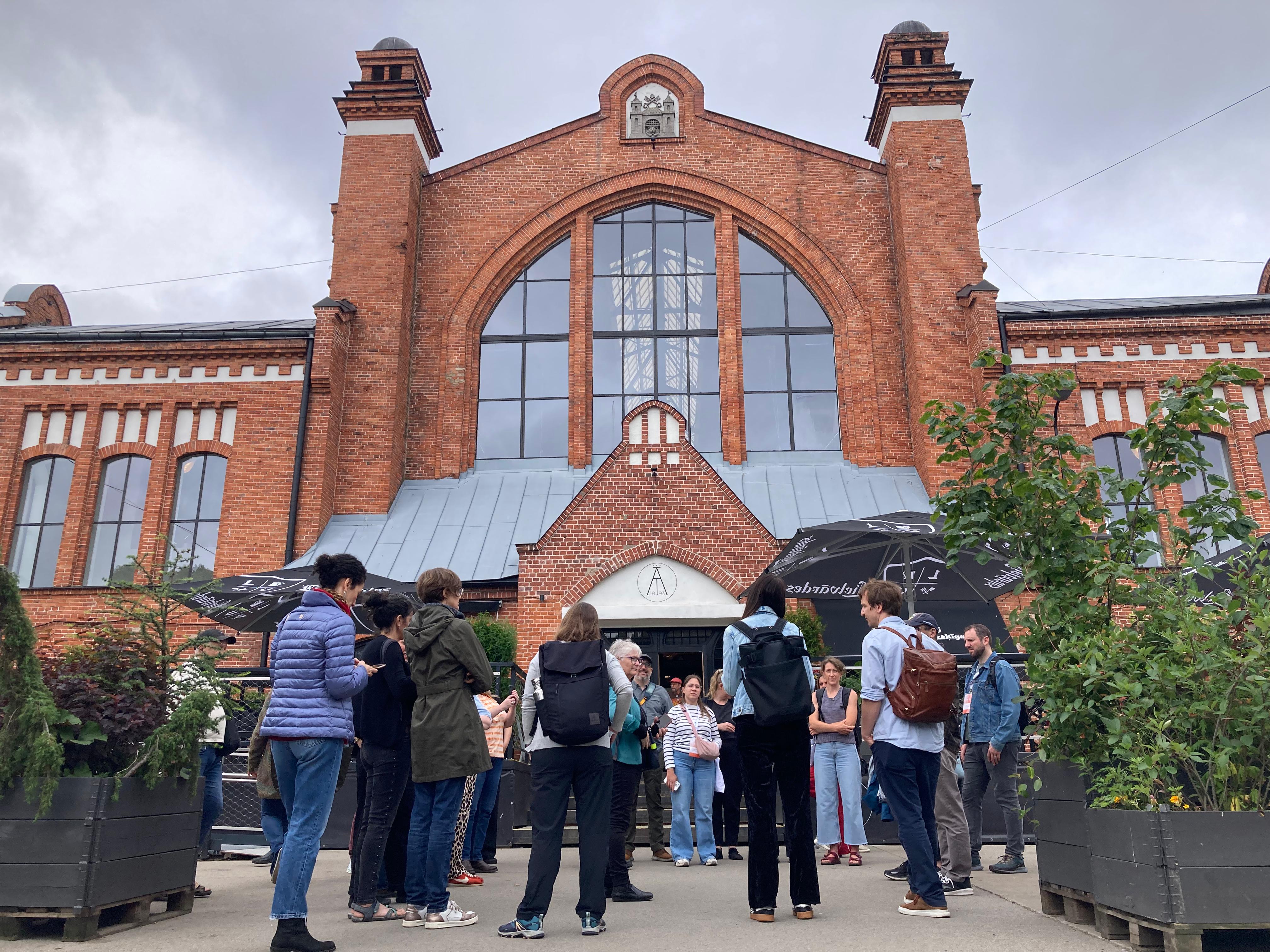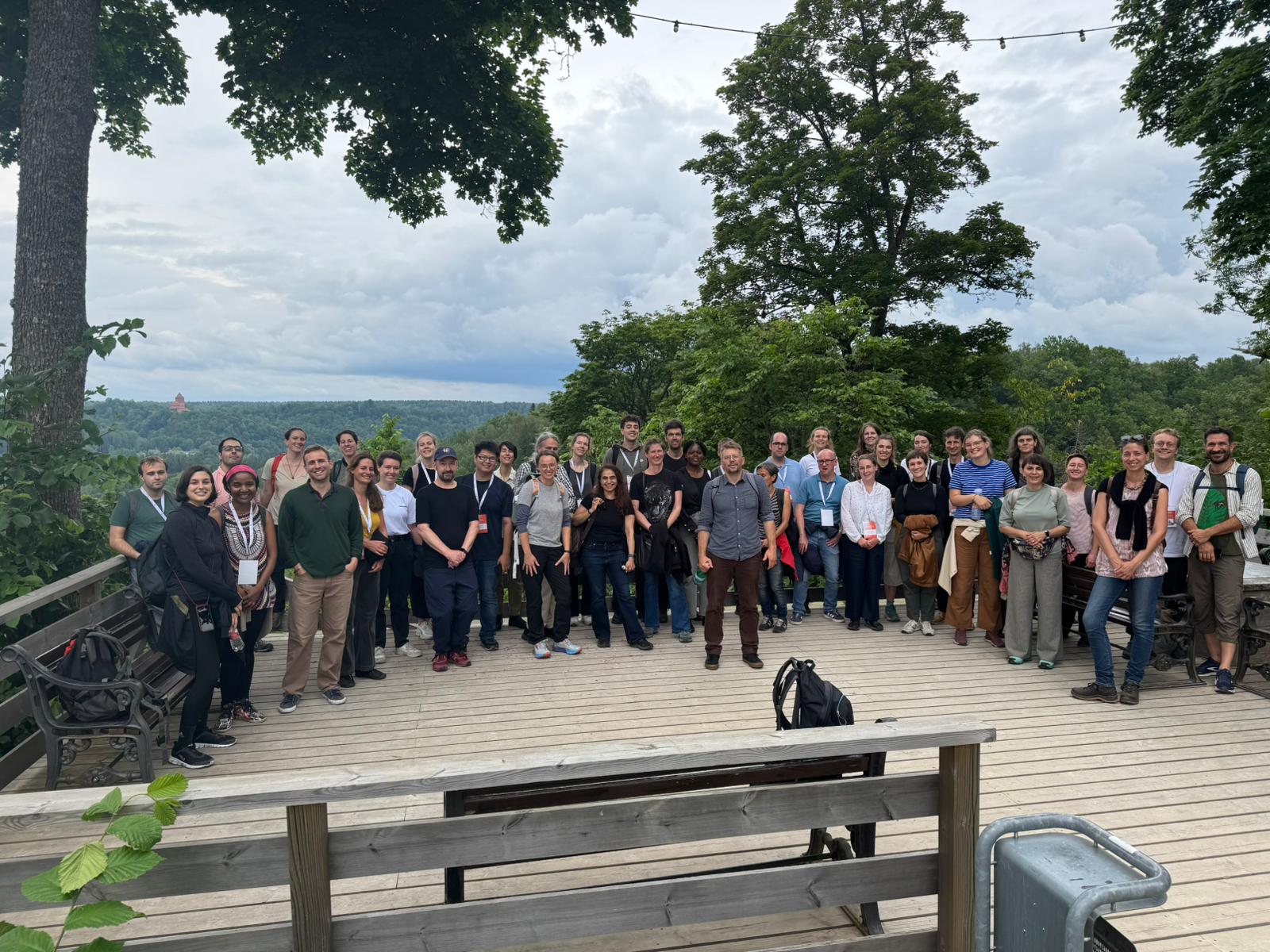Excursions
9 July 2025
Congress participants are invited to register for one of nine available excursions. Please note that each excursion has a limited capacity, and registration for a specific tour will close once the maximum number of participants is reached. Registration is available electronically.
- #1: Allotment Gardens in Rīga
A Living History of Urban Allotments
Lucavsala is much more than a collection of small urban gardens (allotments) — it is a historically rich and socially vibrant part of Riga. These community gardens are among the oldest in the city, with food cultivation on the island dating back to the late Middle Ages.
The current layout of the Lucavsala garden plots began forming in the early 20th century. Thanks to the island's proximity to the city center, it became an ideal location for urban agriculture, especially for residents of densely populated neighborhoods. These gardens offered a rare opportunity for city dwellers to grow their own food and connect with nature without leaving the city.
Today, this same proximity remains crucial. Lucavsala is at the heart of an ongoing struggle over land use—where property developers, city policymakers, populist politicians, and environmental activists all compete for influence. The gardens are not just spaces for growing vegetables; they symbolize broader issues such as access to public land, ecological sustainability, urban resilience, and the right to self-sufficiency.
During the excursion, we will walk along the paths that weave between new housing developments, large retail centers, and the resilient garden plots. This journey through Lucavsala will reveal a uniquely multifunctional urban space where food production serves as both a practical necessity and a catalyst for civic engagement. It is also a living example of how ordinary citizens can shape and defend their urban environments.
Meeting Point
Parking lot at Laivu iela, Zemgales priekšpilsēta, Riga, LV-1004
Public Transport Access
Trolleybus 4 or 19 – stop “Lucavsala”
Tour Guide
Matīss Šteinerts, social anthropologist and architect
This is a walking tour, and it will last approximately 3 hours.- #2: Short Food Supply Chains
Walking the City: Exploring Short Food Supply Chains in Rīga
This half-day walking excursion offers participants an in-depth look into how short food supply chains operate within Riga’s urban landscape. Tailored for researchers in the social sciences with an interest in food systems, the tour explores the intersection of local food production, distribution, and consumption through the lens of markets, public spaces, and community initiatives.
The excursion begins at Kalnciema Market (10:00), a vibrant example of a community-driven initiative promoting small-scale local producers and sustainable food practices.
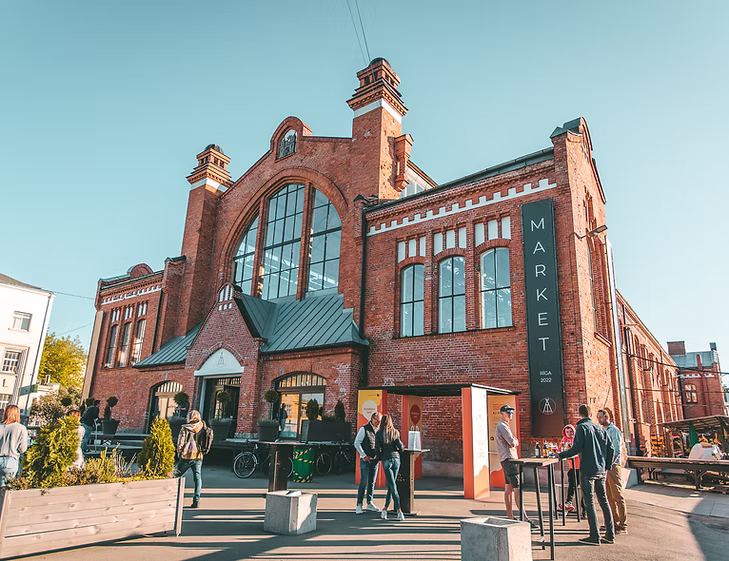
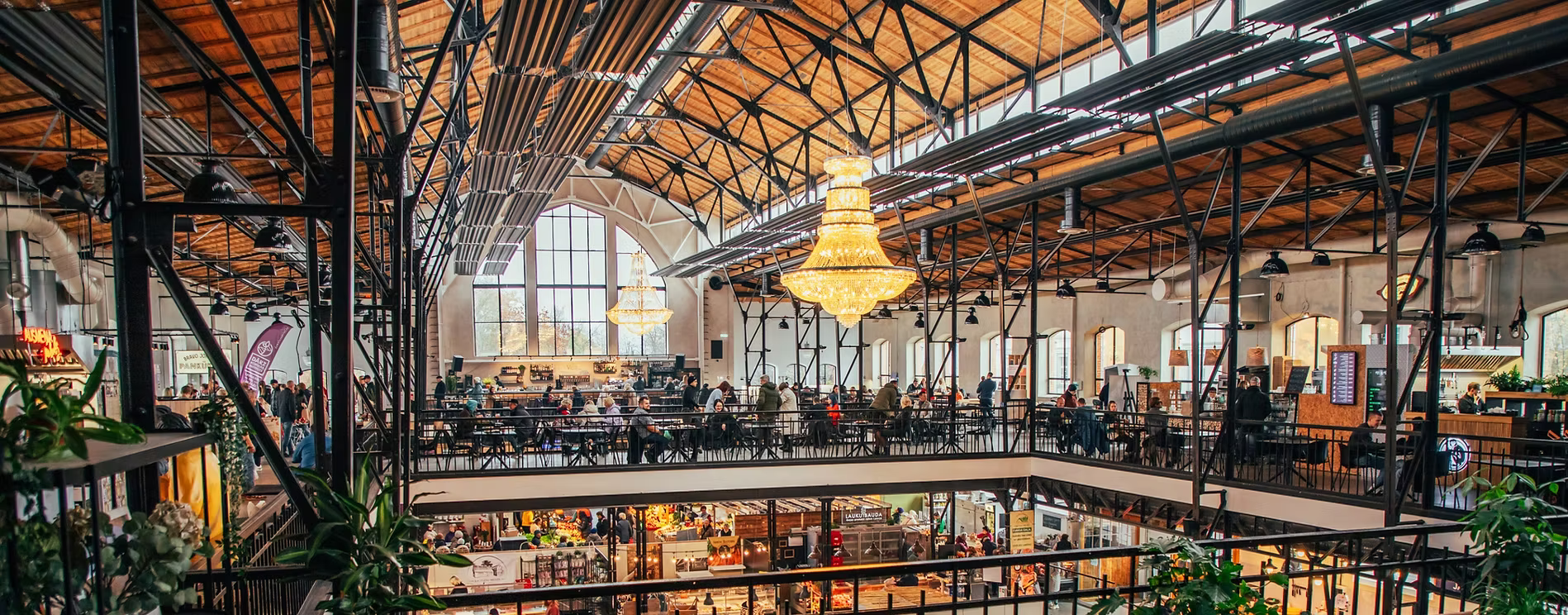
Participants will then walk to Āgenskalns Market (11:00, pictured), a recently revitalized historical marketplace where discussions will focus on urban food networks, producer-consumer relationships, and the role of traditional market spaces in contemporary food provisioning.
The route continues through Uzvaras Park (12:00), where the conversation will shift to the role of green urban spaces in supporting food citizenship, potential community gardening initiatives, and food-related activism.
The final stop is Rīga Central Market (13:00–13:40), one of Europe’s largest and most diverse market complexes, where the scale and complexity of food supply systems can be compared with more localized models seen earlier in the day. The tour aims to spark critical reflection on how food circulates in urban environments and the social infrastructures that support alternative food networks.
- #3: Experience Excursion
8:30
Departure from Rīga
10:00–11:30
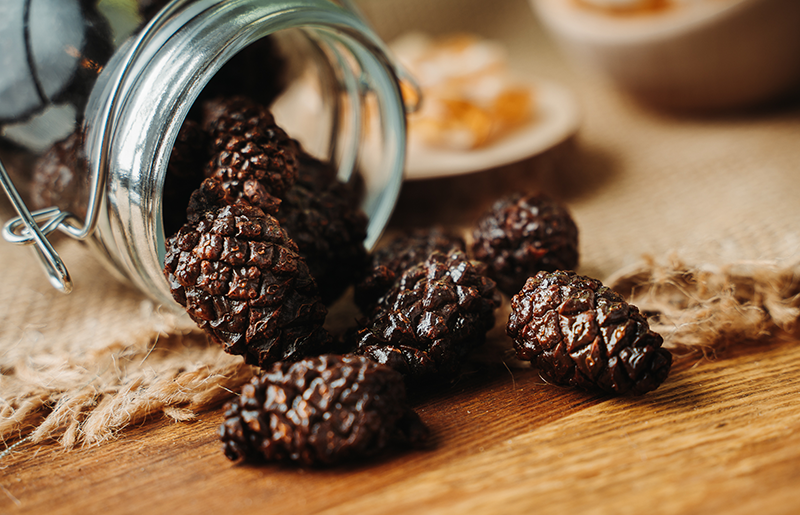
Family business Mītava Čiekurs, Pinecone Products, Atpūta, Svēte Parish, Jelgava Municipality
WebsiteMītava Čiekurs is a family-run business creating various products from Latvian pine trees to support immunity and respiratory health. The products are made from Scots pine (Pinus sylvestris L.), one of the most abundant species in Latvia’s forests. Their product range includes syrups, teas, pinecones in syrup, jams with honey and berries, chocolates, caramels, and other wholesome treats.
The company has implemented several Leader projects – acquiring equipment to expand production and developing infrastructure to host tourists.11:45–12:30
Café Svētes Klubs, Svēte Parish, Lunch
(Available: Set lunch menu)
WebsiteCafé Svētes Klubs is a venue for celebrations and events, and also serves delicious meals on weekdays. Through a Leader project, they installed a heating system that made it possible to offer accommodation. Here, we will have lunch and can enjoy coffee or snacks brought along.
13:00–15:00
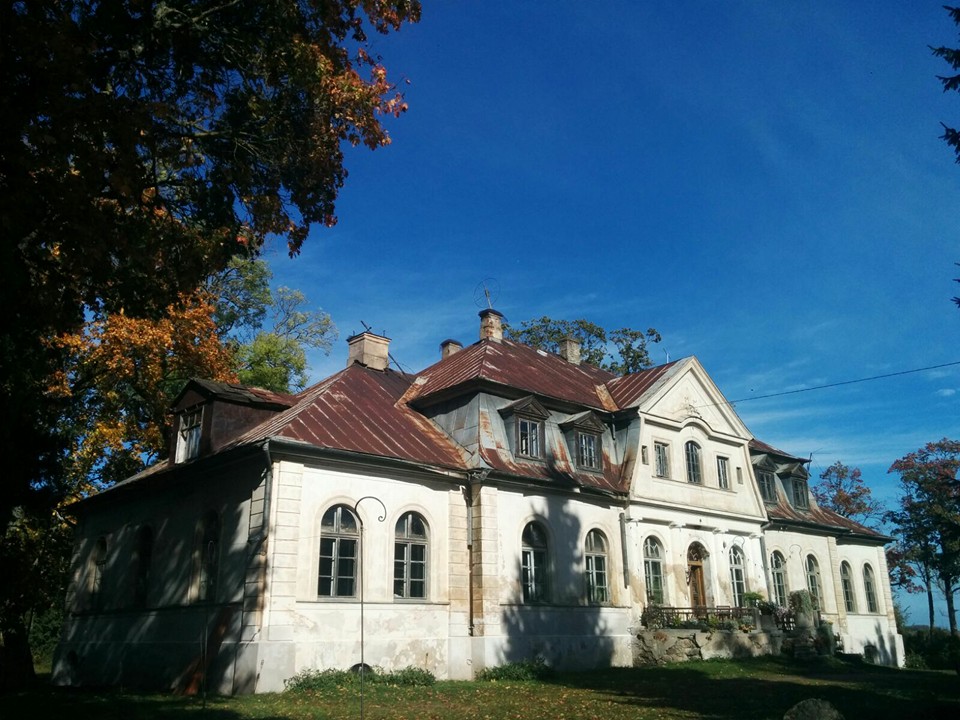
Abgunste Manor & Smart Village, Zaļenieki, Zaļenieki Parish, Jelgava Municipality
WebsiteAbgunste Manor is currently one of the most vibrant cultural heritage sites in Jelgava Municipality, managed by the non-profit organization “The Creativity Hub.” A young family with three daughters has relocated from Riga to Zaļenieki and is investing creatively and purposefully to transform the manor into an attractive destination for tourism and community activities.
Several Leader projects have been implemented – including the creation of open craft workshops, a ceramics kiln, improving accessibility, and restoring the manor granary.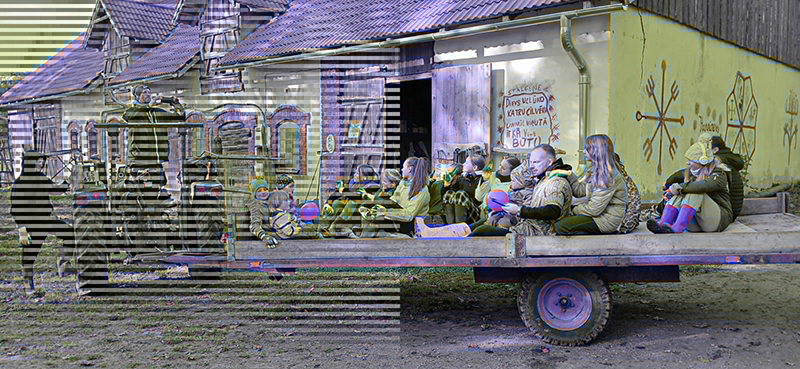
The hosts are members of the Zaļenieki Parish Residents’ Association
WebsiteIf time permits, we’ll also visit their swing park.
The members of the Residents’ Association are individuals living or working in the parish who are dedicated to its development and quality of life. The association organizes and participates in events and projects to support the future development of the village and parish, representing local community interests at the municipal and national levels. It promotes the positive image of the area and helps attract potential new residents, entrepreneurs, and skilled workers.- #4: Science Meets Aesthetics
9:00 Departure from Rīga Stradiņš University 10:30 Arrival in Dobele 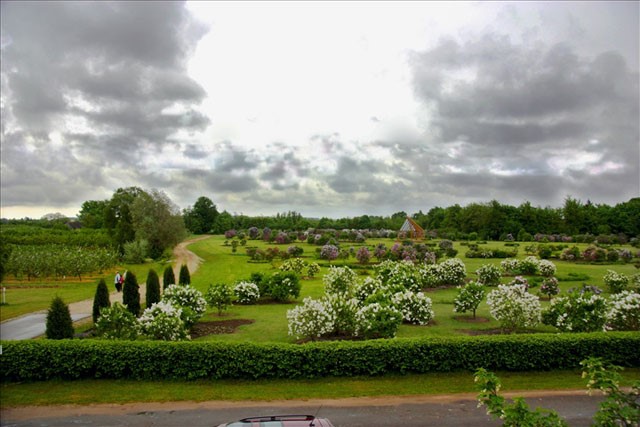
Institute of Horticulture, Dobele
WebsiteThe Institute of Horticulture is a leading research centre dedicated to fruit and vegetable cultivation. Established in 1945 and currently under the Latvia University of Life Sciences and Technologies, the institute focuses on developing plant varieties suited to the Baltic Sea region's climate, promoting sustainable growing practices, and advancing food processing technologies. Its Lilac Garden, one of Europe's largest, showcases over 240 lilac cultivars, many bred by renowned Latvian horticulturist Pēteris Upītis, and hosts cultural events like classical music concerts during the blooming season. Visitors can explore diverse orchards featuring cherries, apples, plums, and berries, and enjoy seasonal products such as fruit ice creams, juices, and syrups at the on-site shop. The institute also offers educational programmes, scientific consultations, and operates the Pēteris Upītis Horticultural Museum, celebrating Latvia's rich horticultural heritage.
10:30–11:30 Info on the diverse activities pursed by the Institute, visit to the laboratories 11:30–12:30 Walk through the lilac and cherry garden, incl. tasting of cherries 12:30–13:30 Picnic lunch in the garden 13:30–14:30
Transfer to Pilsrundāle
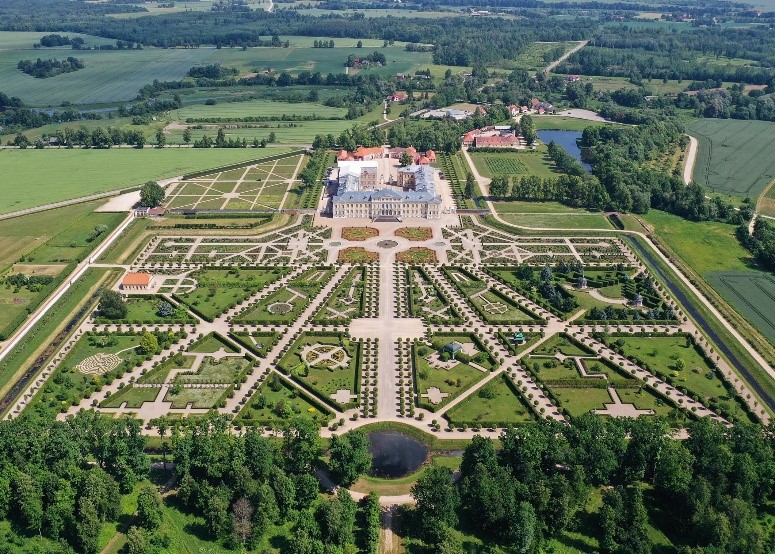
Rundāle Palace, Pilsrundāle
WebsiteRundāle Palace, located in the picturesque countryside of southern Latvia, is one of the most outstanding examples of Baroque and Rococo architecture in the Baltics. Designed by Italian architect Bartolomeo Rastrelli in the 18th century, the palace served as a summer residence for the Duke of Courland. Visitors can explore its opulent halls, richly decorated with frescoes, stucco work, and period furnishings. Surrounding the palace is a beautifully restored French-style garden, featuring symmetrical flowerbeds, manicured lawns, ornamental fountains, and rose gardens that bloom spectacularly in summer, offering a serene and elegant retreat.
14:30–16:00
Free time in the park of the Rundāle Palace – French garden, Rose garden (entrance fee of EUR 6, centrally covered by the organisers); optional purchase of 20 minute-ride on electromobile with audio-guide on the garden and its history (EUR 5) and/or individual tour of the Palace (EUR 12).
16:00 Departure from Pilsrundāle 17:30 Arrival at Rīga Stradiņš University - #5: Engure Nature Park
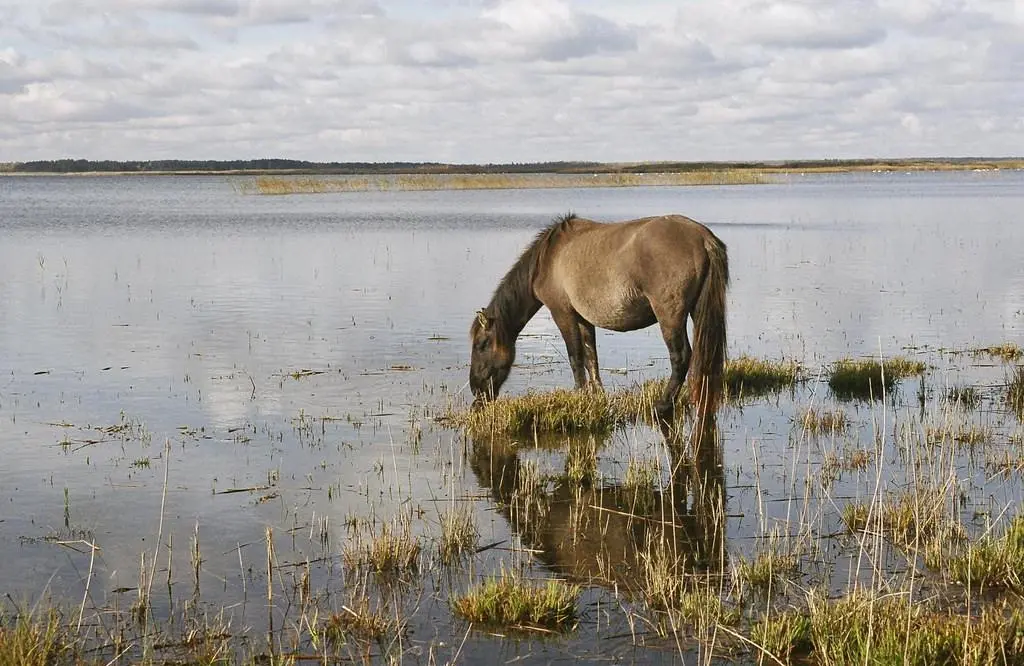
Engure Nature Park is one of Latvia’s most ecologically valuable protected areas, playing a vital role in biodiversity conservation and sustainable habitat management. It encompasses Lake Engure – one of the largest coastal lakes in the Baltic region – along with surrounding wetlands, meadows, and forests, supporting a wide range of ecosystems from freshwater habitats and calcareous fen meadows to coastal wetlands and forests.
Lake Engure Ornithological Reserve, is among the richest bird habitats in Latvia. Approximately 200 bird species nest here, including globally threatened species such as the white-tailed eagle, the corncrake and the eagle owl. The nearby Gulf of Riga shoreline is also one of the most important moulting areas for goldeneye ducks. Observation towers around the lake provide ideal opportunities for birdwatching. Lake Engure itself supports fish species such as rudd and tench, along with smaller populations of perch and pike. Grazing animals, including Latvian Brown and Highland cattle, as well as Polish Konik horses, roam freely across the meadows.
The park is equally important for its botanical and landscape values. The area around Lake Engure is one of the floristically richest in Latvia, home to 860 species of vascular plants. The 3,5 km Orchid Trail allows visitors to discover 22 native orchid species in their natural environment during the peak blooming season from late June to early July.
During the excursion, participants will also visit Zvejnieku sēta Dieniņas, a traditional Latvian fisherman's homestead that offers a glimpse into the coastal fishing heritage of the region. Over the course of two hours, guests will have the opportunity to explore the historic buildings, tools, and exhibits that reflect the everyday life of coastal fishermen in past centuries. The visit includes engaging stories about fishing traditions, boat building, and the importance of the sea in local culture.
- #6: Local Entrepreneurialism
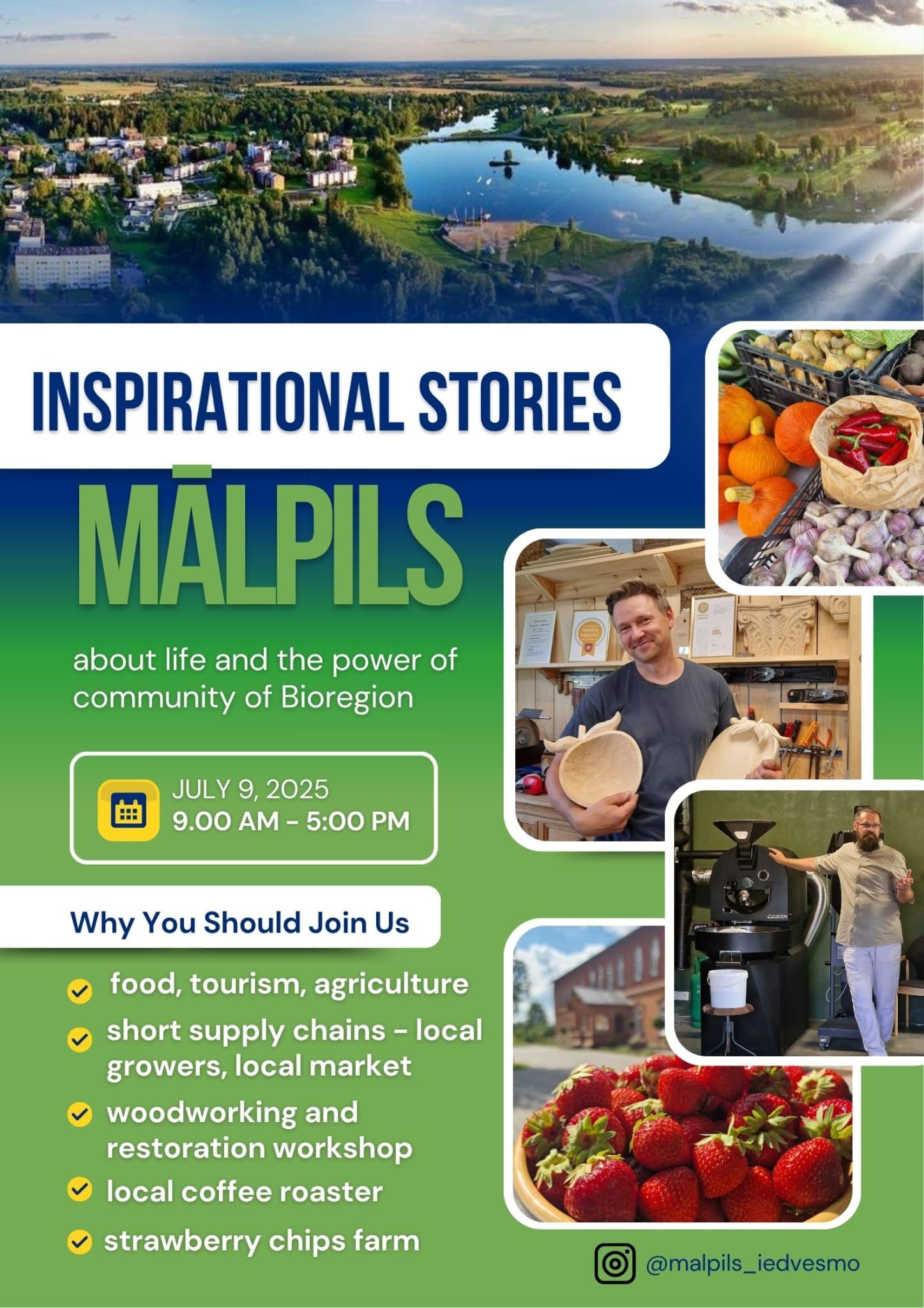
Inspiration stories about life and the power of Mālpils community in Bioregion
We will meet active and inspiring community leaders to hear and see their experience in creating and connecting community entrepreneurs on food, tourism and agriculture, revitalizing short supply chain - a local market with local producers, and visiting woodworking and restoration workshop, local coffee roaster and strawberry chips farm who also organizes annual Strawberry festival (check it @ Mālpils Iedvesmo).
- #7: Bioregion and Rural Transformation
This full-day excursion is designed for social science researchers interested in rural development, environmental governance, and place-based policy. The session will feature insights into the emerging Bioregion initiative—highlighting both best practices and governance challenges involved in fostering regionally rooted development strategies.
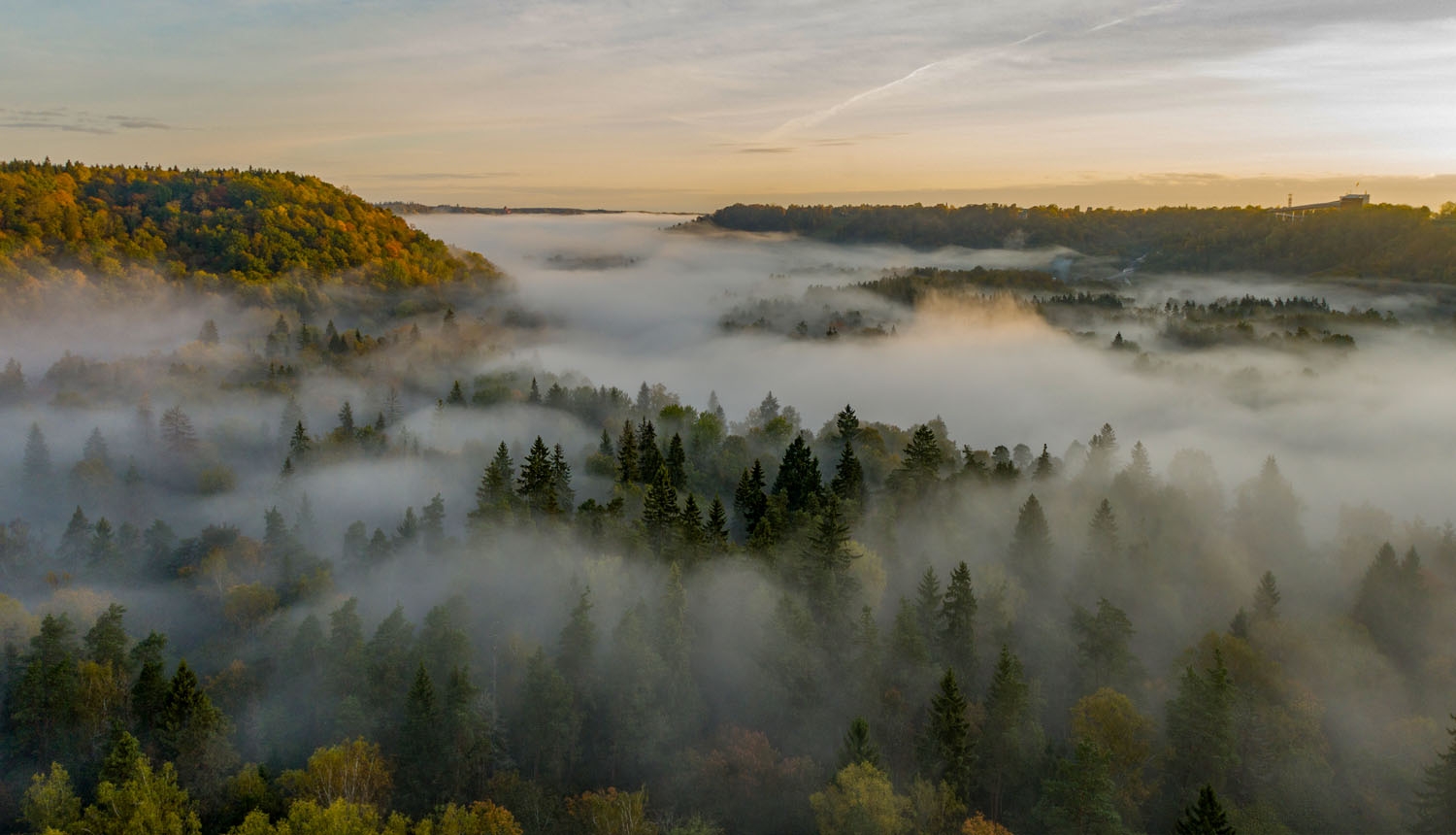
Photo by Jānis Zilvers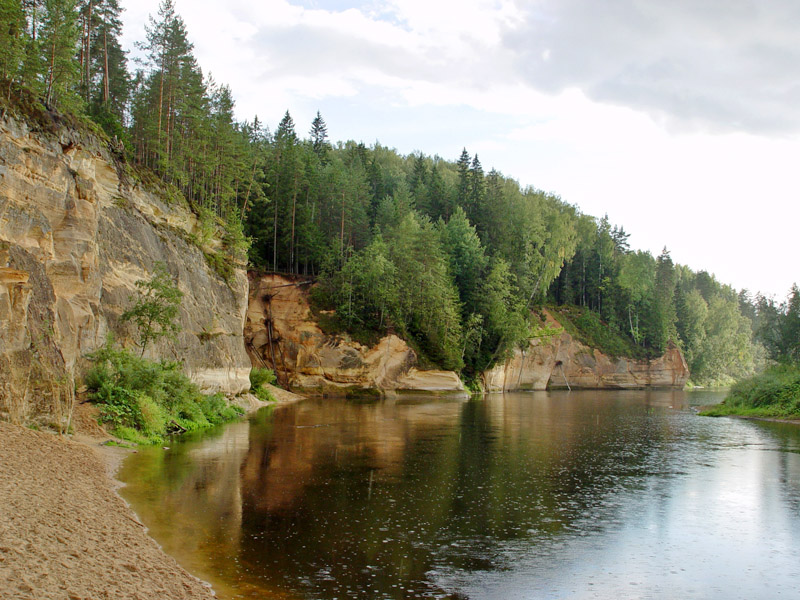
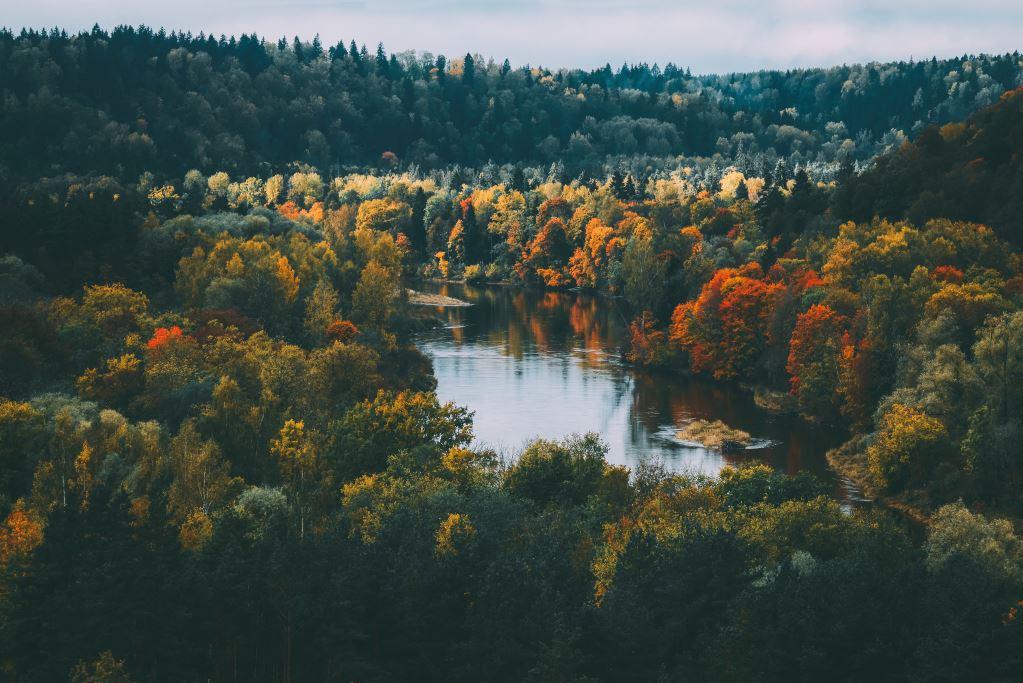
The tour will begin at the Priekuļi Research Centre, where participants will hear an introductory presentation on the Centre’s research focus, including its role in sustainable agriculture and rural innovation. The session will also feature insights into the emerging Bioregion initiative—highlighting both best practices and governance challenges involved in fostering regionally rooted development strategies.
Following the morning presentations, the group will visit the Latvian Field Plant Breeding Museum, which offers a historical perspective on plant breeding and agricultural development in Latvia. This part of the tour connects past agricultural practices with current efforts to promote sustainable and resilient food systems in rural areas.
The final part of the excursion will take participants to the Gauja National Park (pictured), the most prominent natural site within the Bioregion. Here, participants will embark on a short guided hike through the park’s diverse landscapes, reflecting on the ecological and cultural significance of natural heritage in bioregional planning. Throughout the day, the tour will encourage critical engagement with the complexities of rural transformation and regional sustainability.
- #8: Mobilising Community
10:00–11:00
SIA Pro Natural, brand femme.eco, Plakanciems, Ķekava district
Facebook pageSmall company that produces teas for women's health according to specially developed recipes, using biologically grown herbs and berries. Located in the territory of the Mežinieki community and collaborates with the community.
11:10–12:10
Community association For the development of Mežinieki neighbourhood, Plakanciems, Ķekava district
Website- Civic participation in Plakanciems and Mellupi neighbourhoods – how to mobilise and unite local people to act towards common goals and co-create attractive living environment in the neighbourhood. Interaction with the local government
- Meeting and discussions with a representative of the association
- Site visits in the area to have a look at actually implemented projects with participation of the association
The social enterprise Dabas zirgi (Nature Horses) also operates in the territory of the Mežinieki community. Enterprise owner is the initiator of the community's activities.
Website12:10–12:45 Lunch break 12:45–13:20 Transfer from Plakanciems to Daugmale, Ķekava district 13:20–15:00
Community association Doing for Daugmale, Daugmale, Ķekava district
Website- Civic participation in Daugmale parish – how to mobilise and unite local people to act towards common goals and co-create attractive living environment in the neighbourhood. Interaction with the local government
- Meeting and discussions with a representative of the association
- Site visits in the area to have a look at actually implemented projects with participation of the association
- #9: Traditional Fisheries
We invite social science researchers to explore the unique cultural and historical landscape of coastal communities Baltic Sea Region through a guided visit to the Jūrmala Open-Air Museum.
Note: this is a half-day excursion.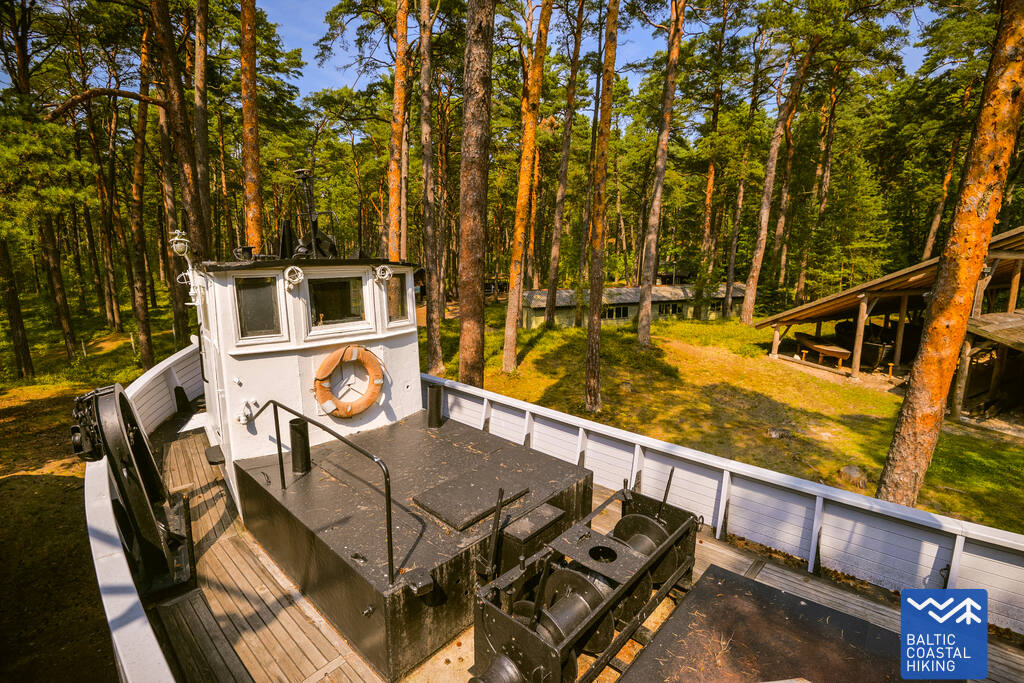
Situated in the territory of the coastal town of Jūrmala, the museum offers an immersive experience into the traditional life of local fishermen and their families. The preserved architecture, authentic household items, and historic fishing boats provide valuable insights into the livelihoods, seasonal rhythms, and socio-economic structures that have shaped this Baltic coastal region for generations.
The tour includes expert-led commentary focusing on the evolving identity of coastal communities, the impact of Soviet-era policies on local life, and contemporary challenges related to tourism, urbanization, and climate change. Participants will have the opportunity to engage with historical artifacts, participate in discussions on cultural resilience, and observe the interplay between natural environment and human settlement patterns. This visit promises to enrich understanding of the dynamics within small-scale coastal societies and contribute to broader comparative studies in social and environmental anthropology.

